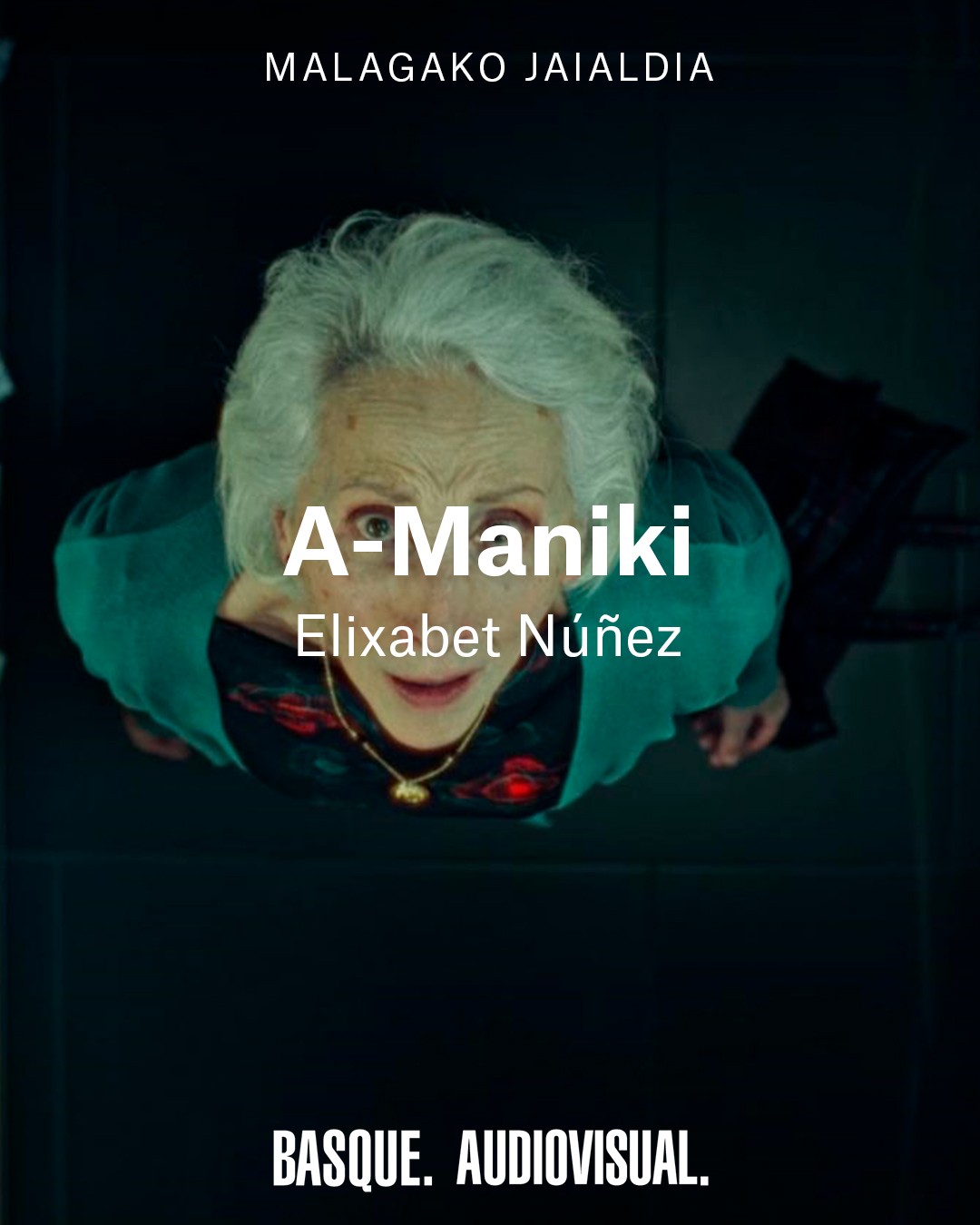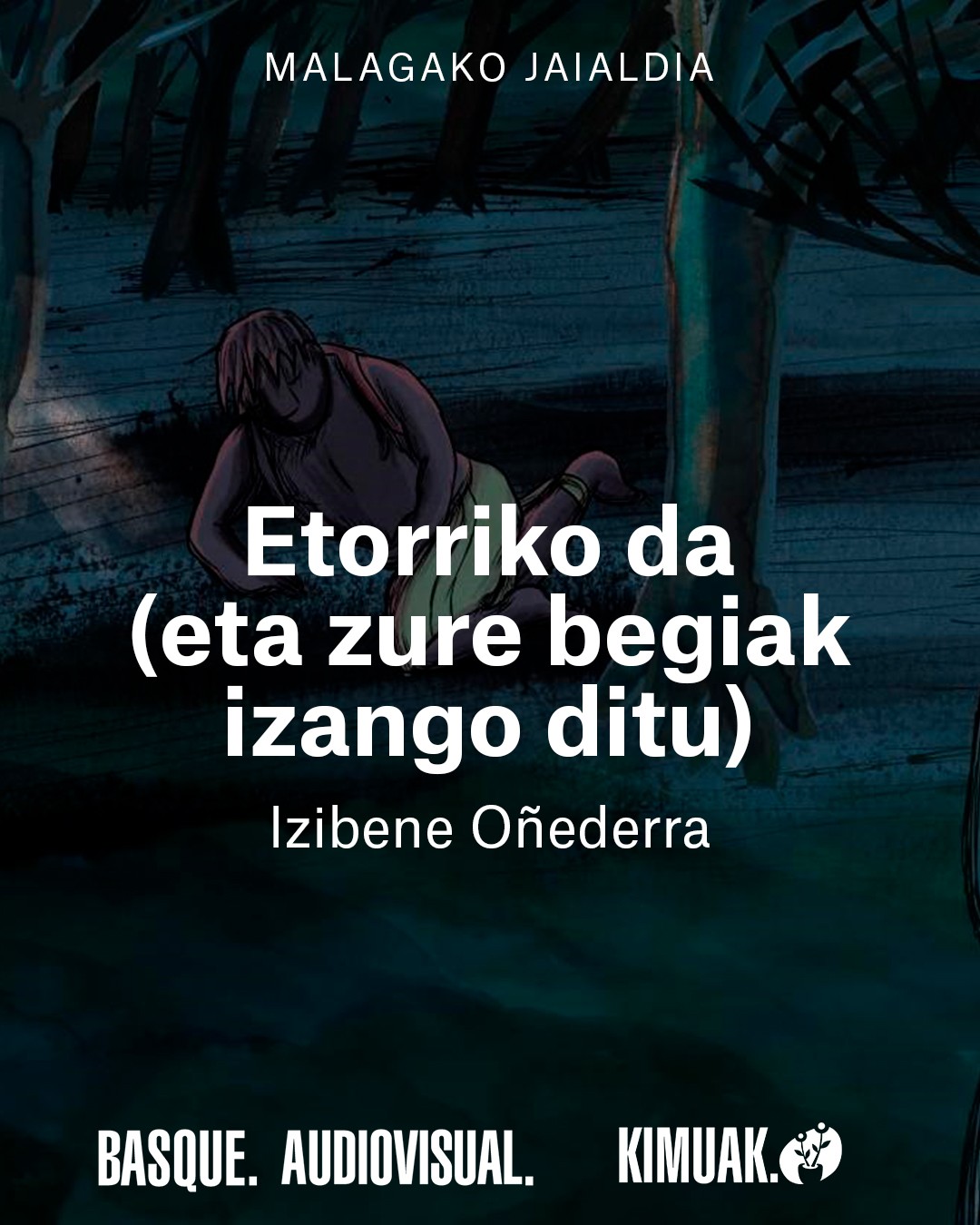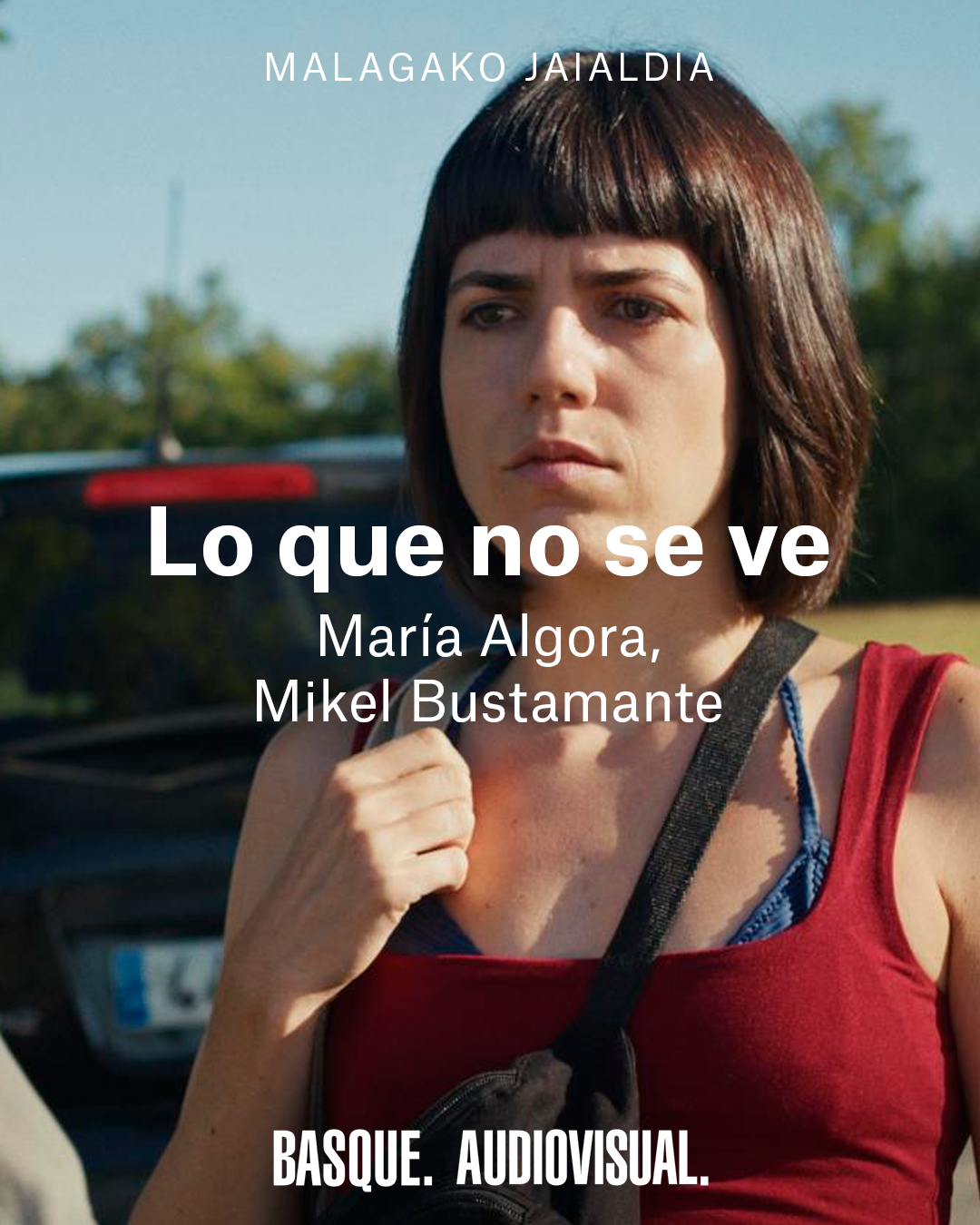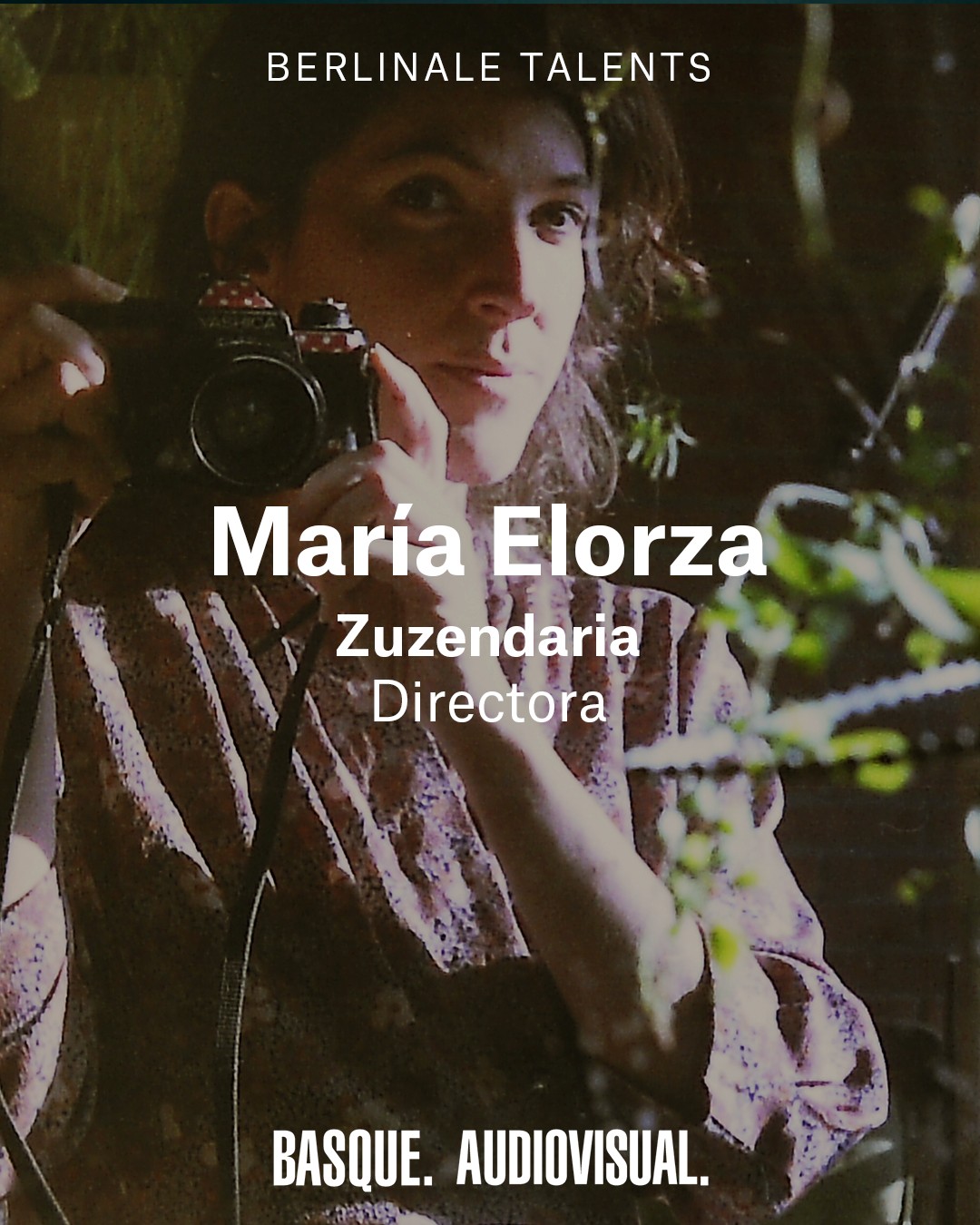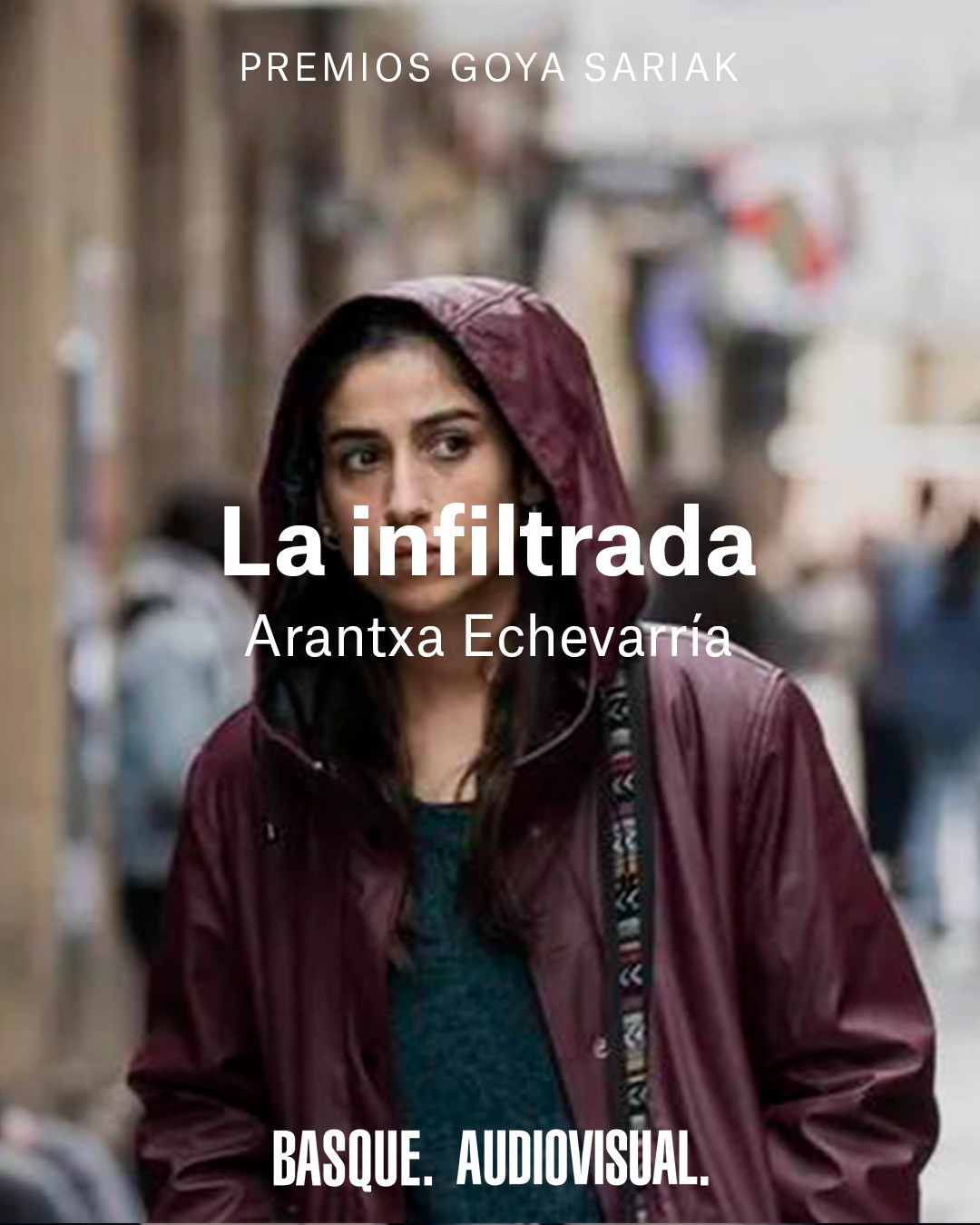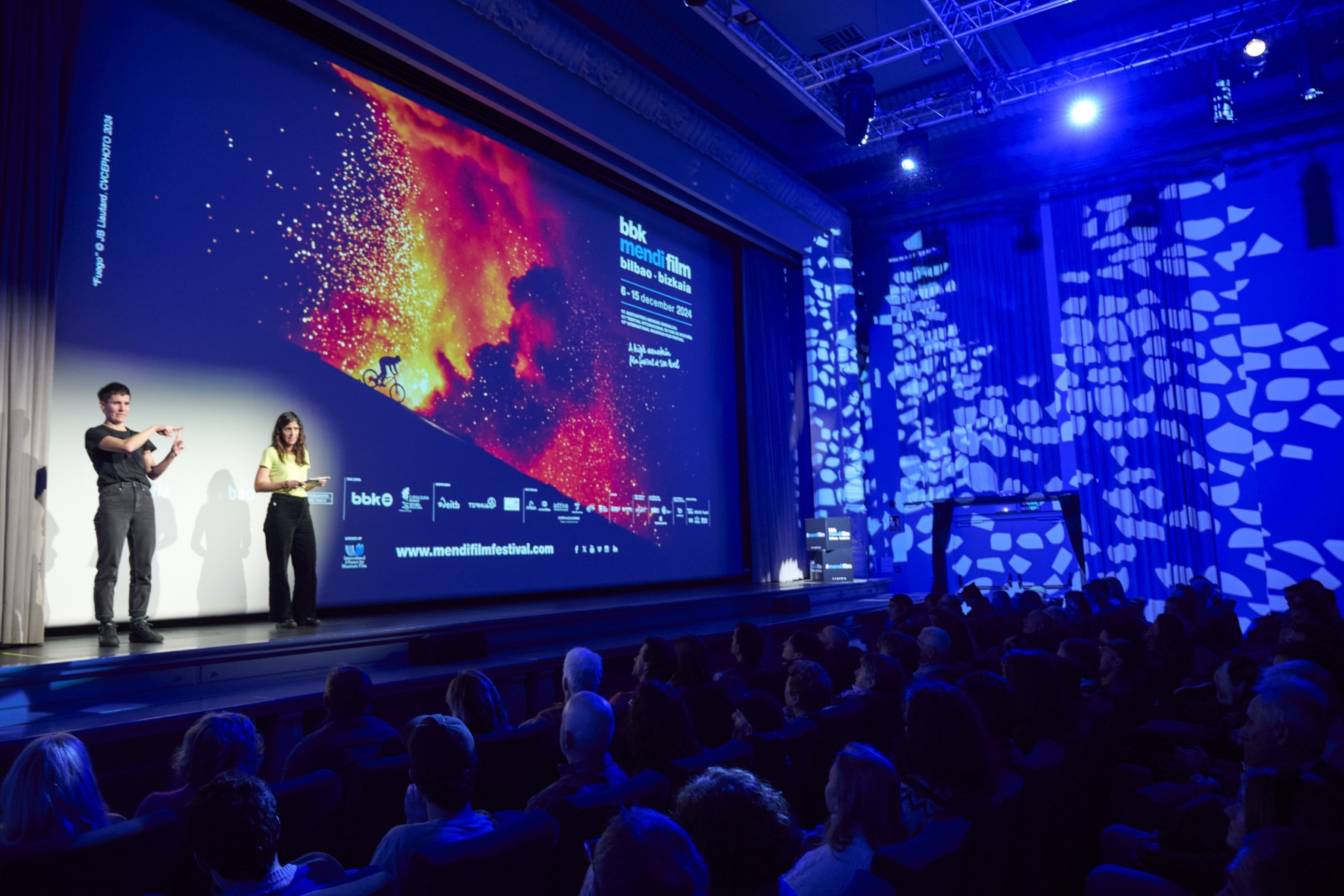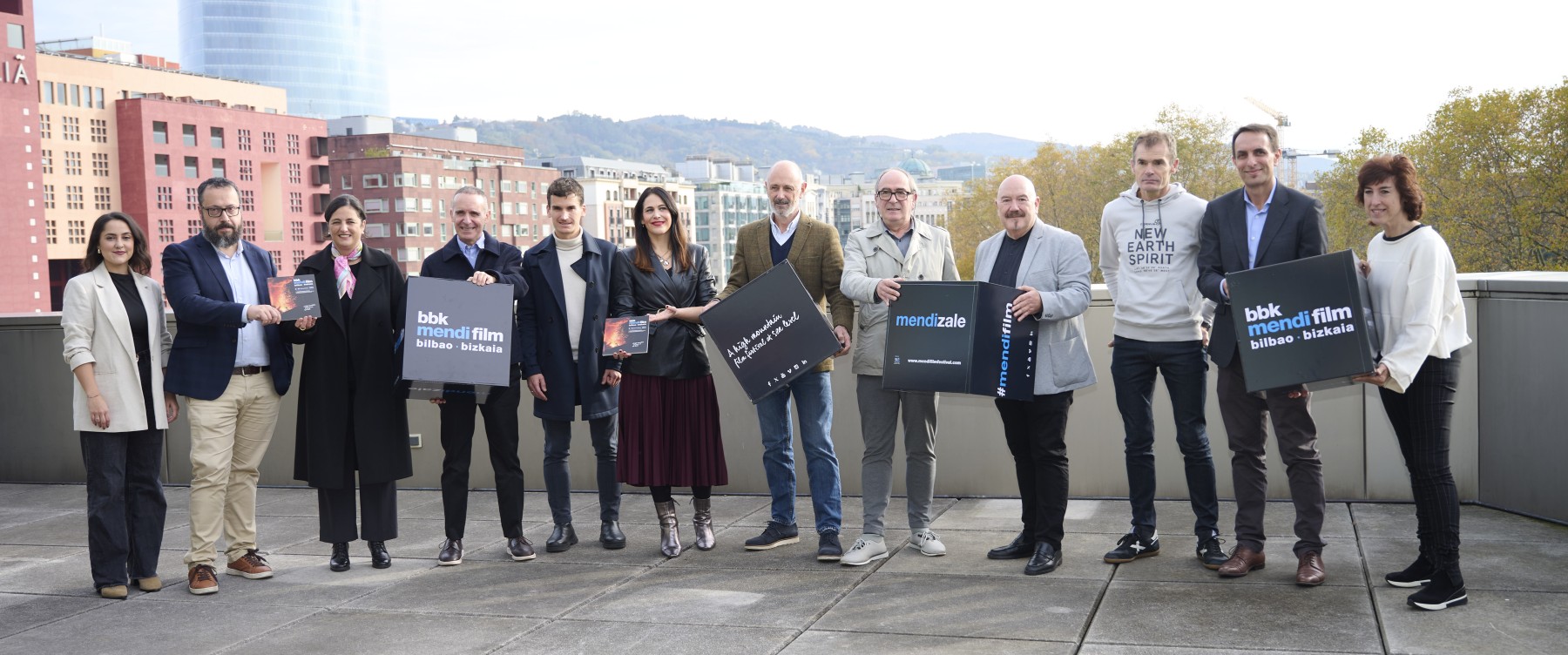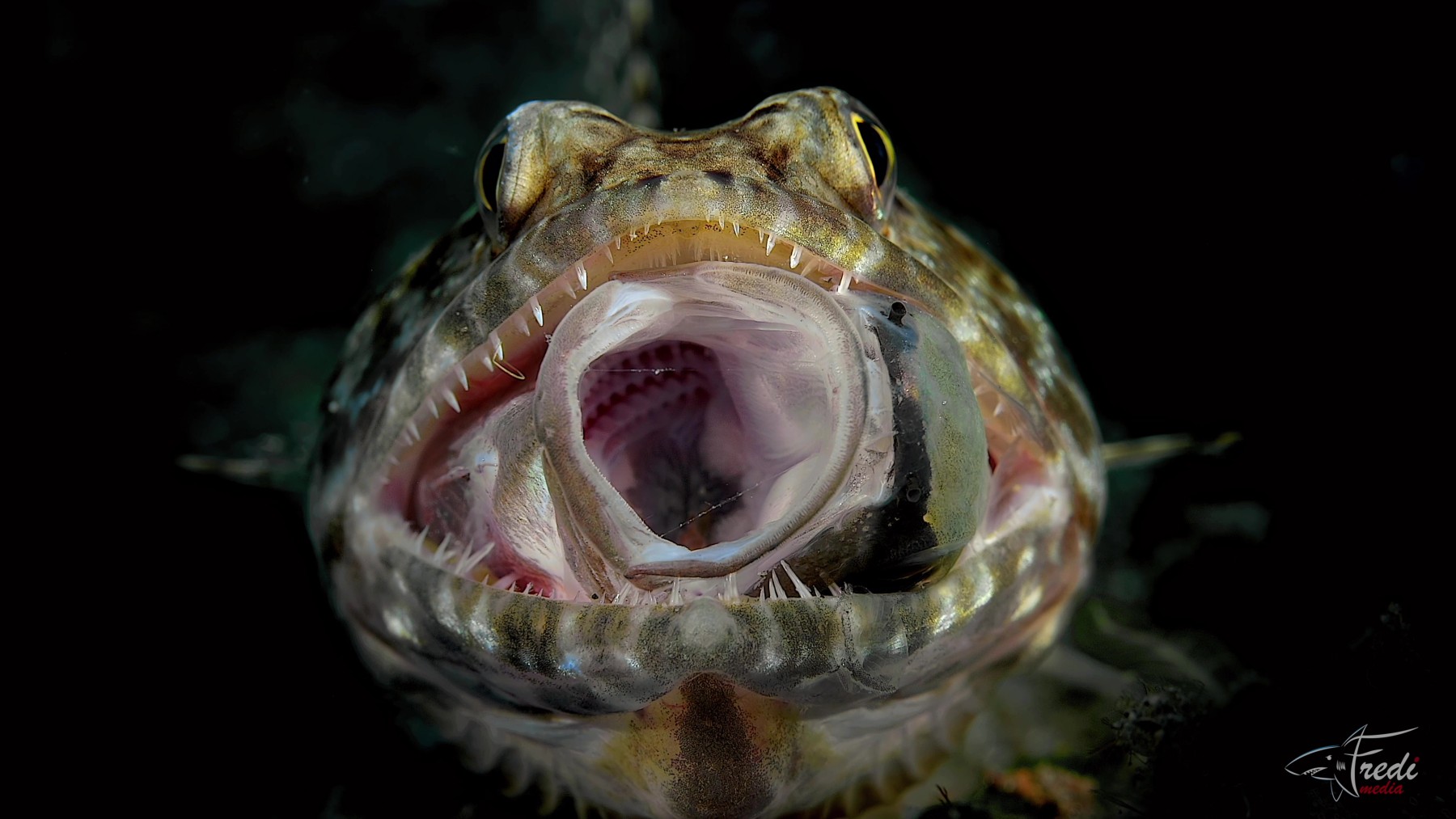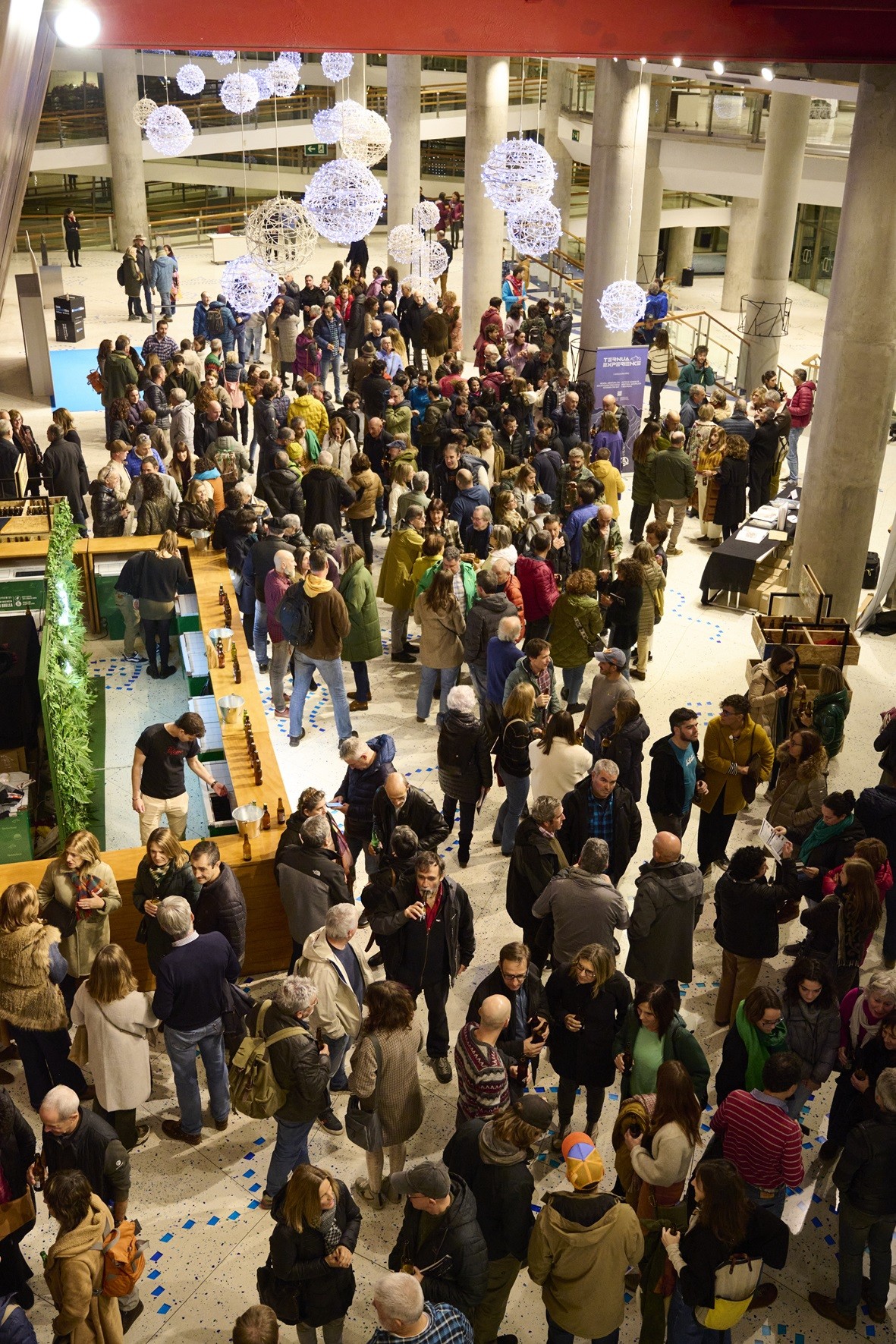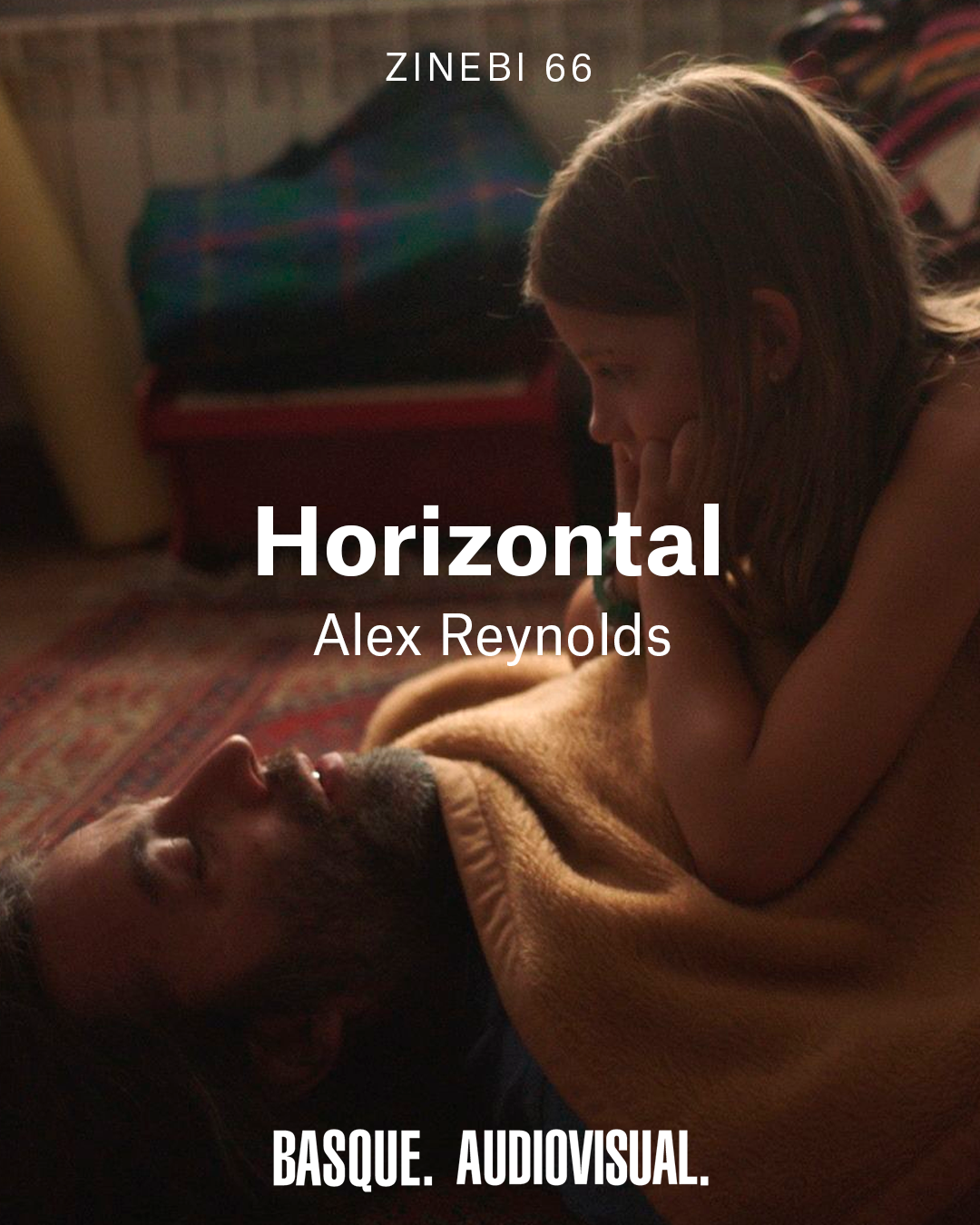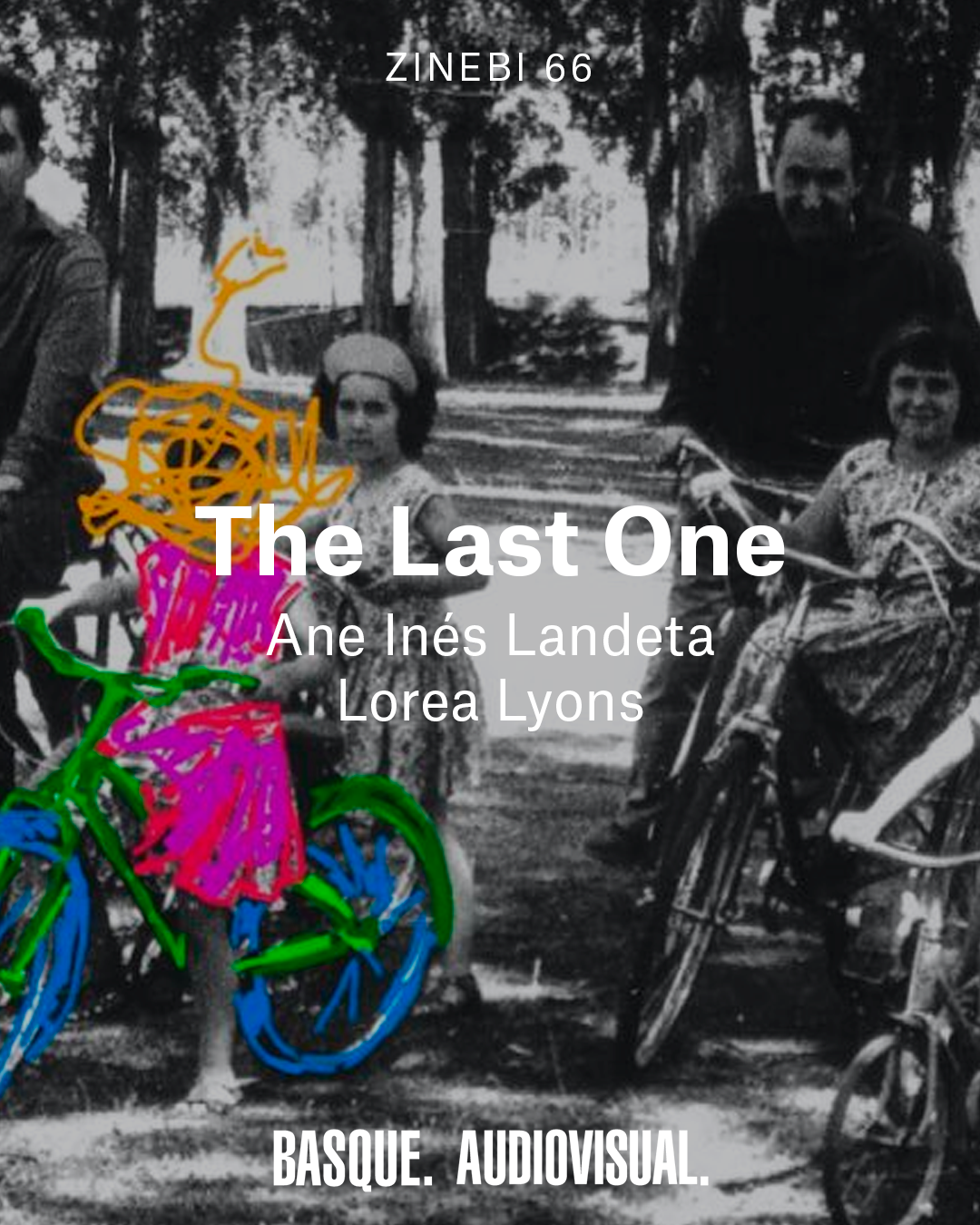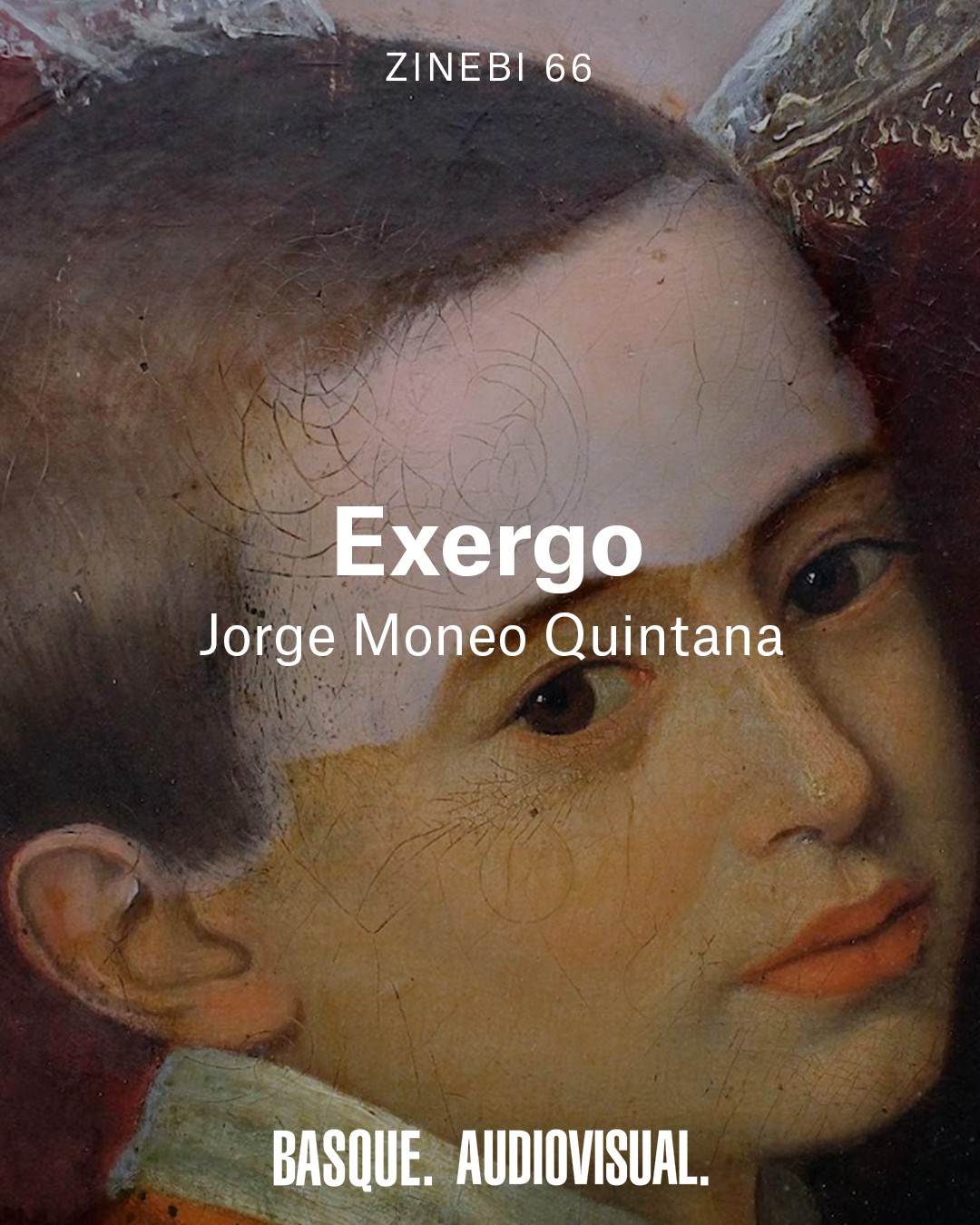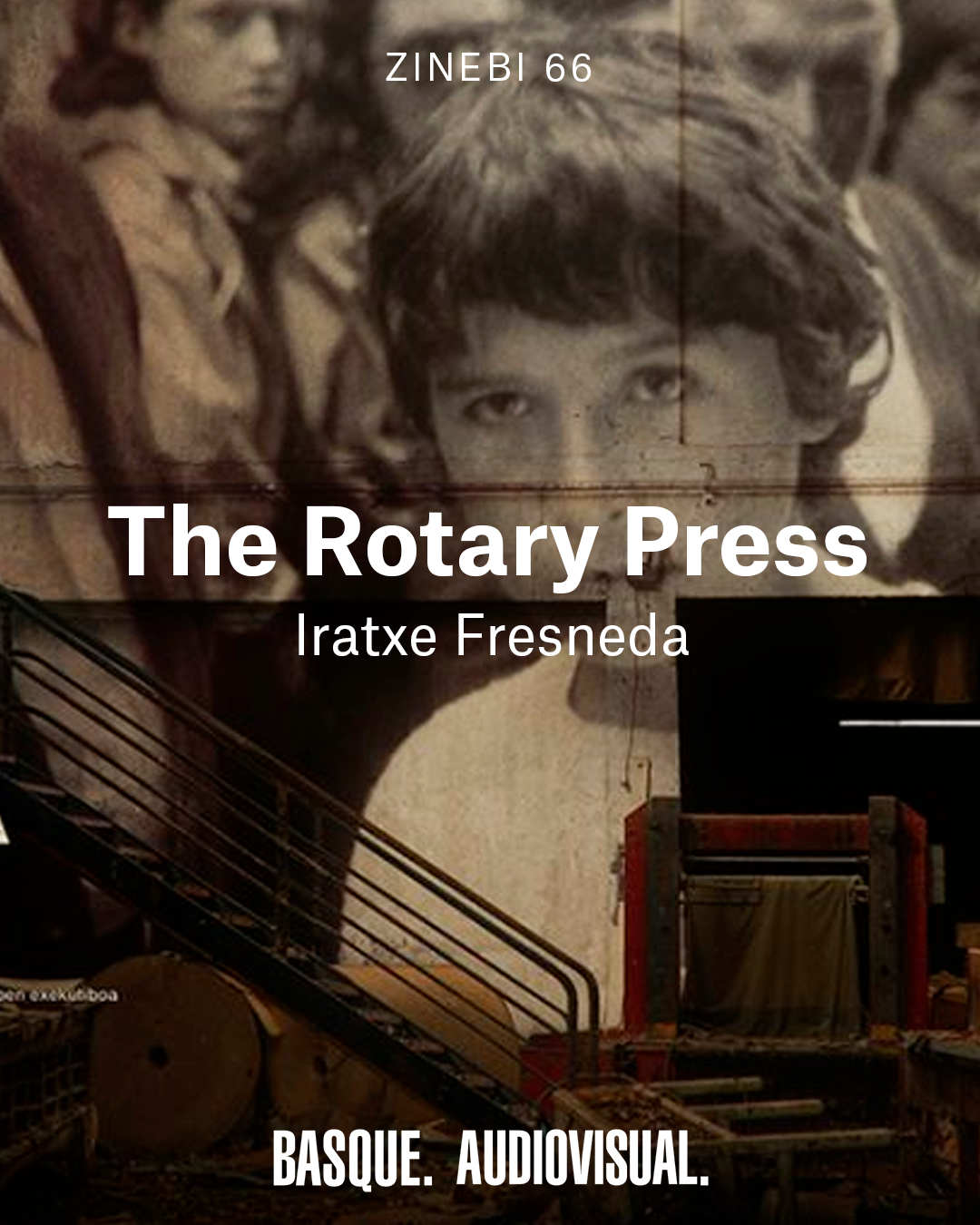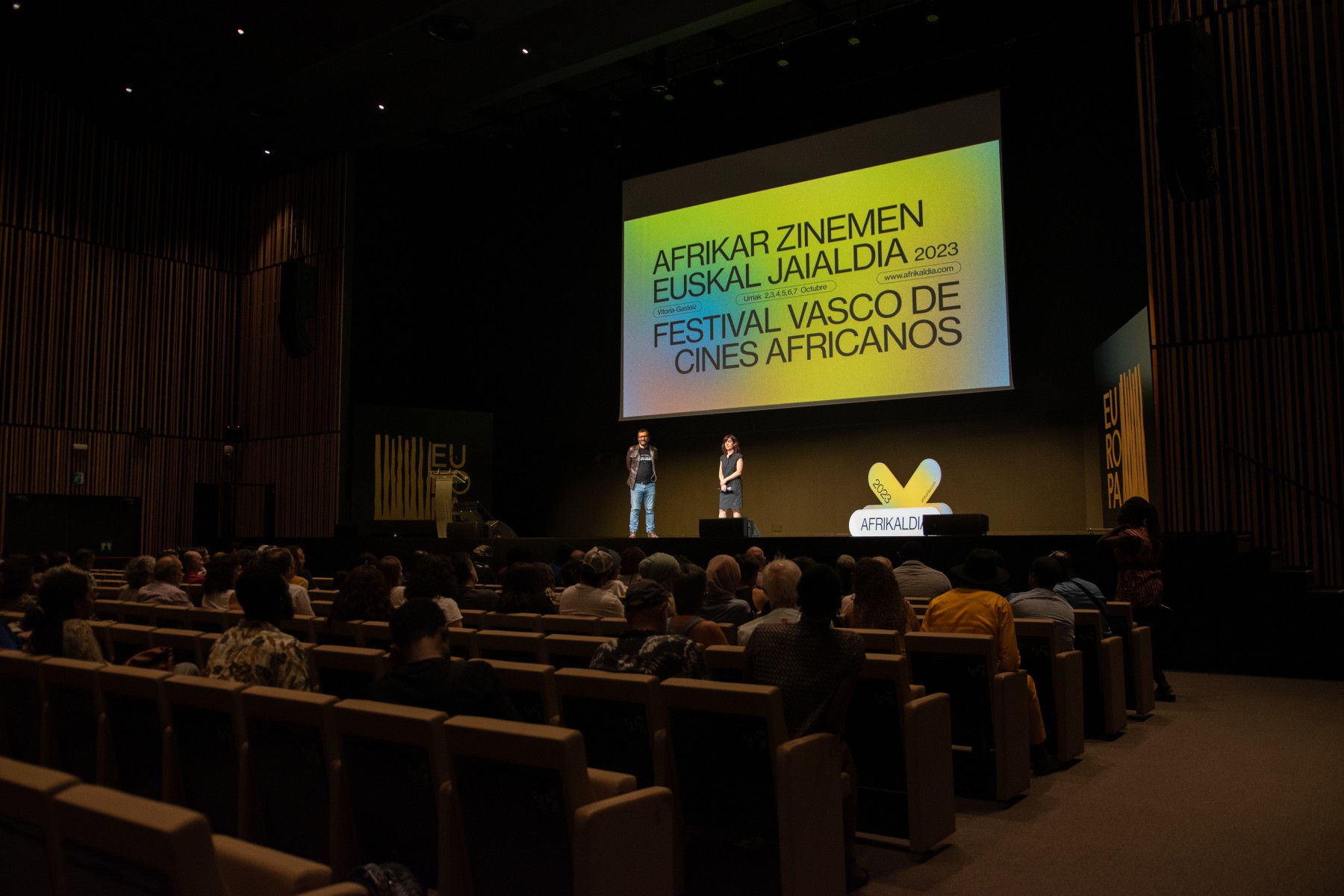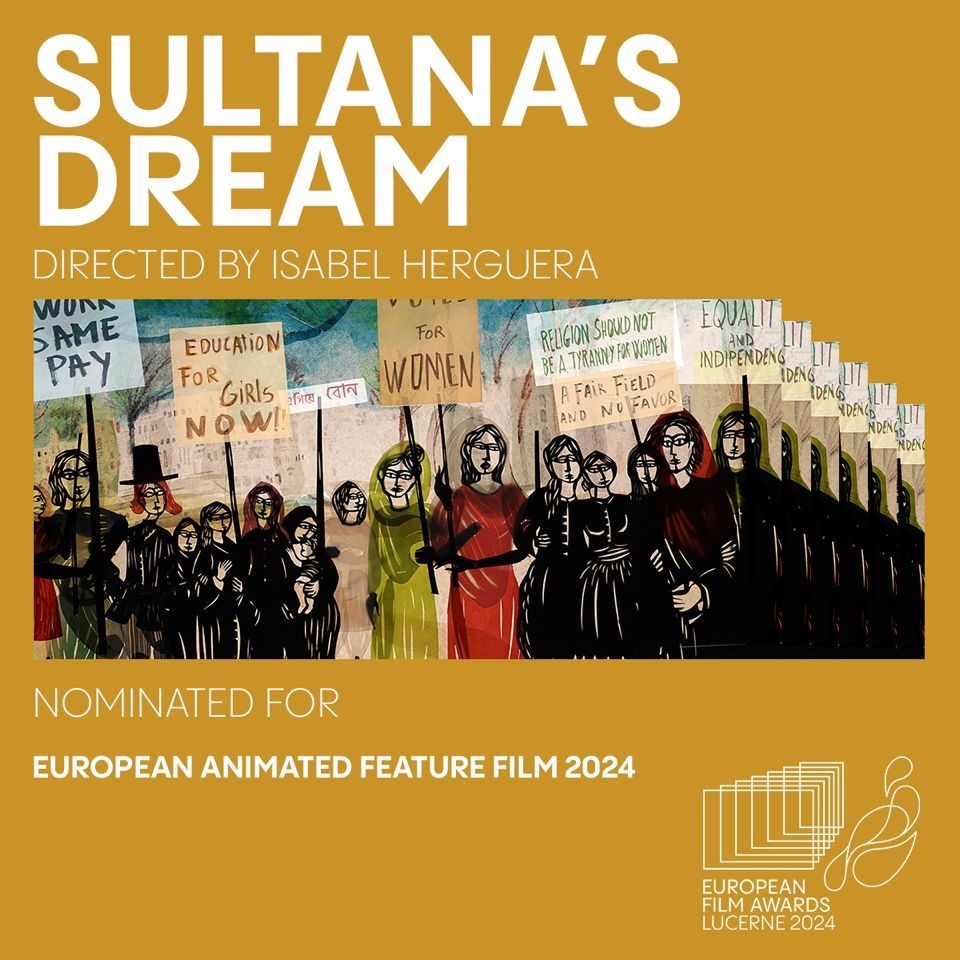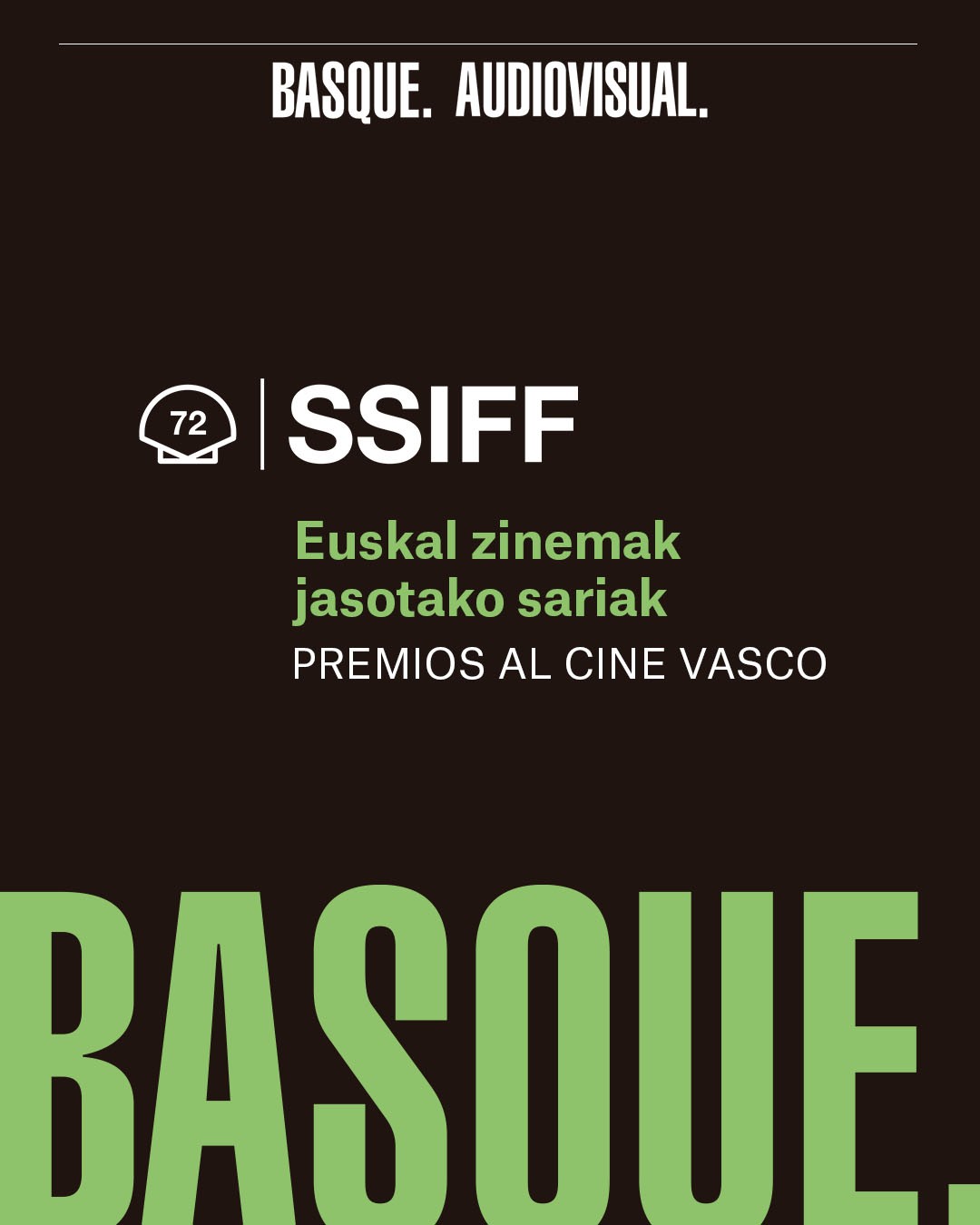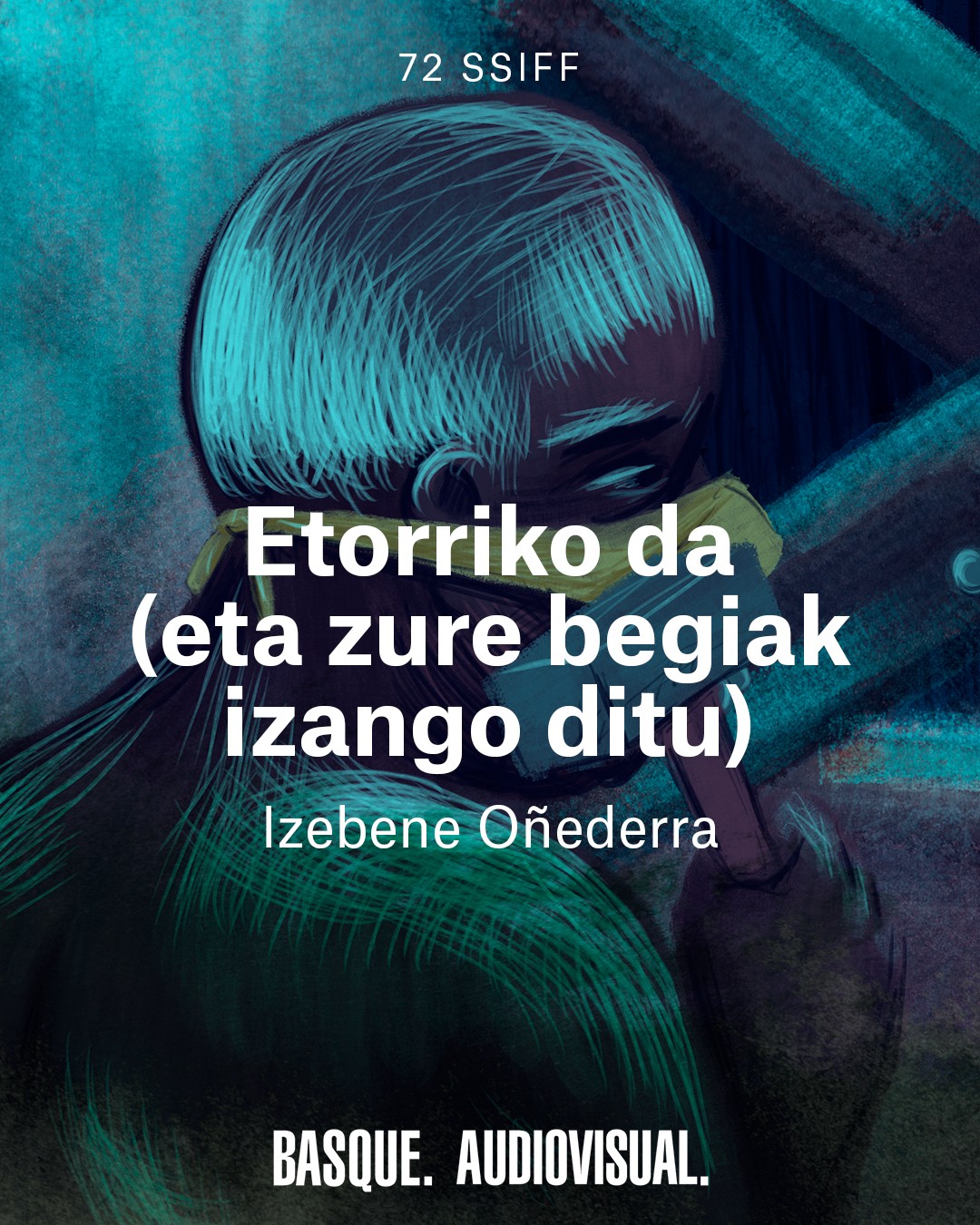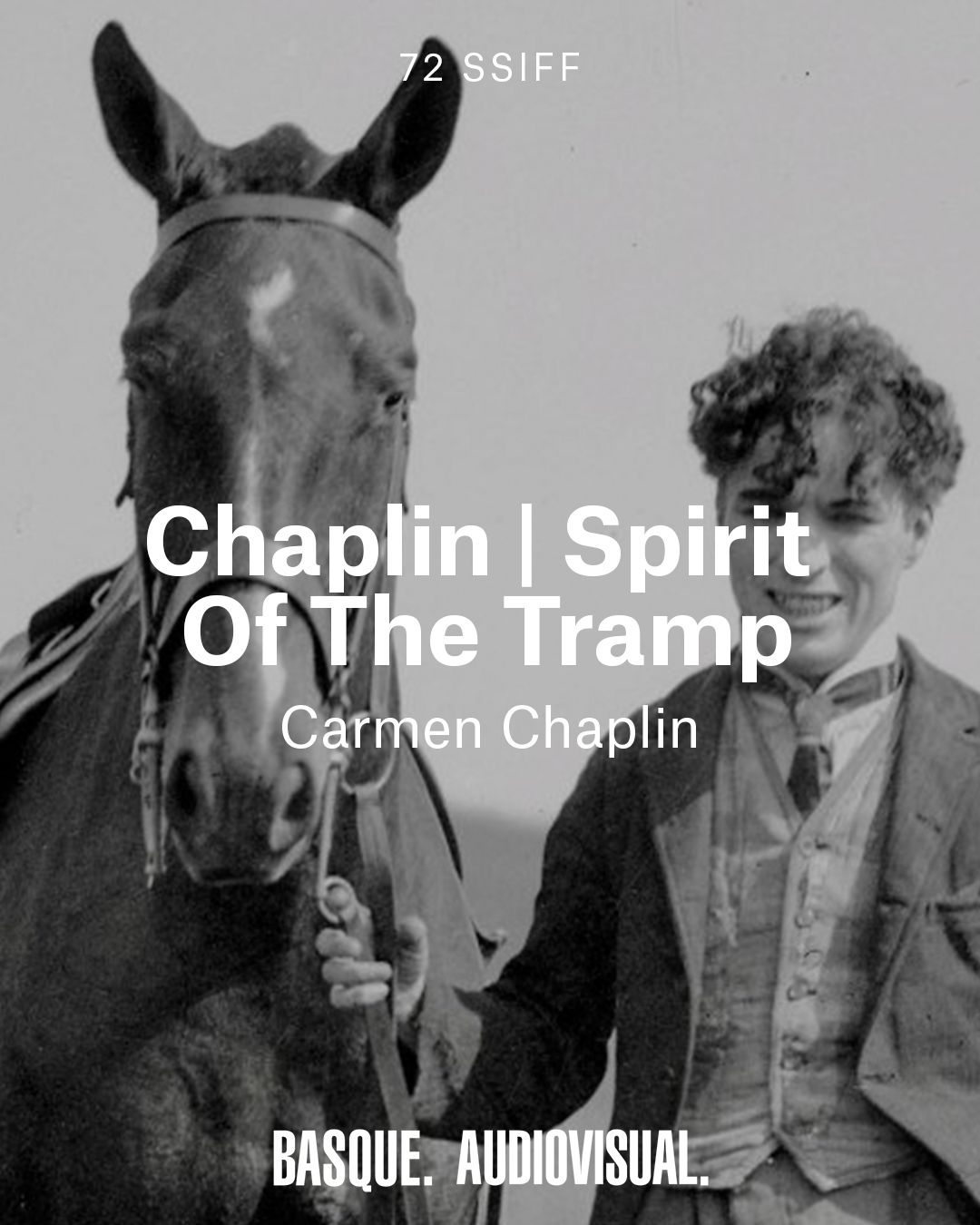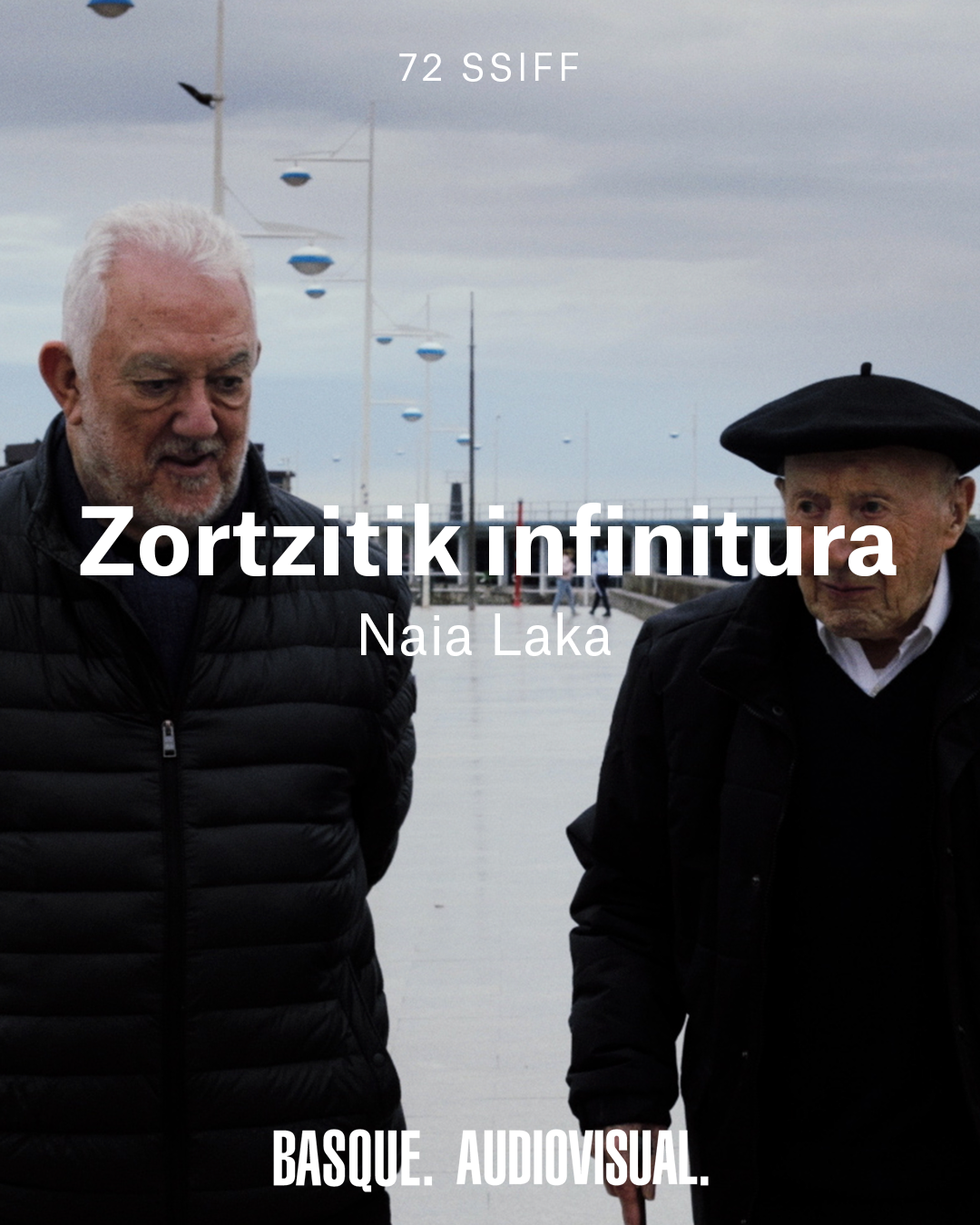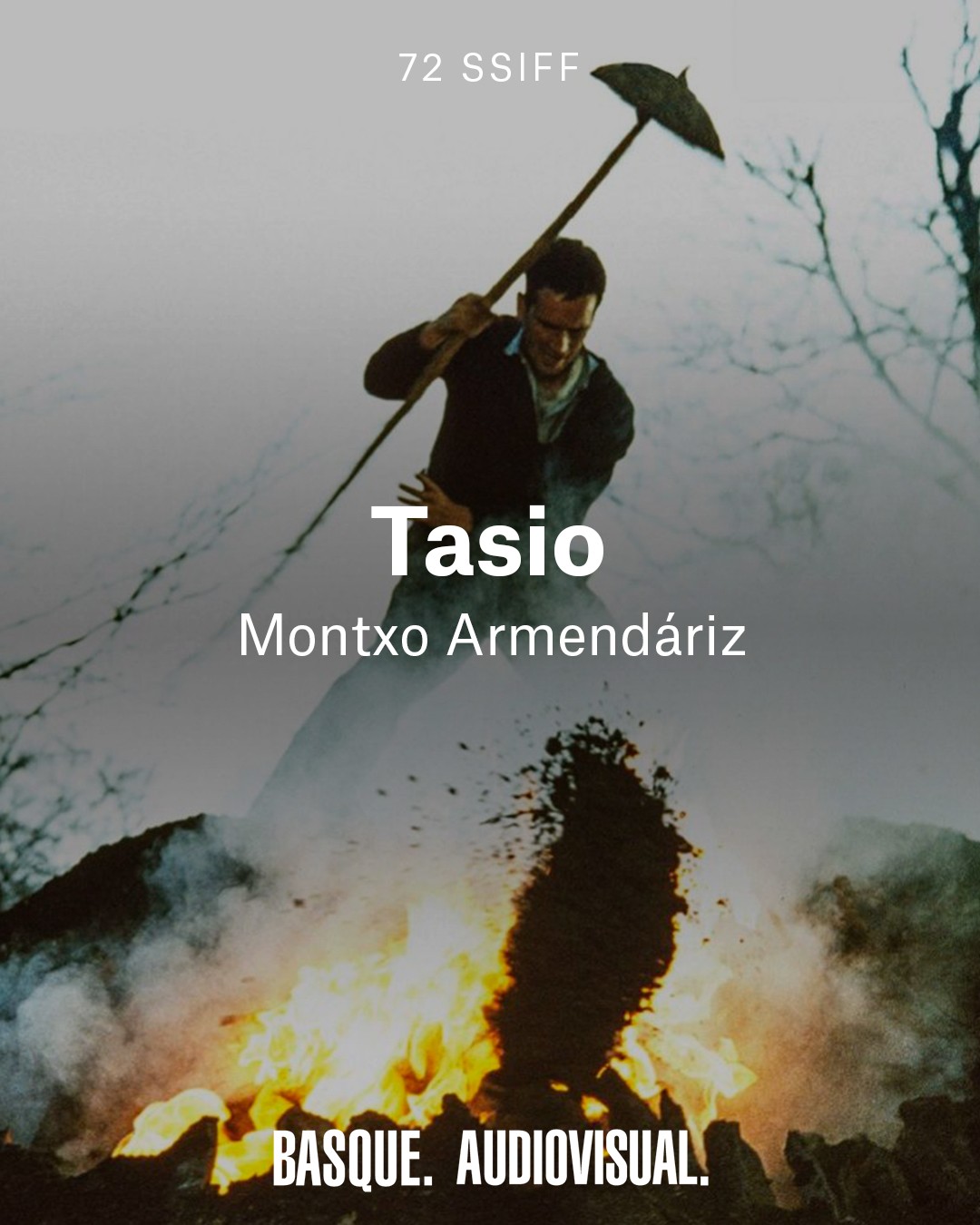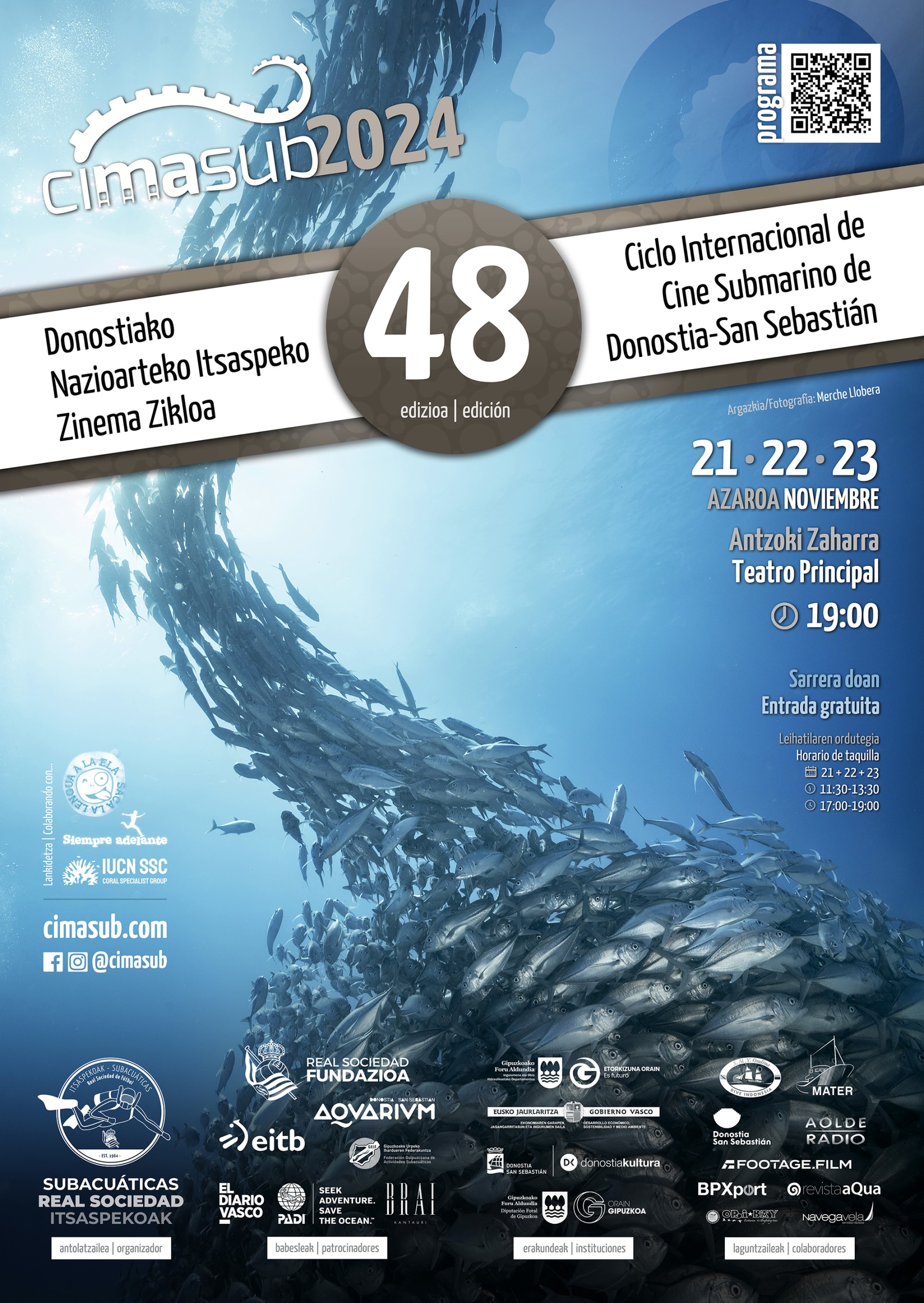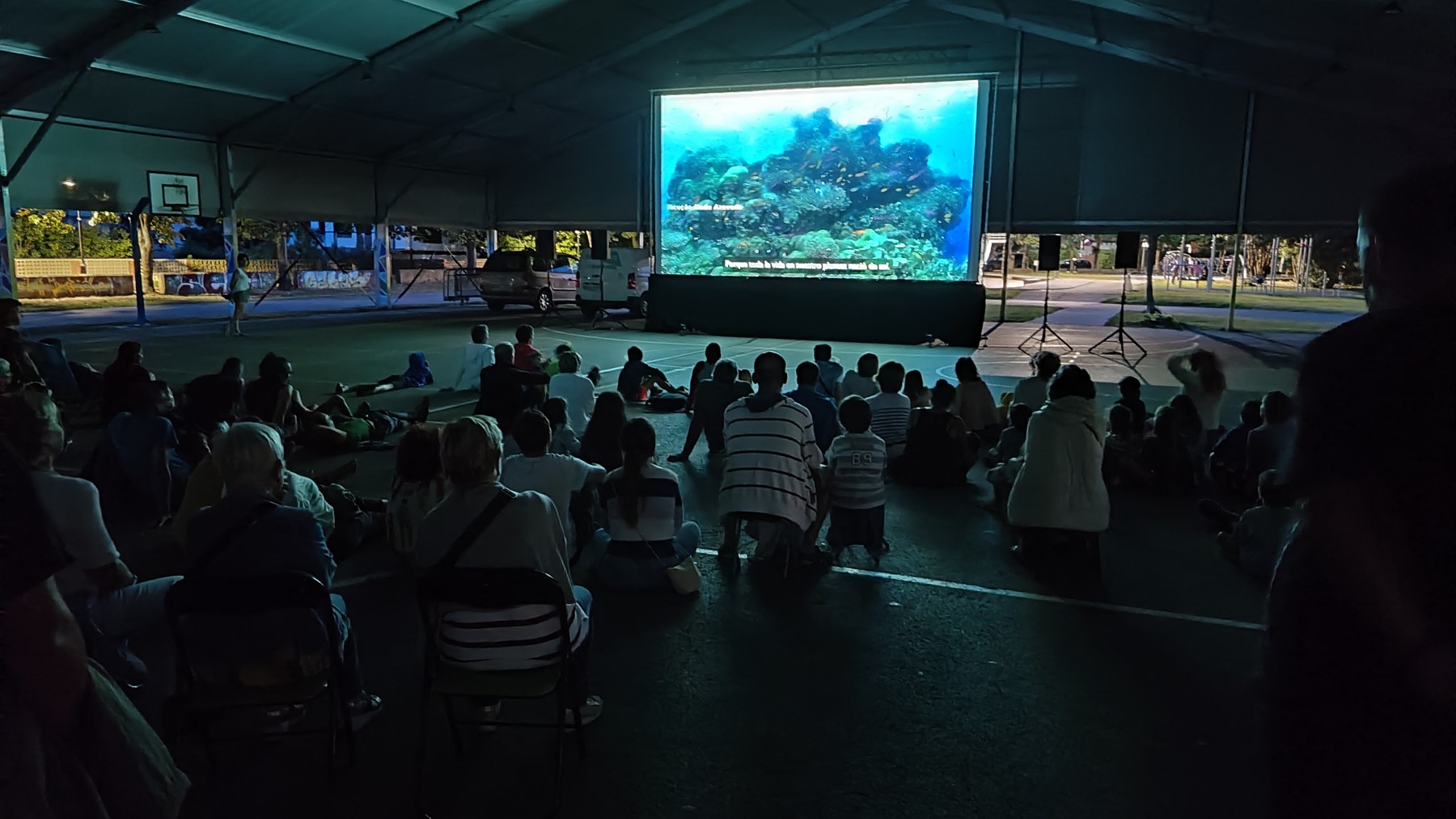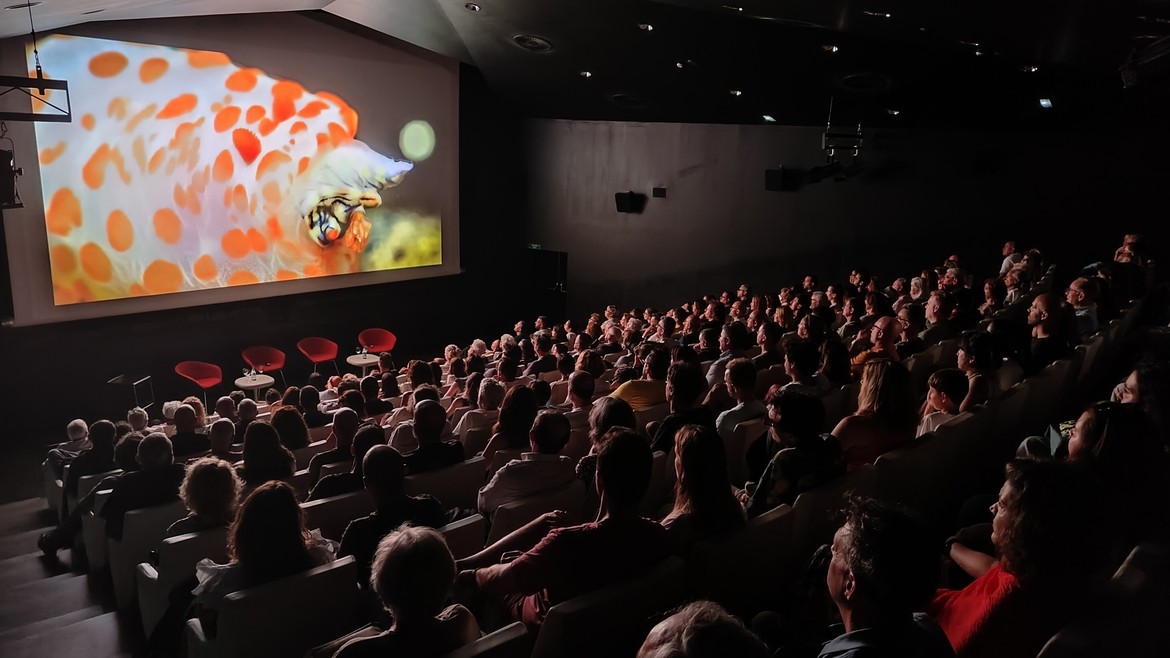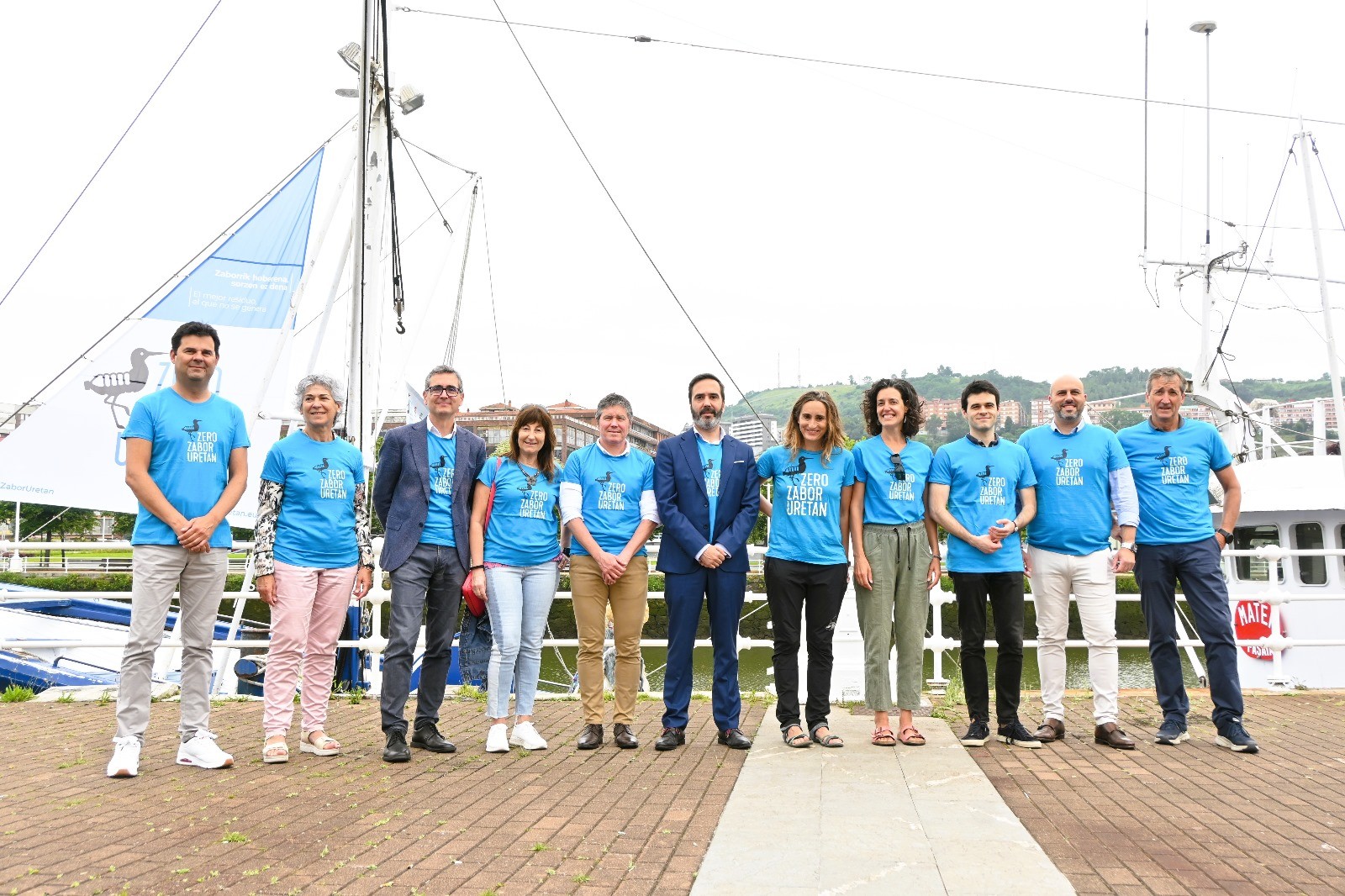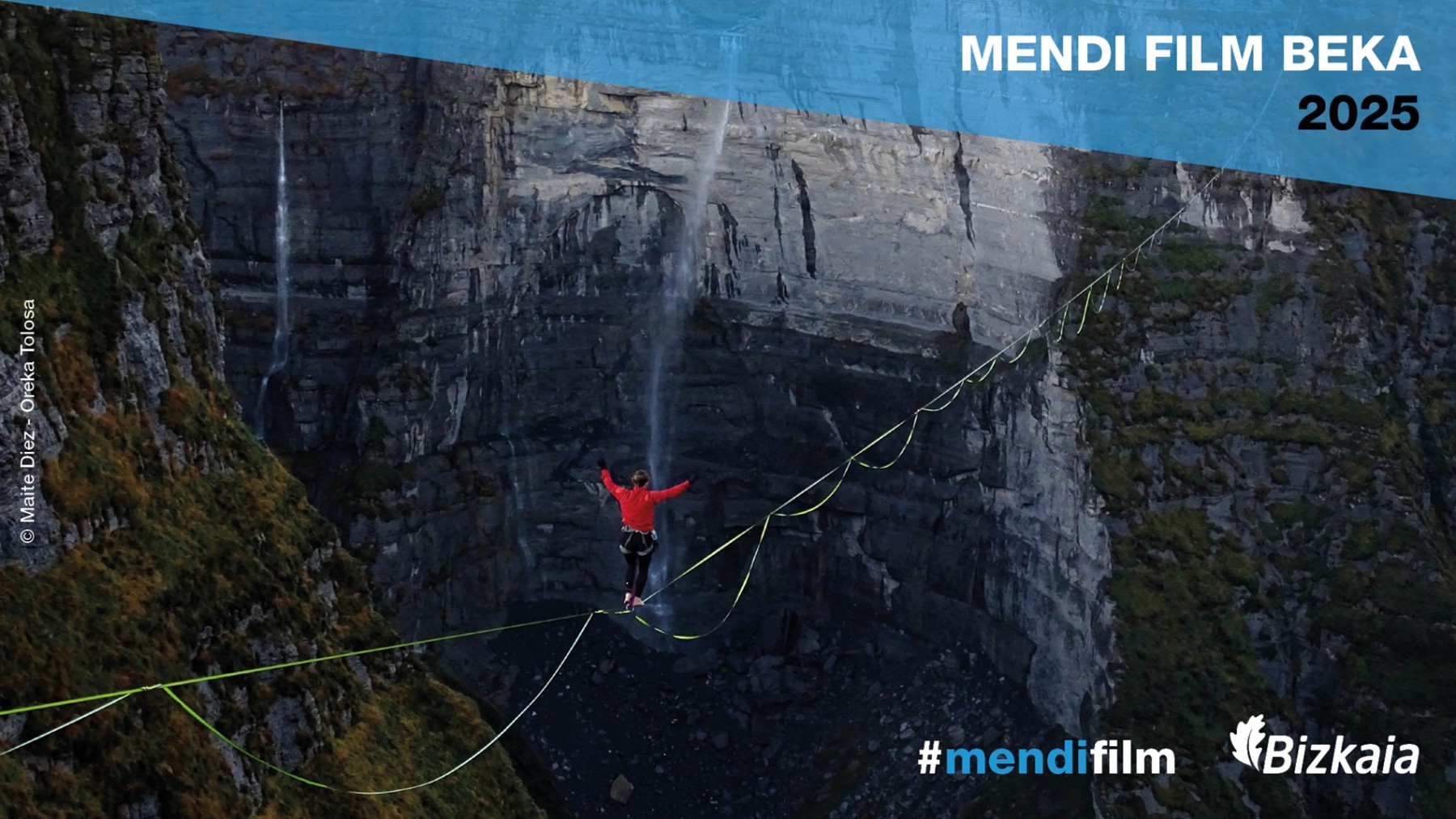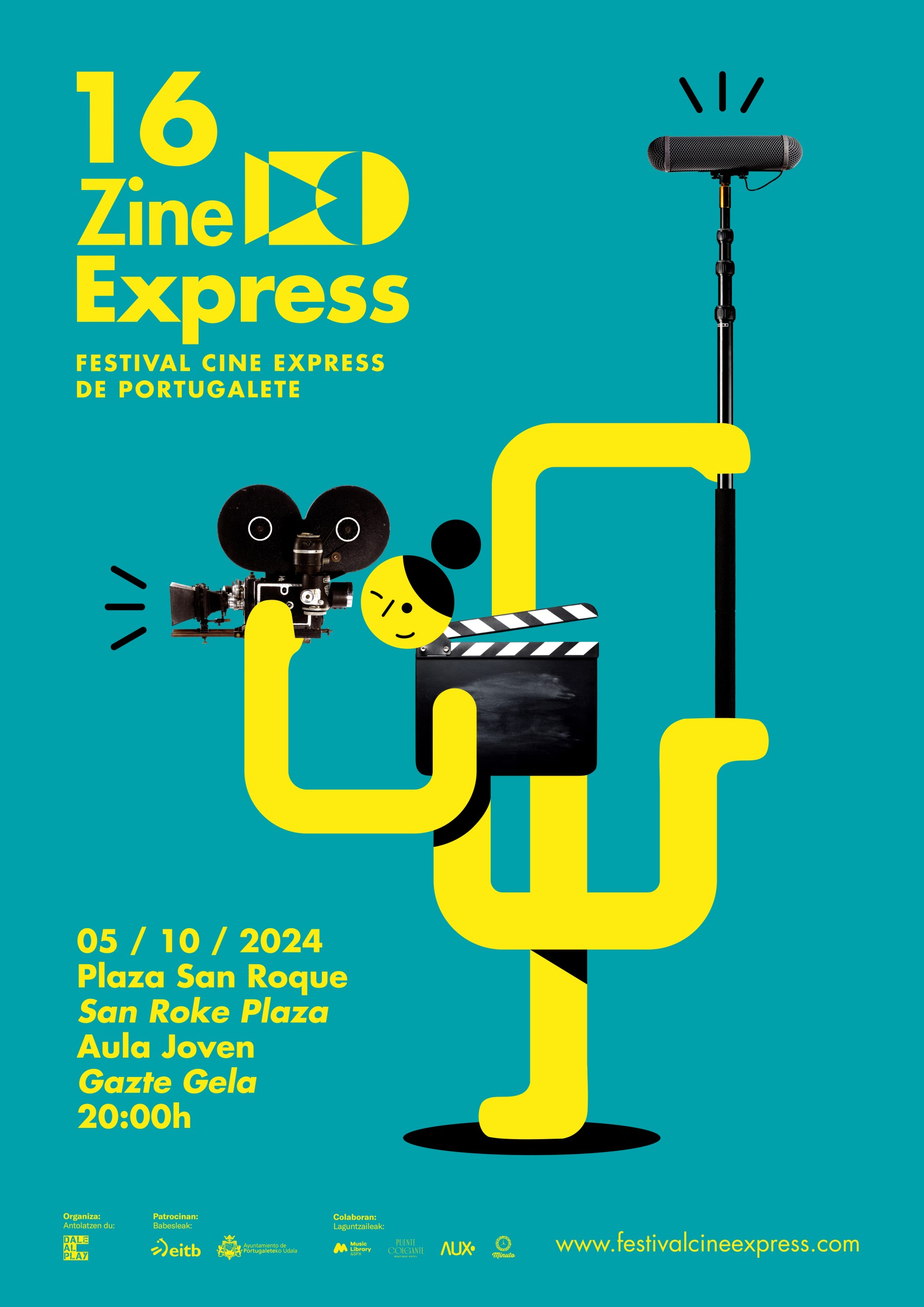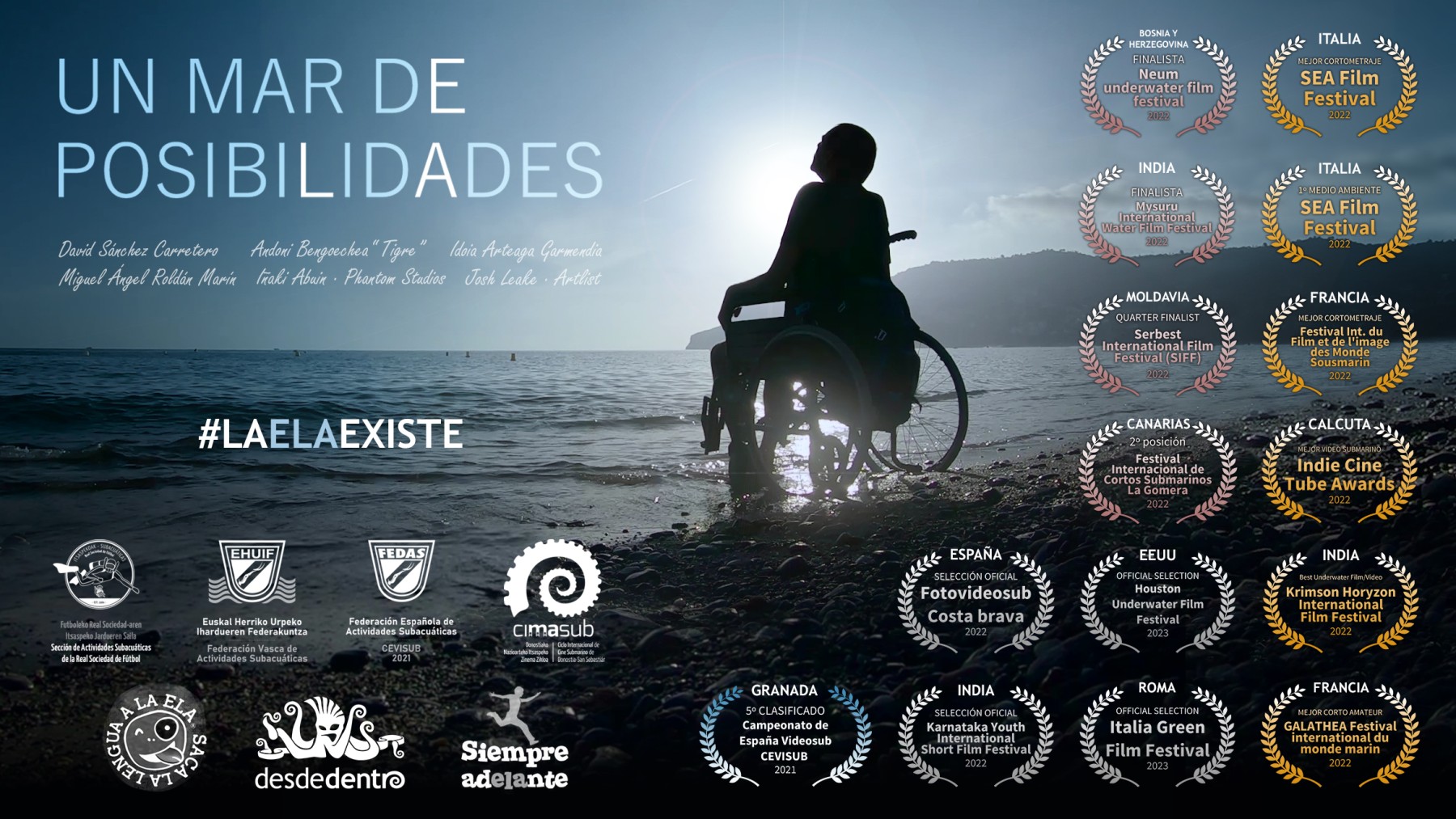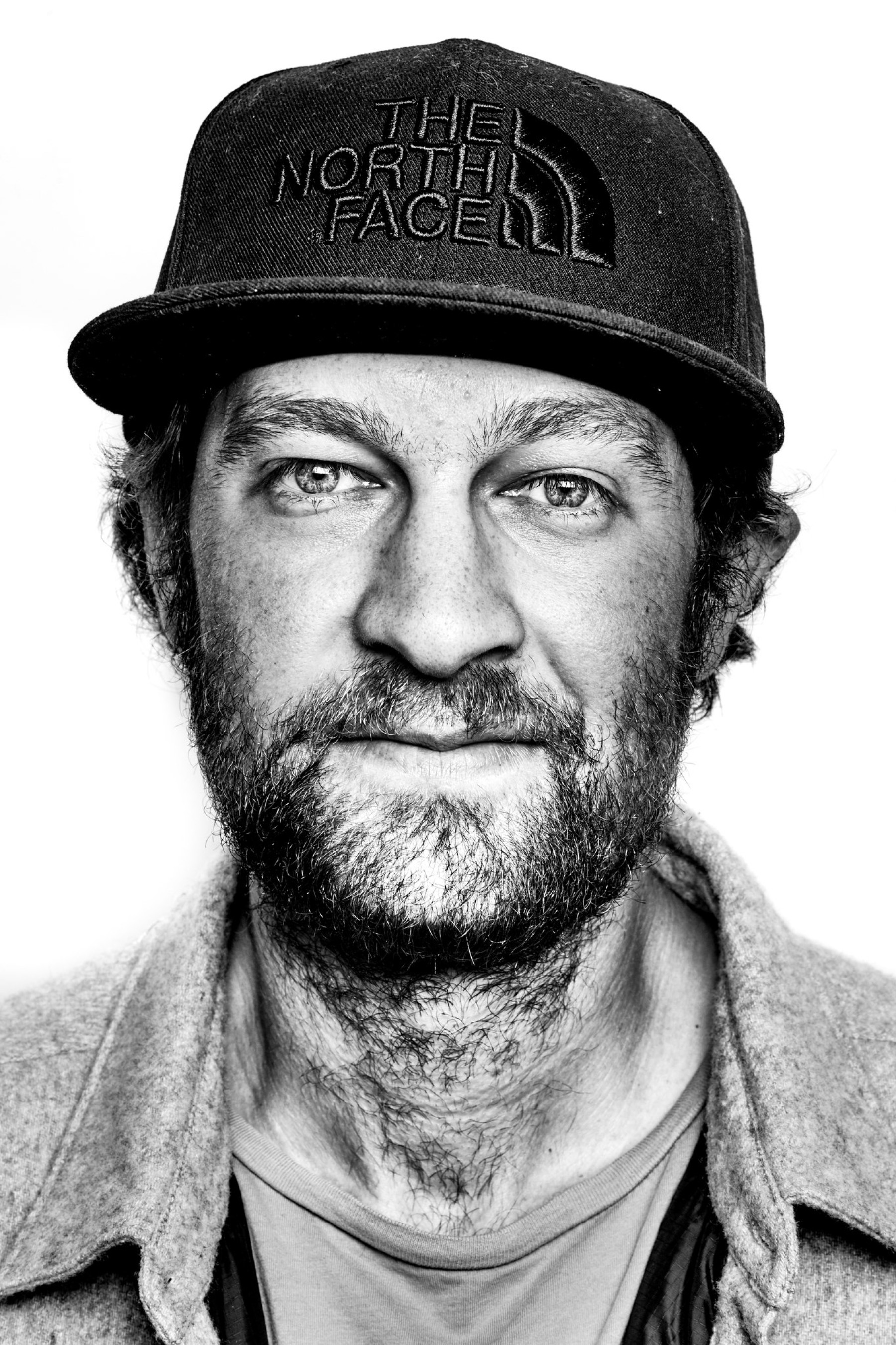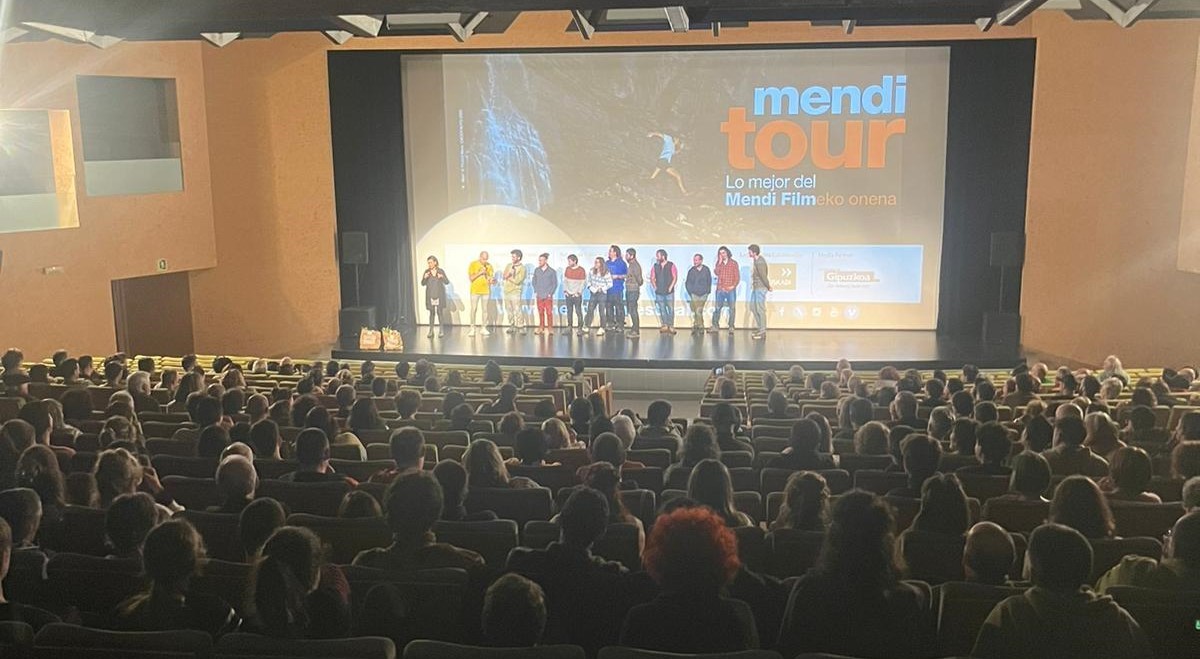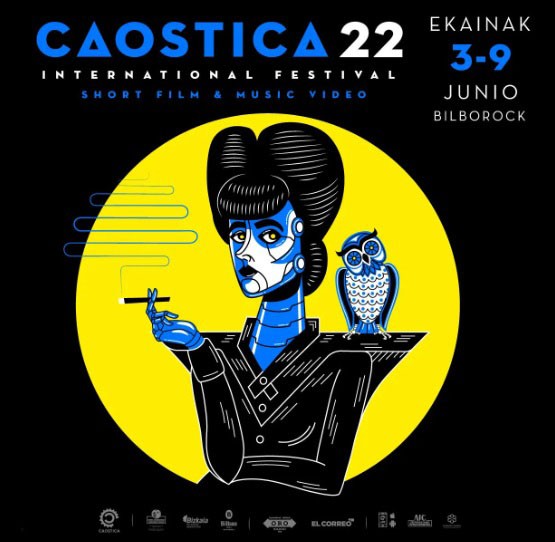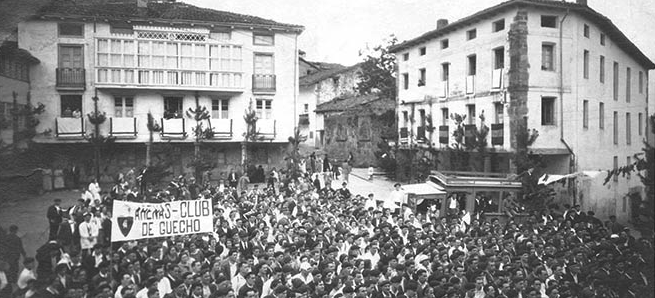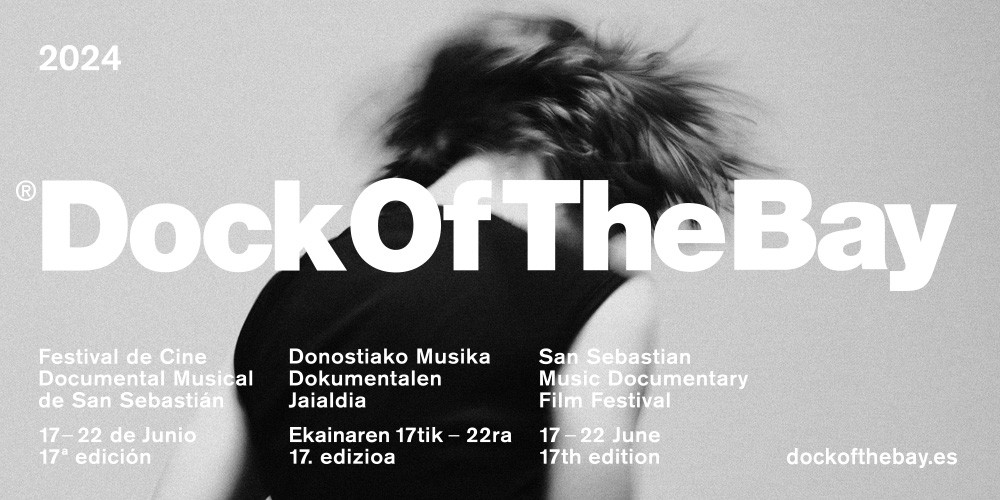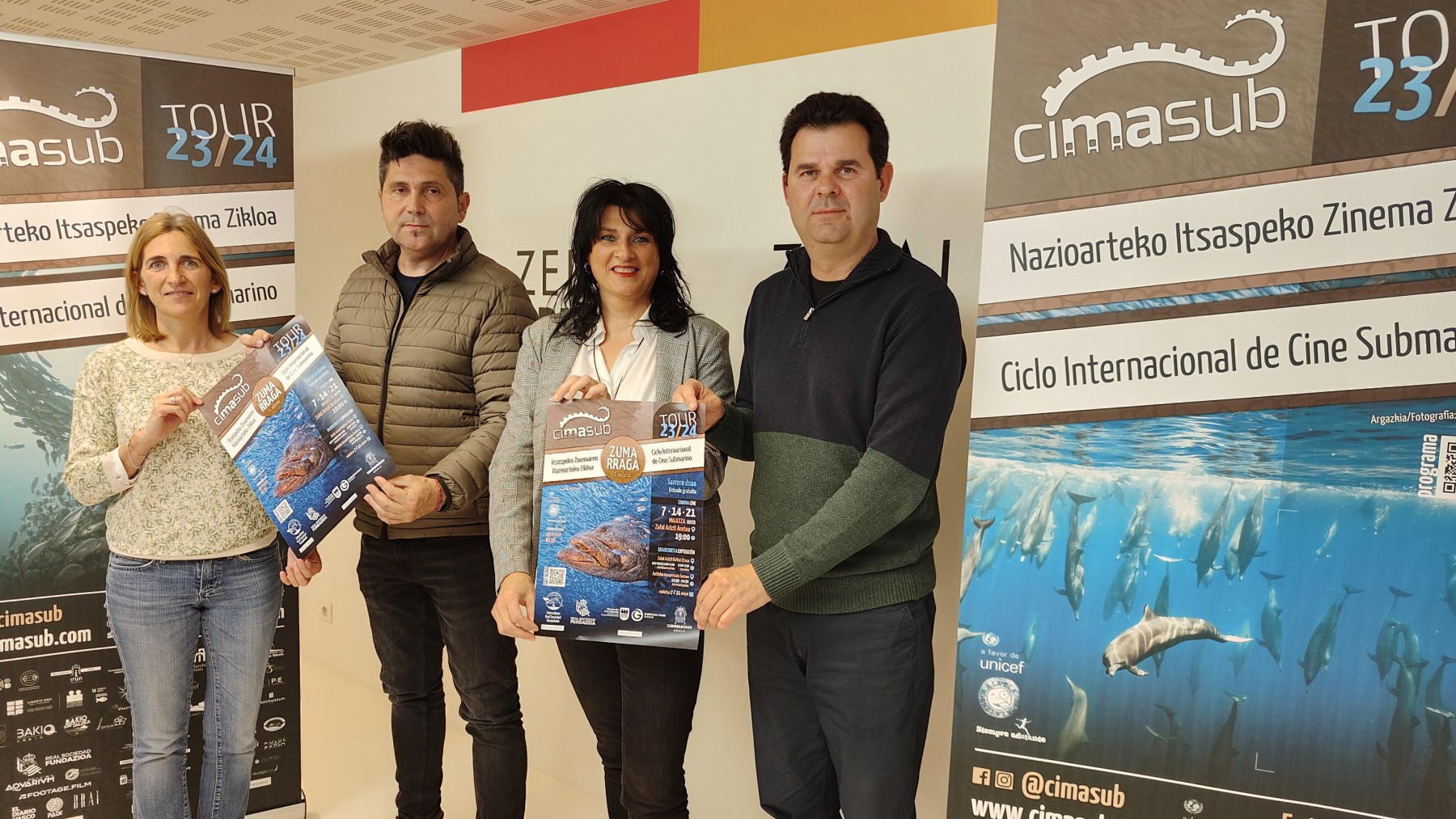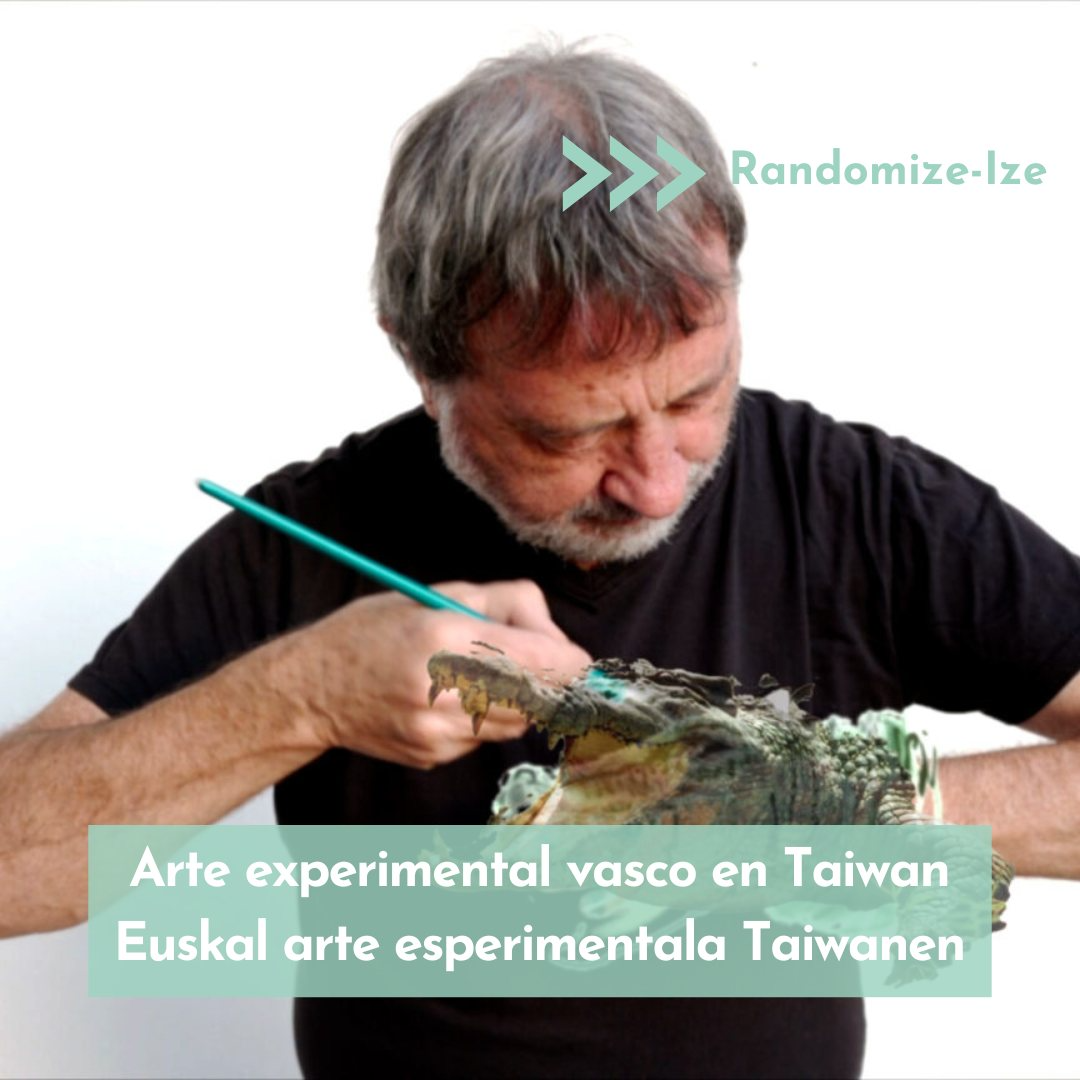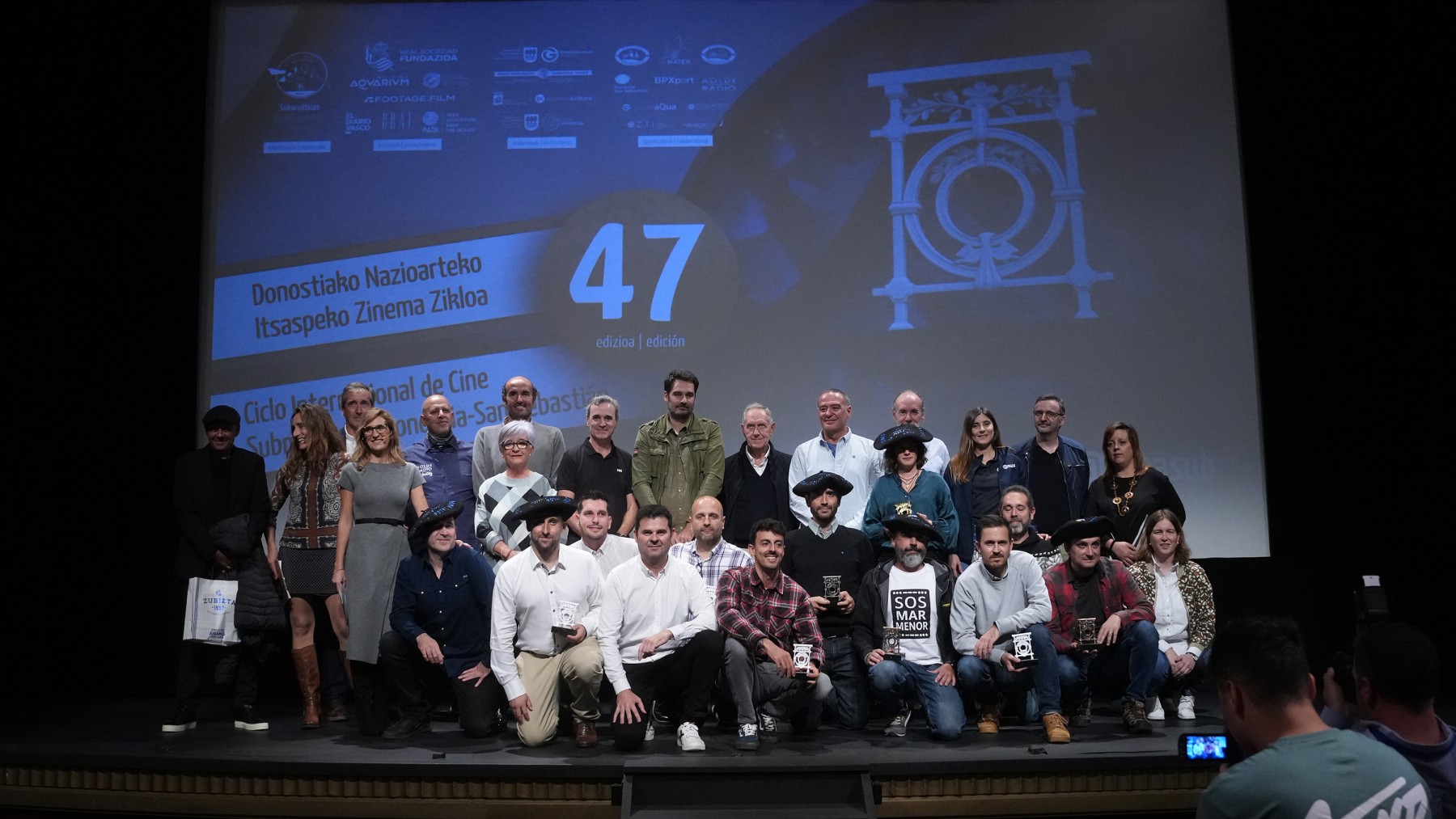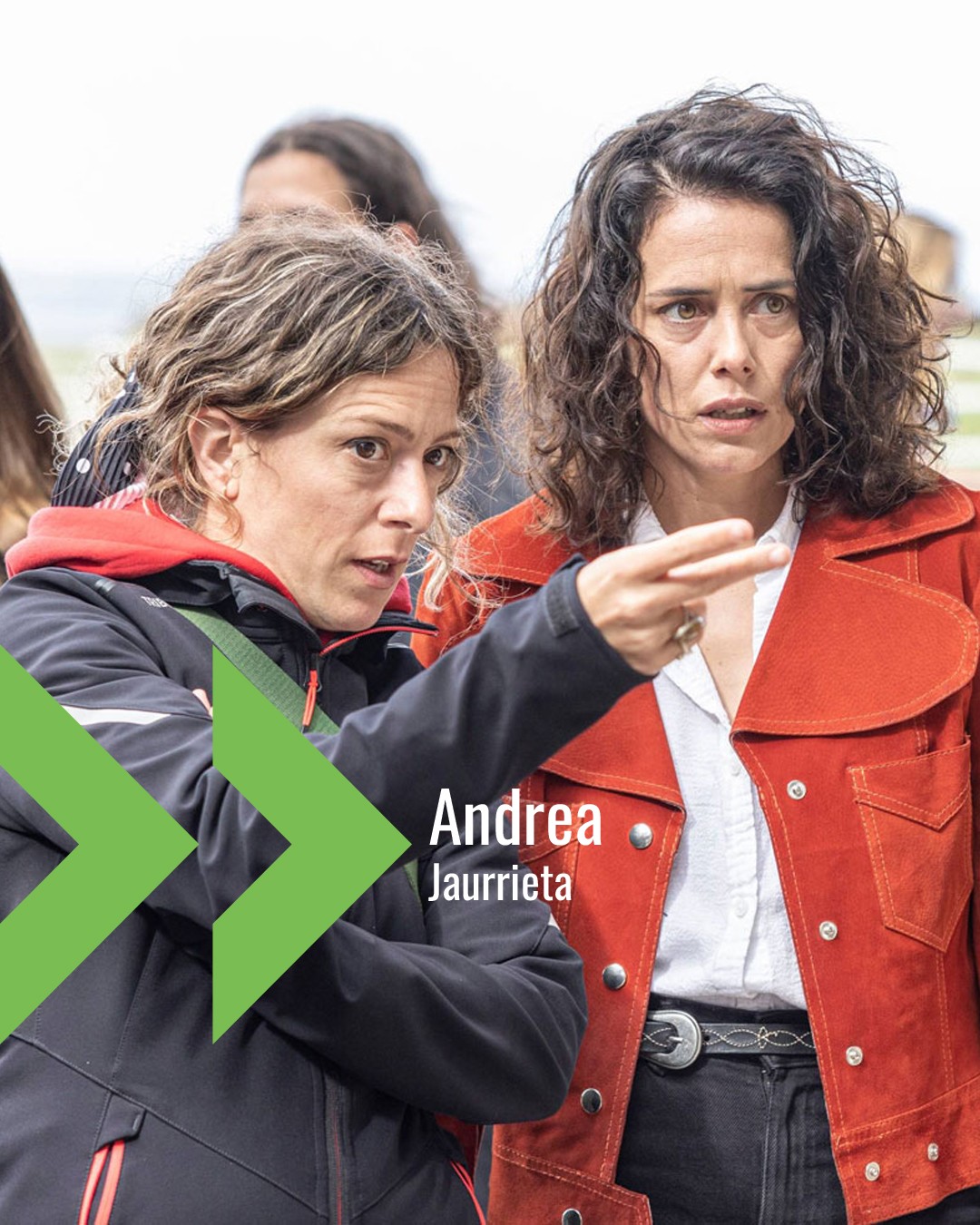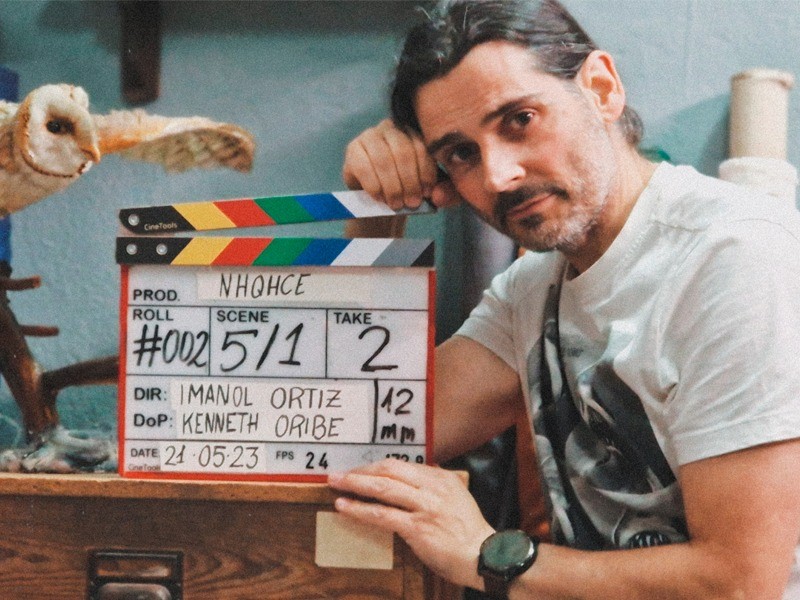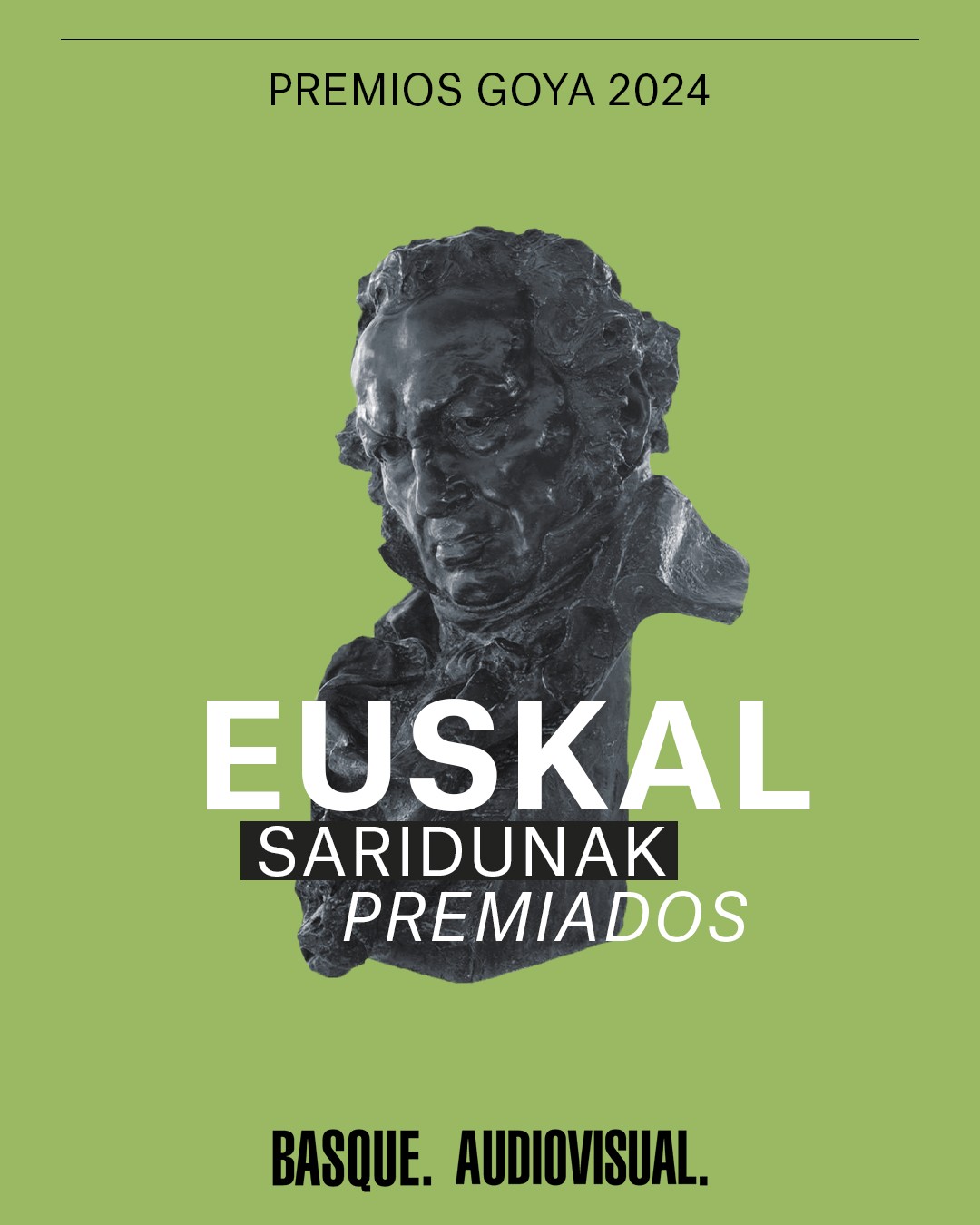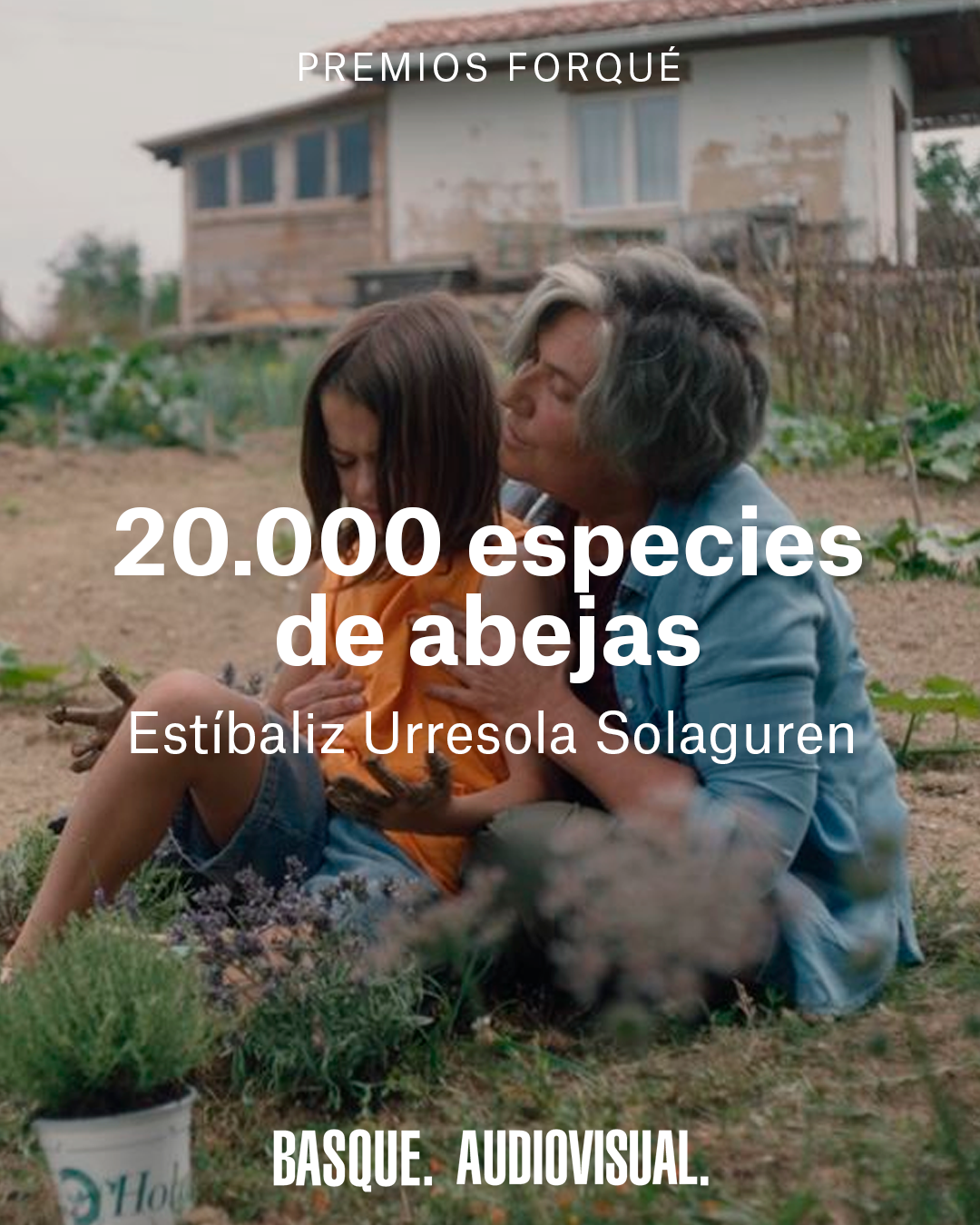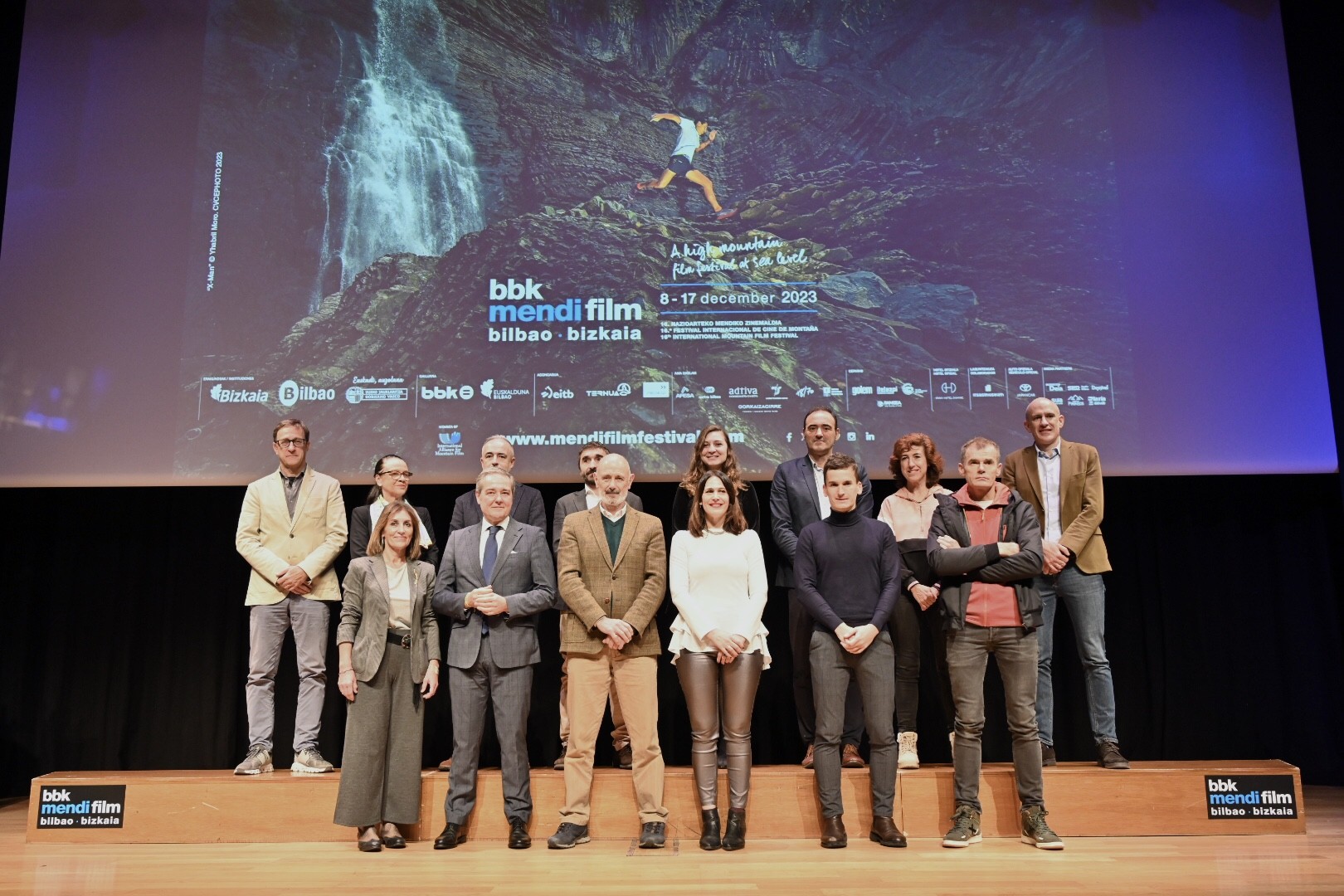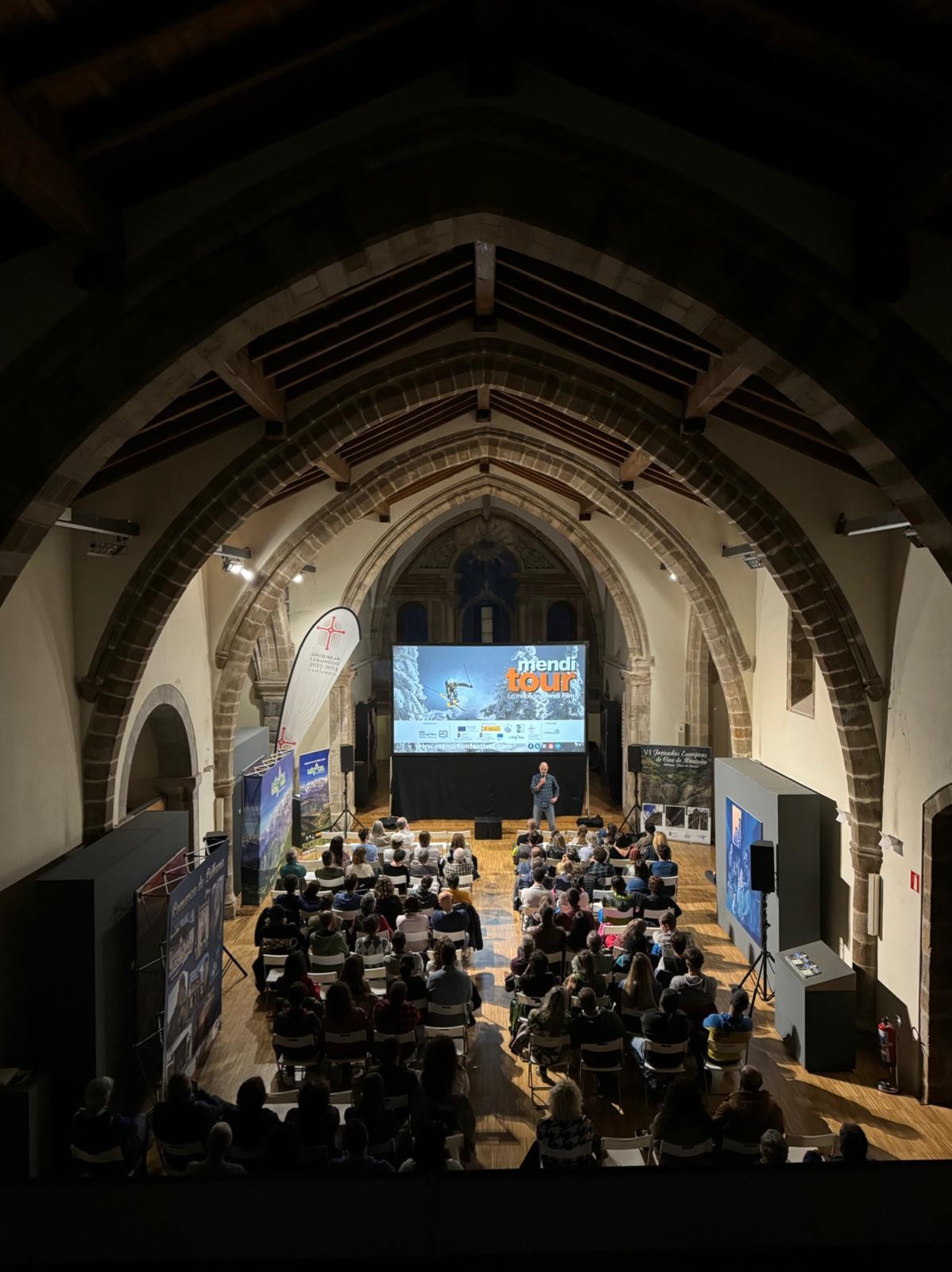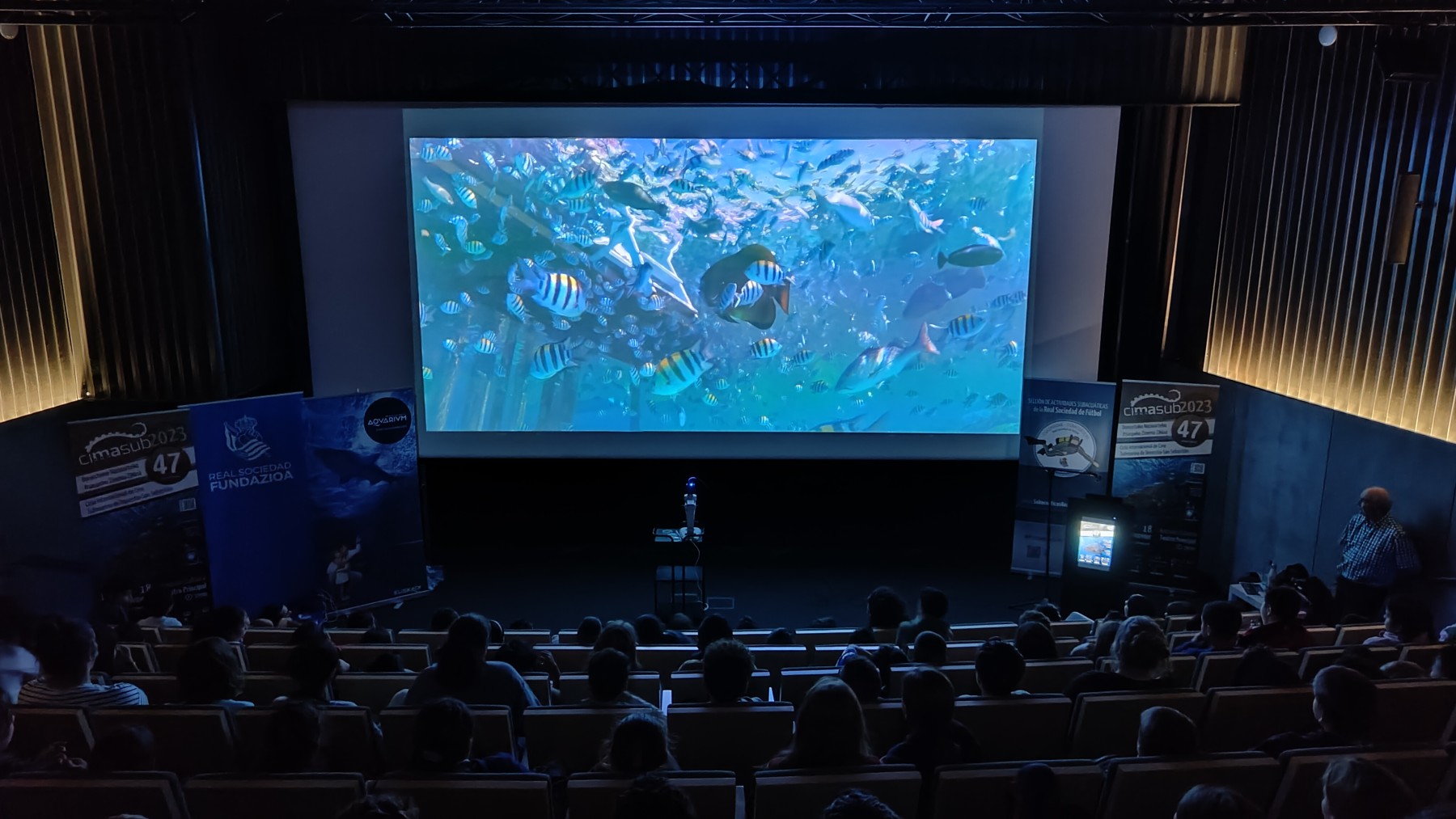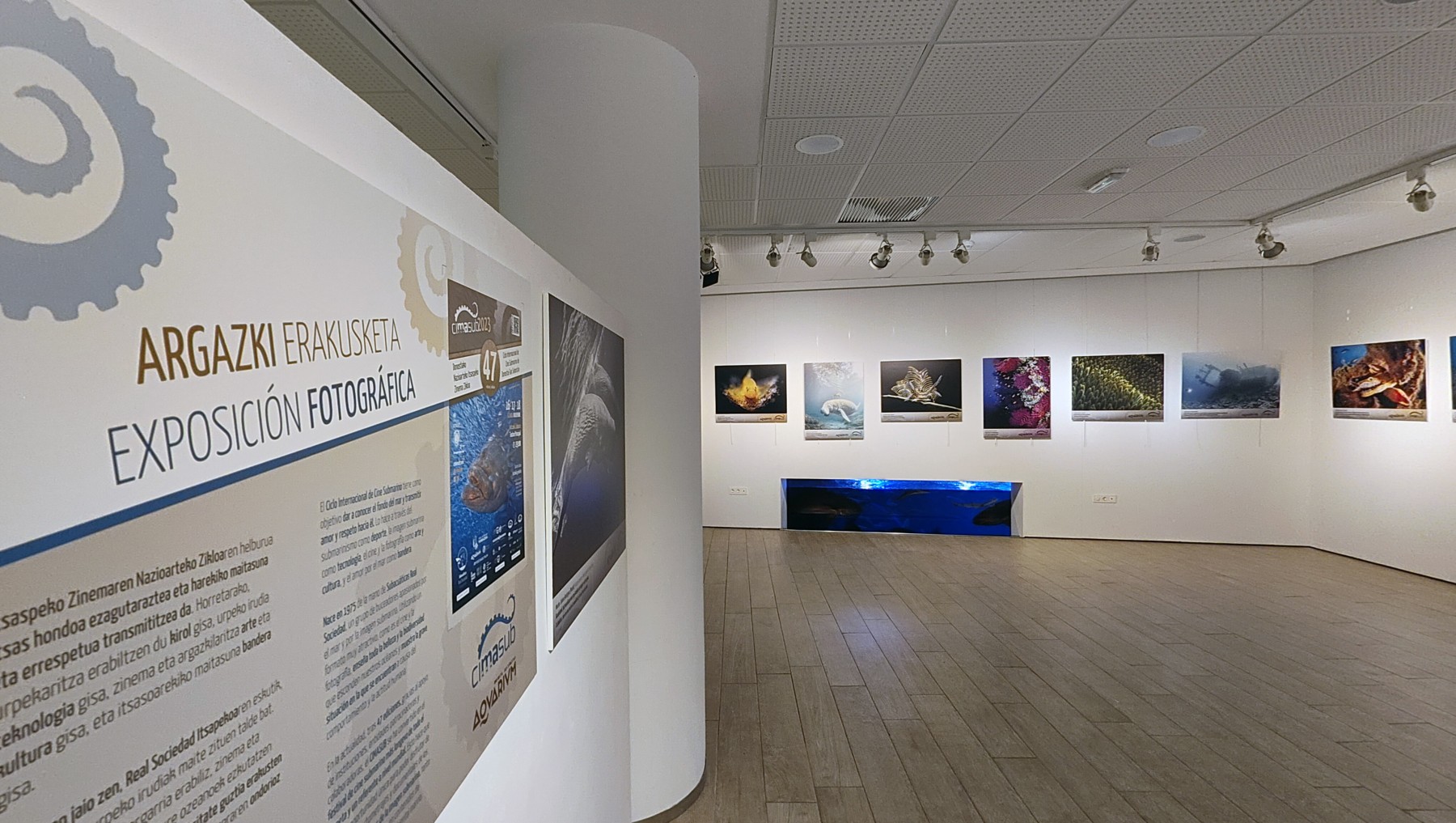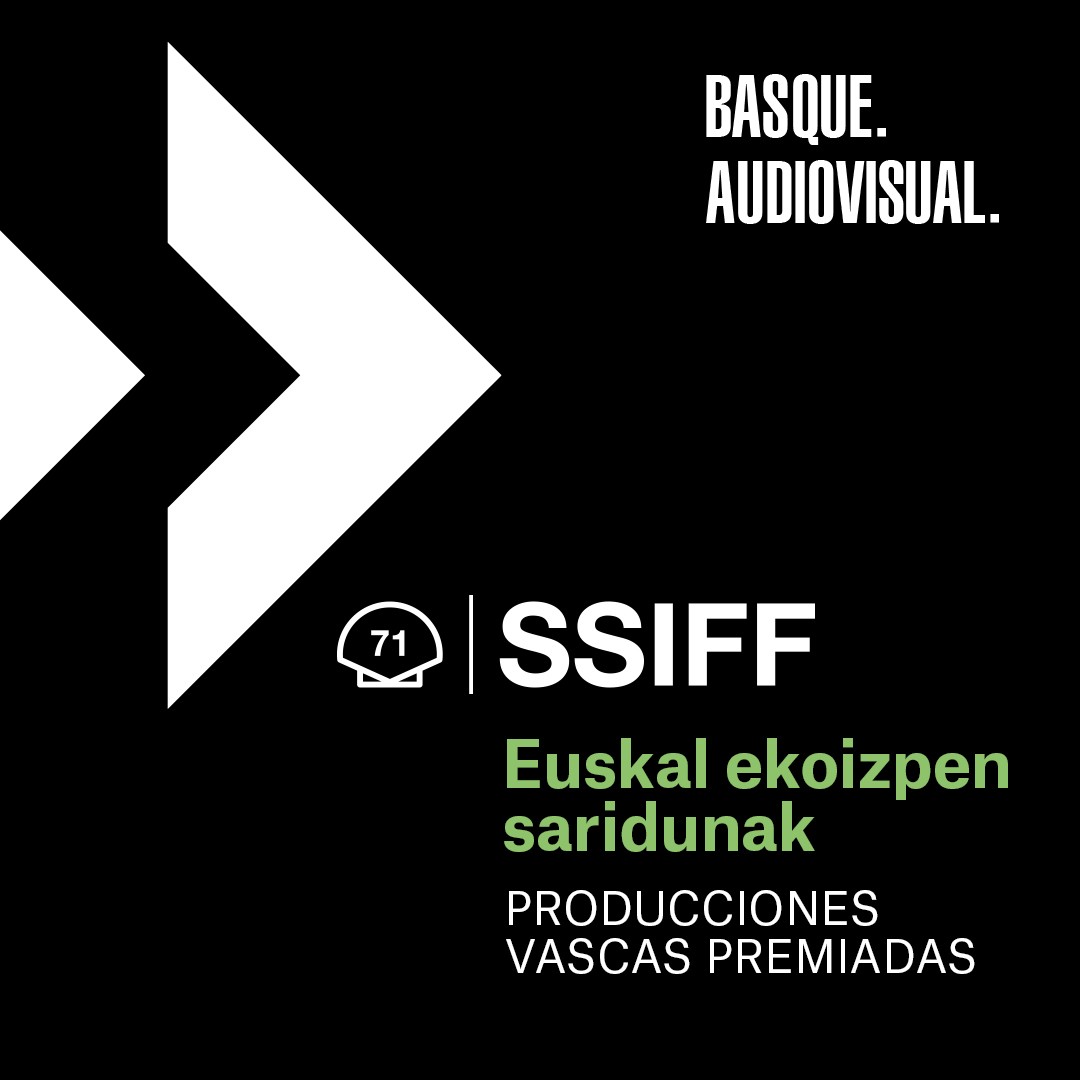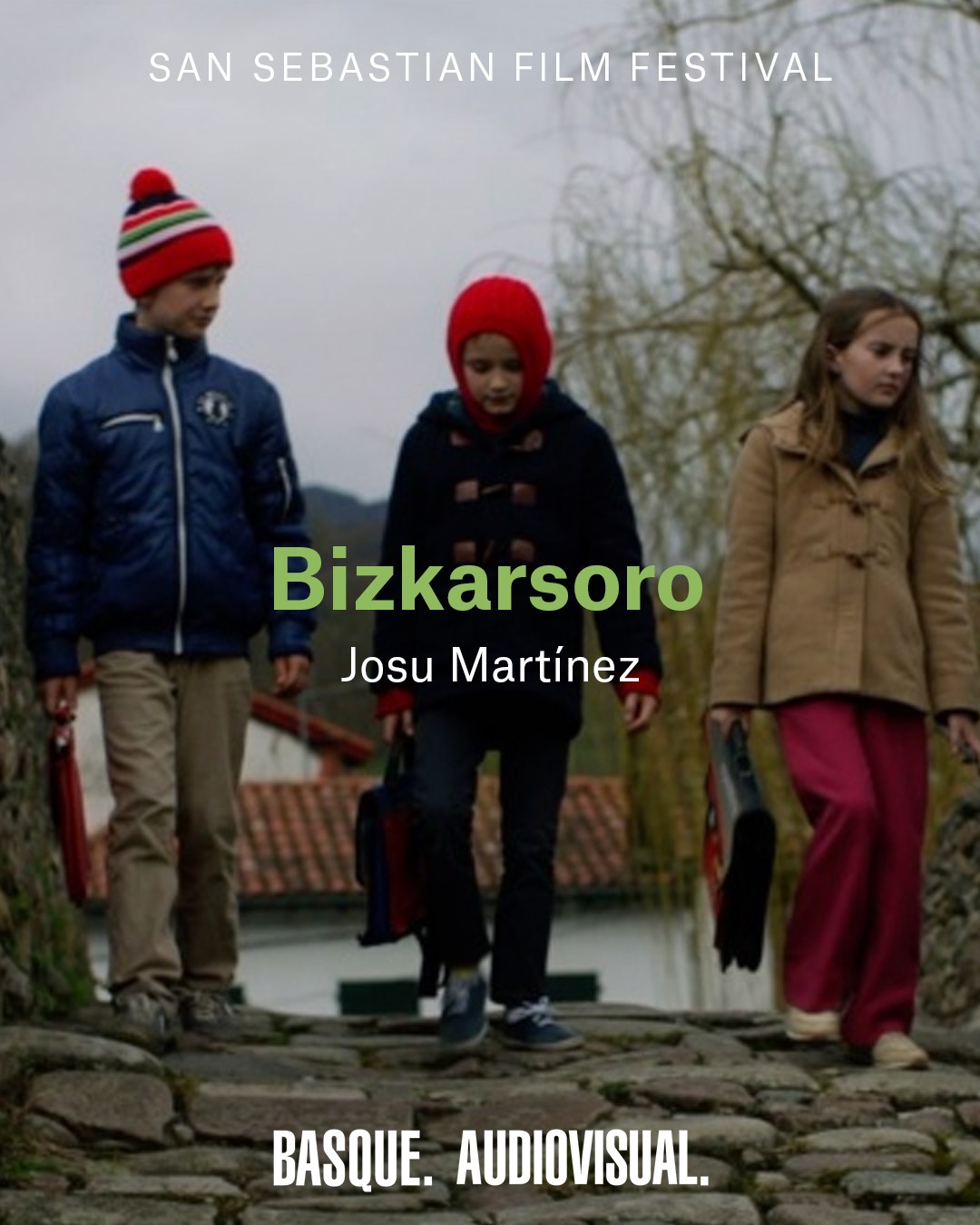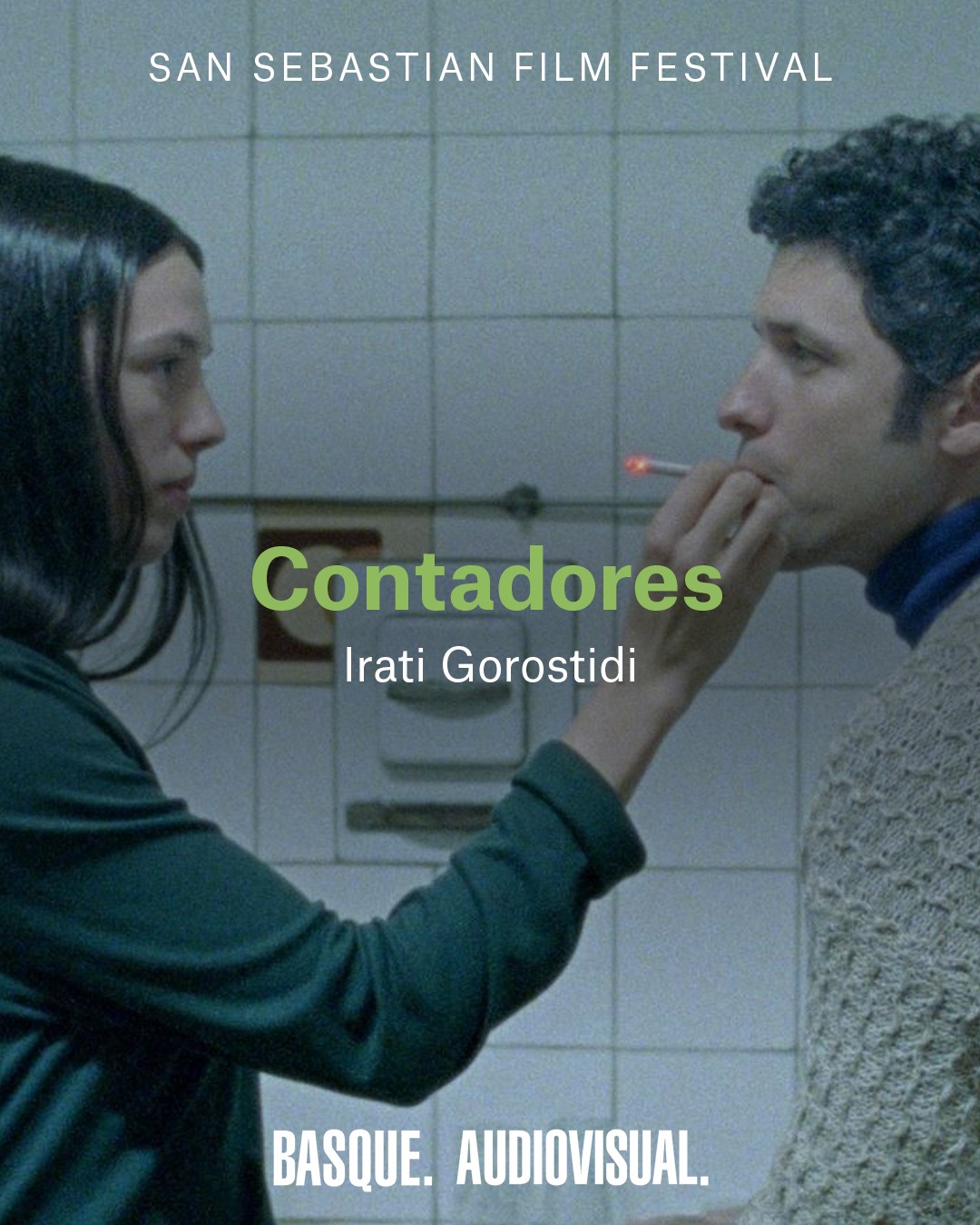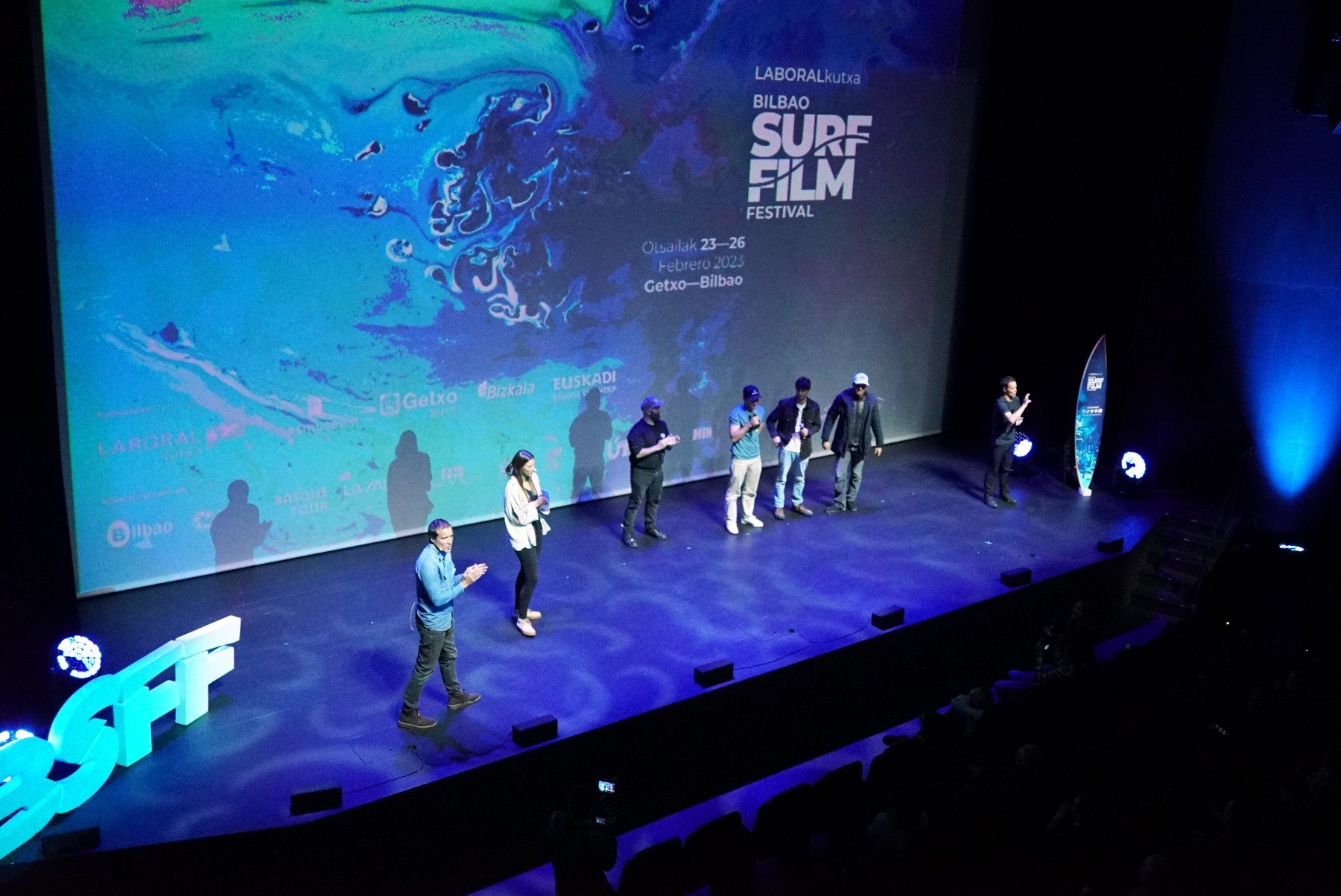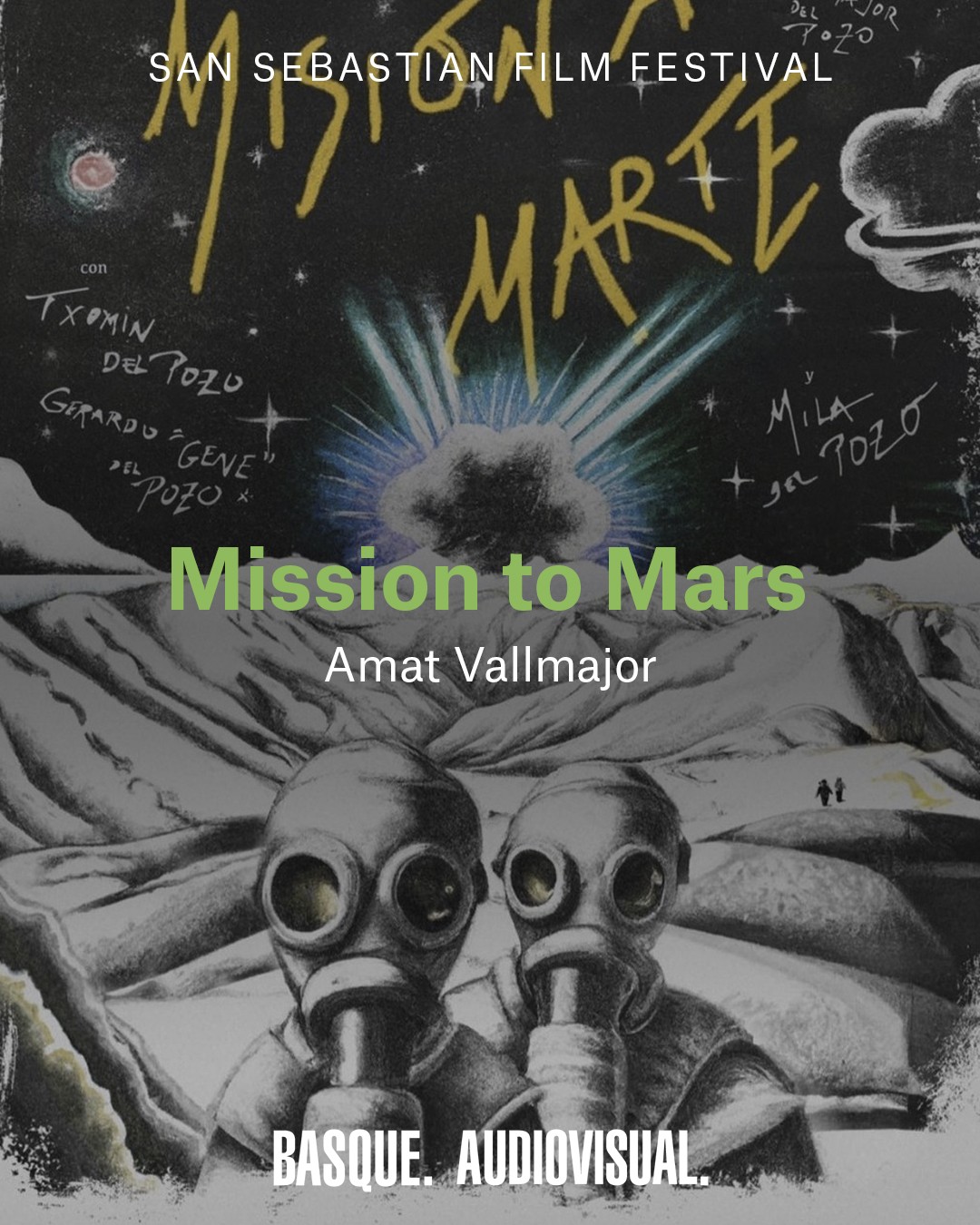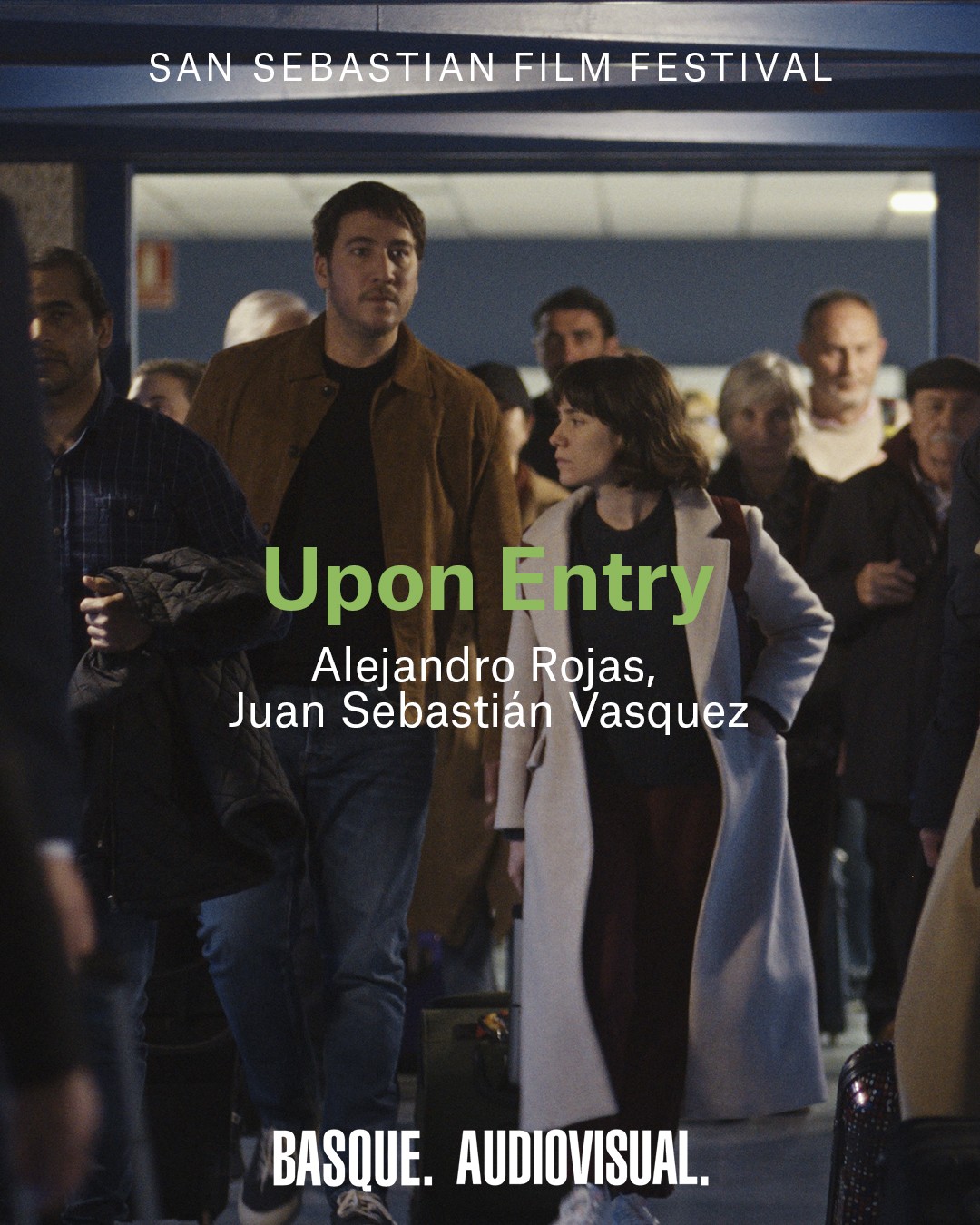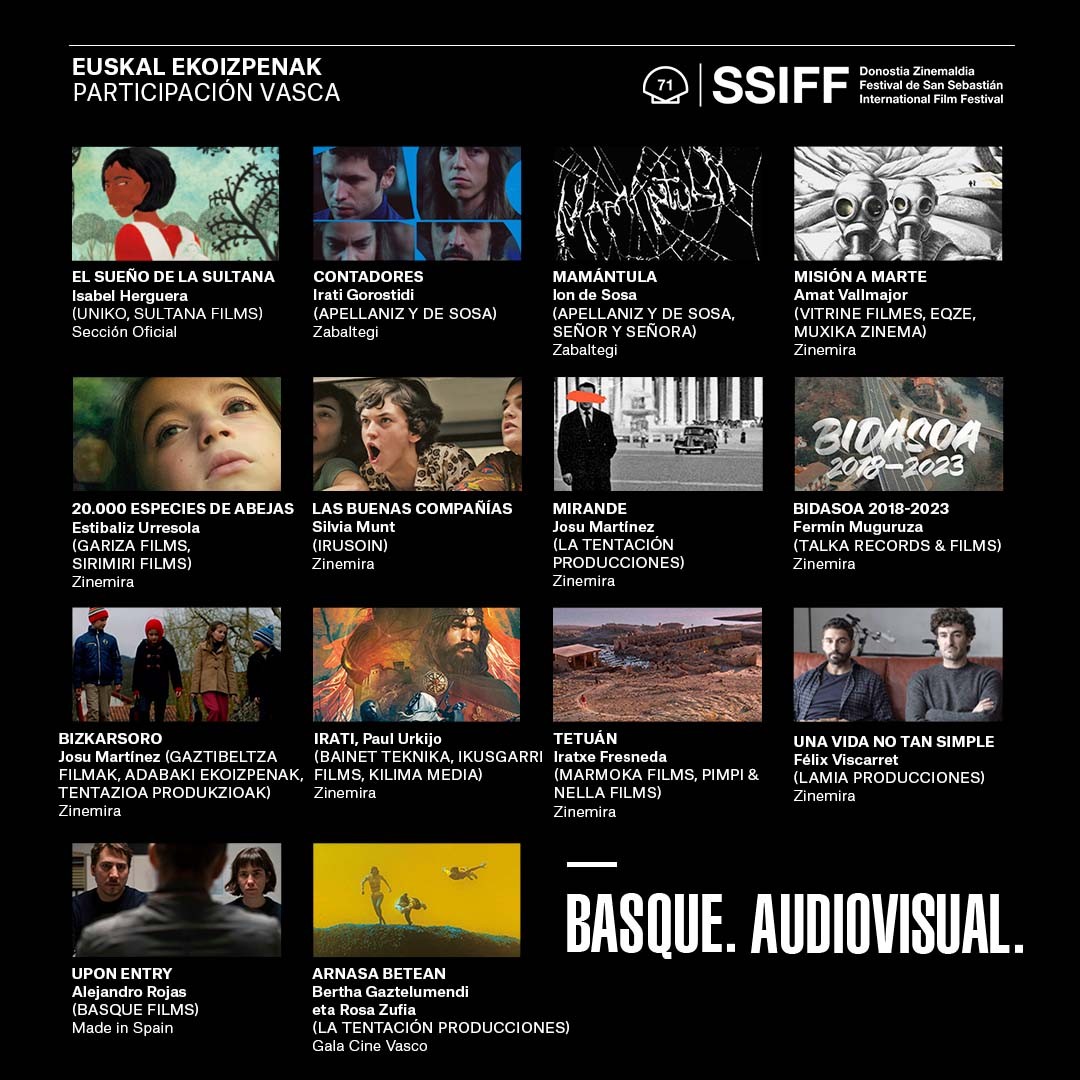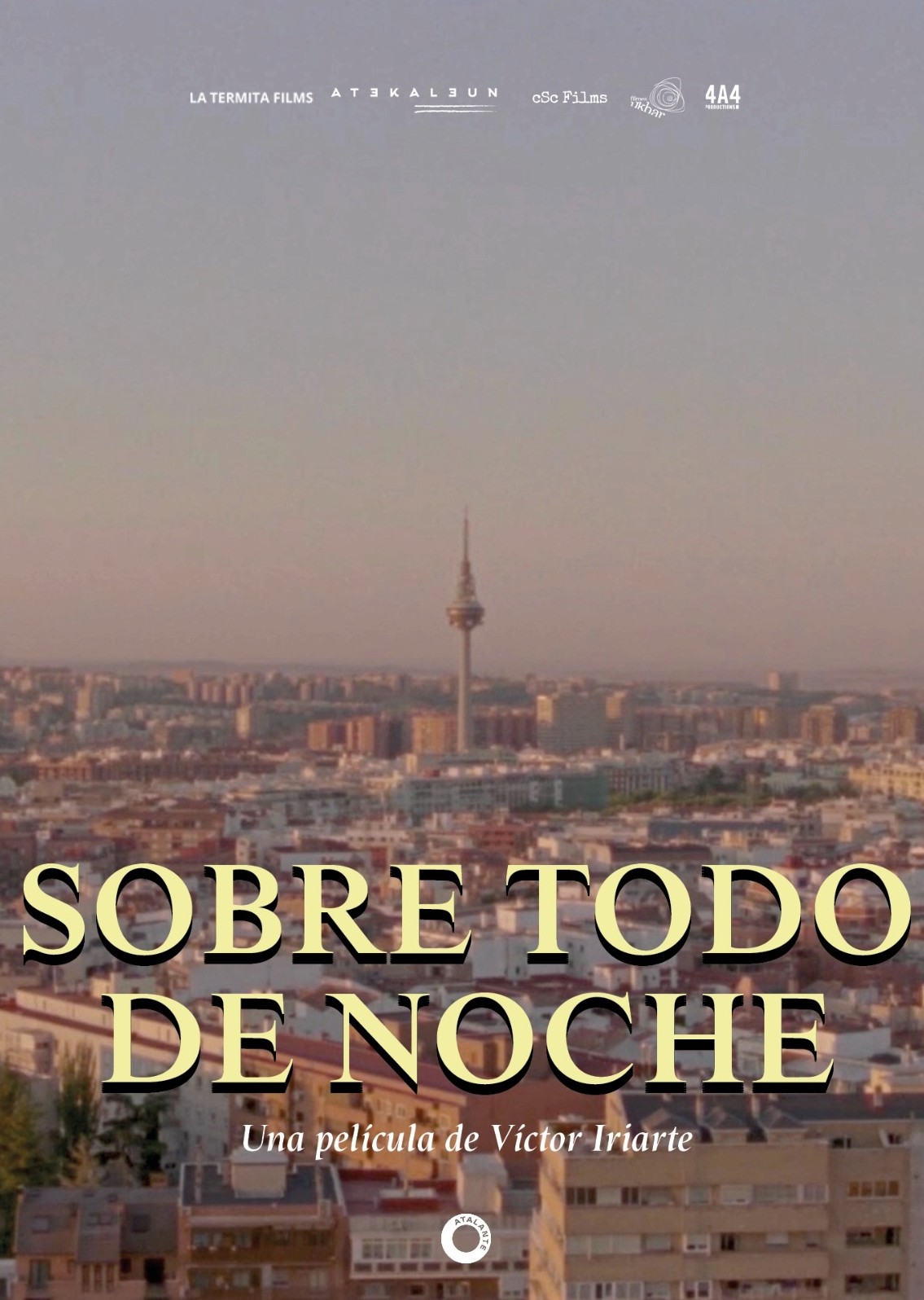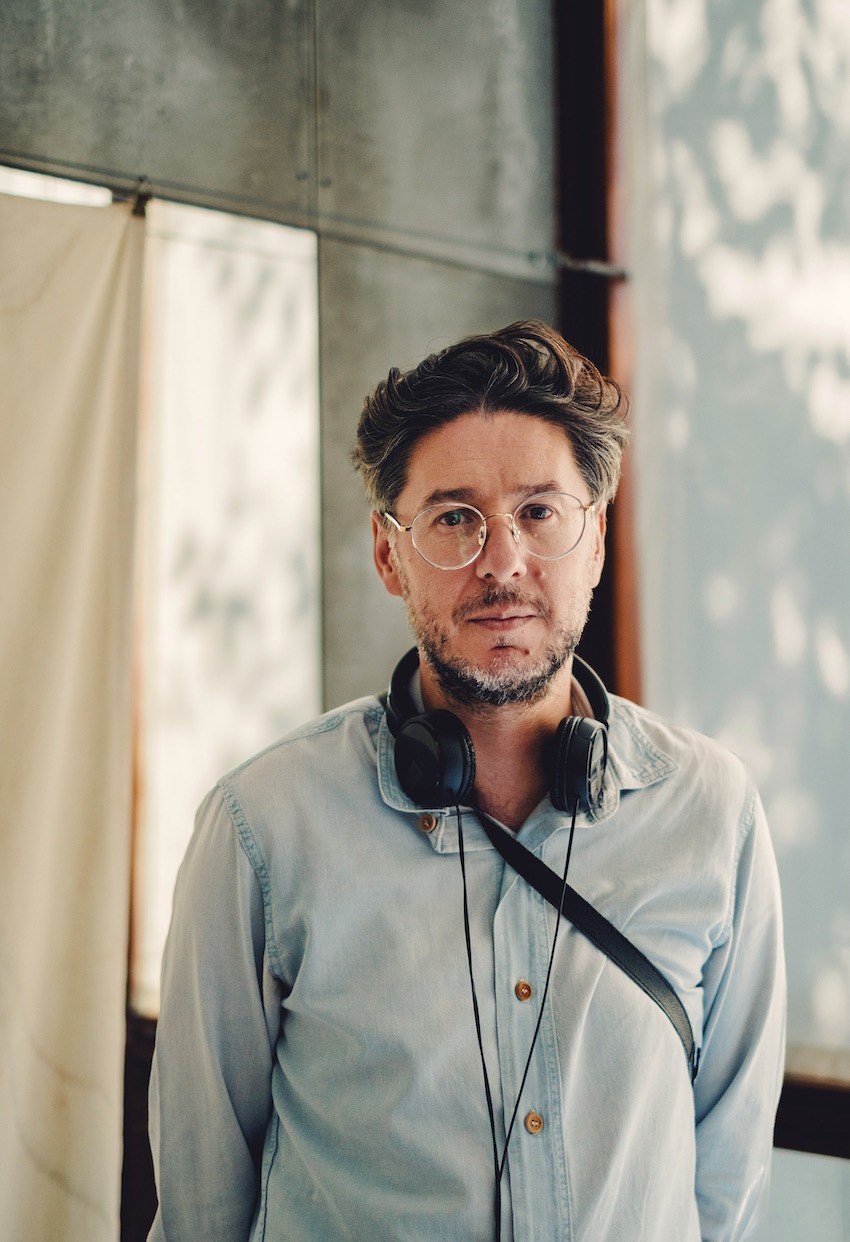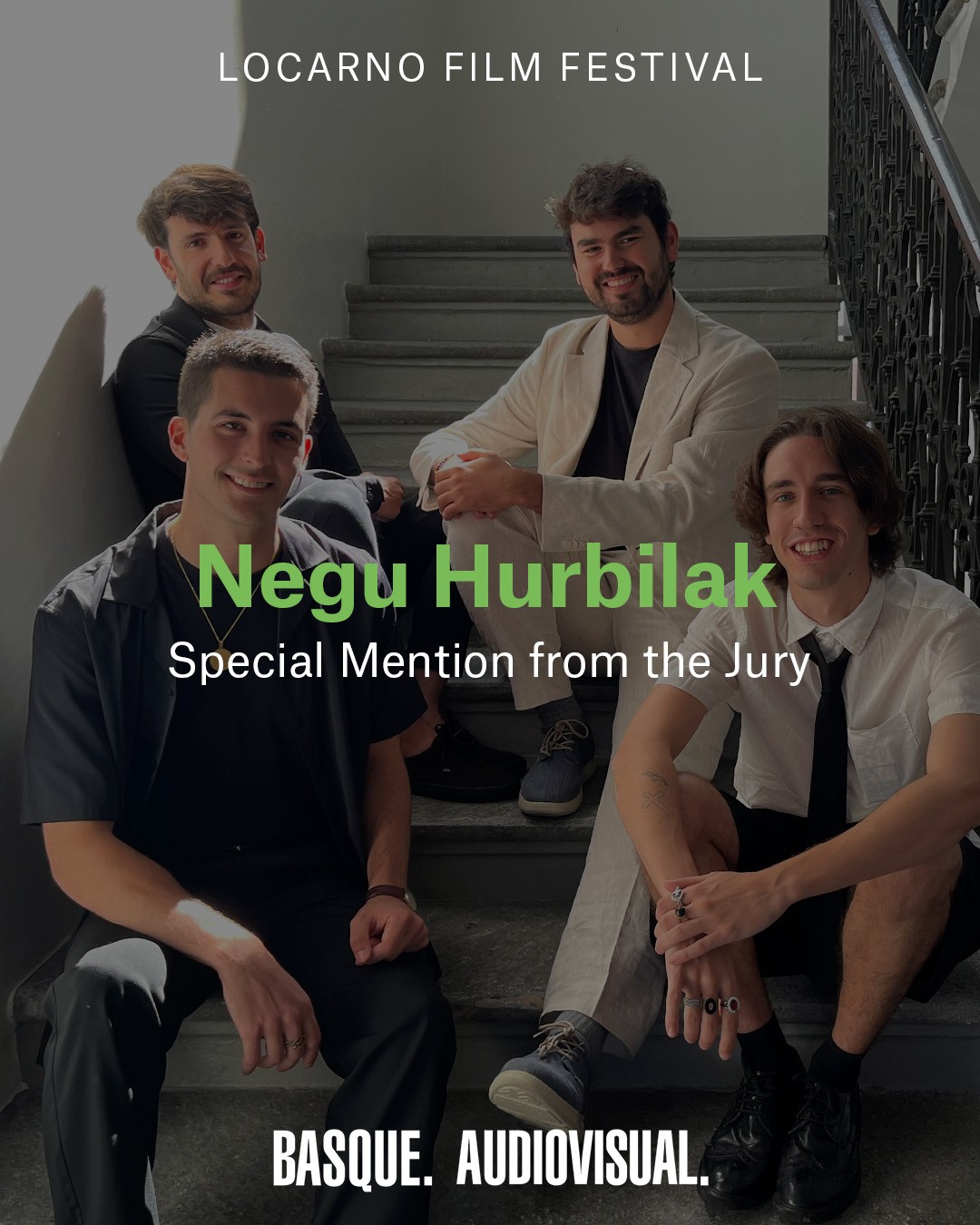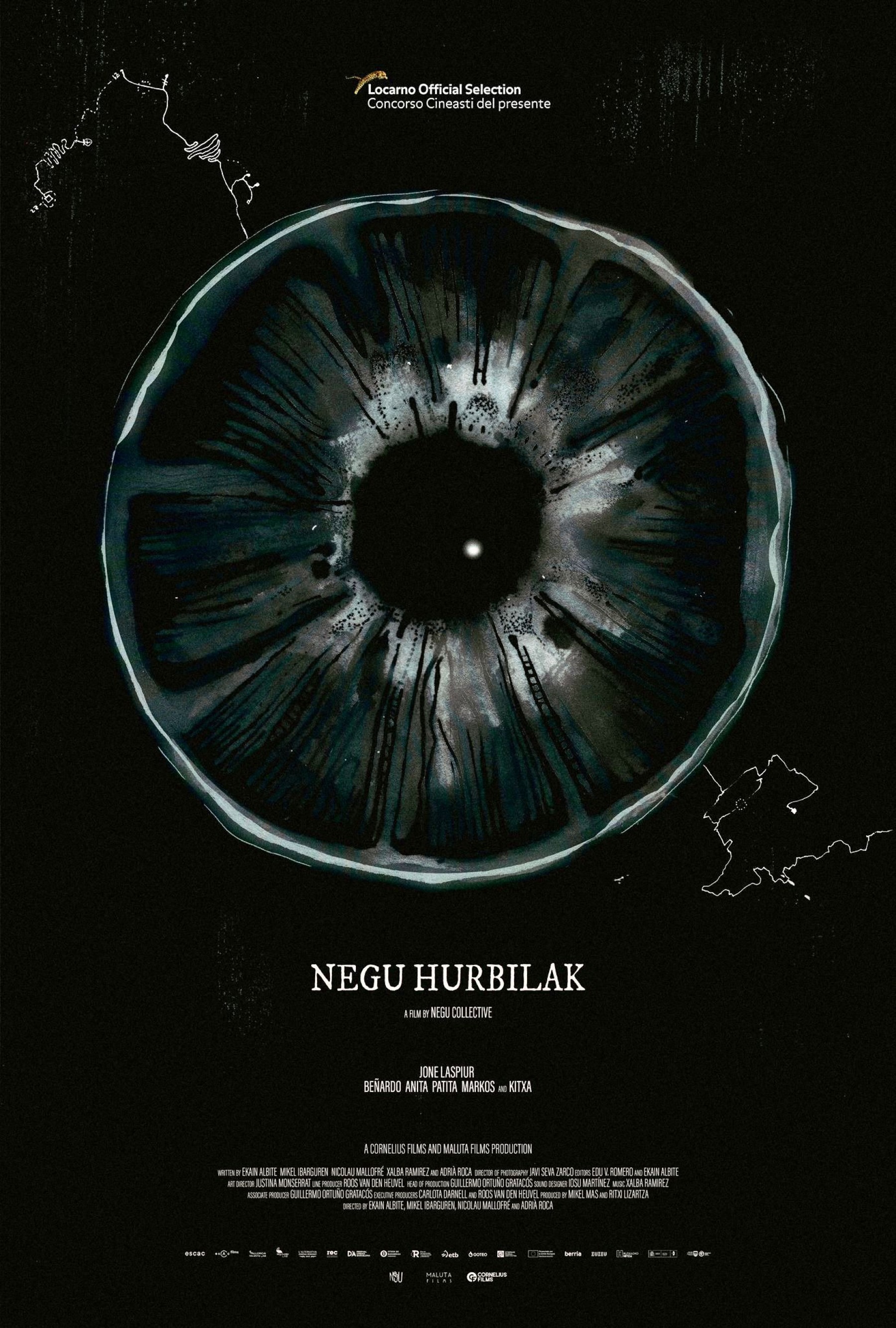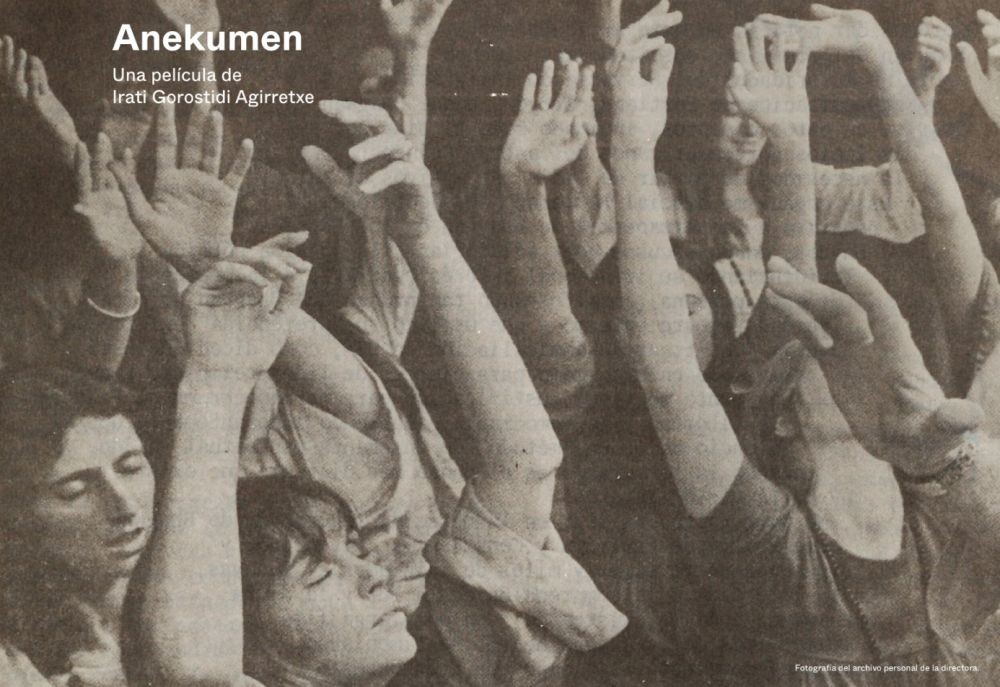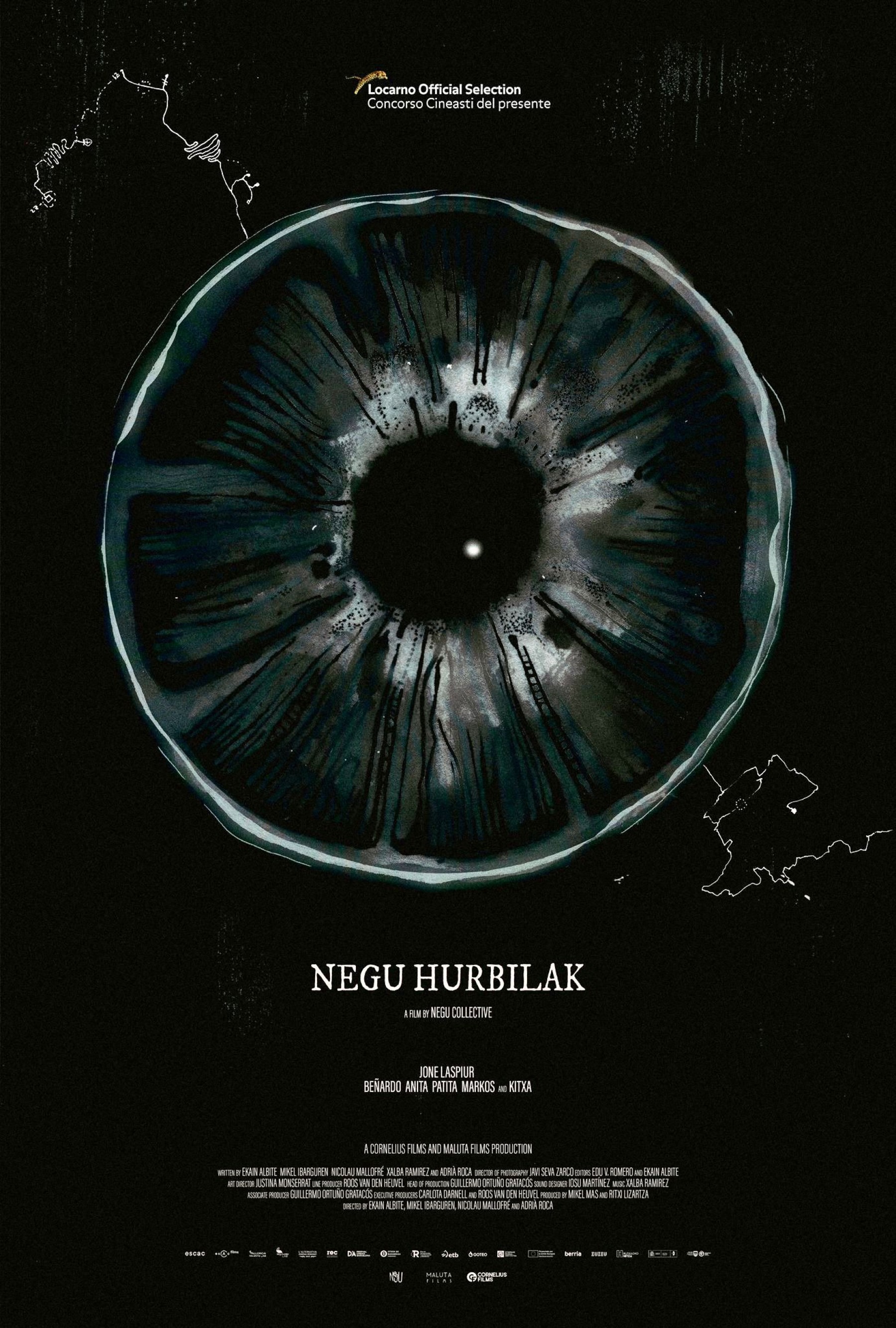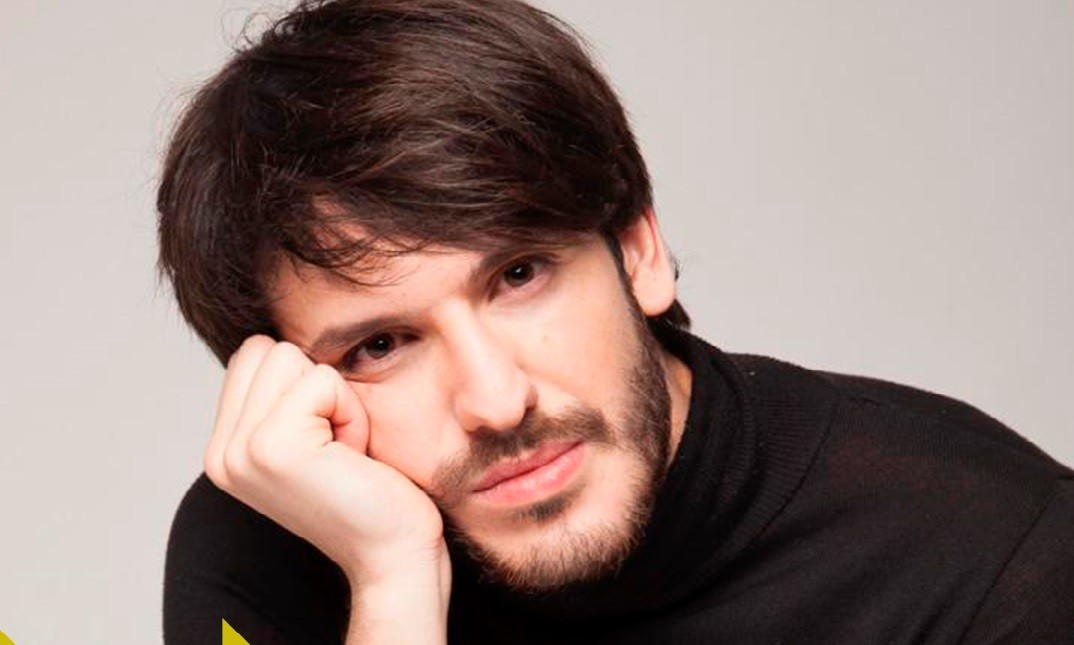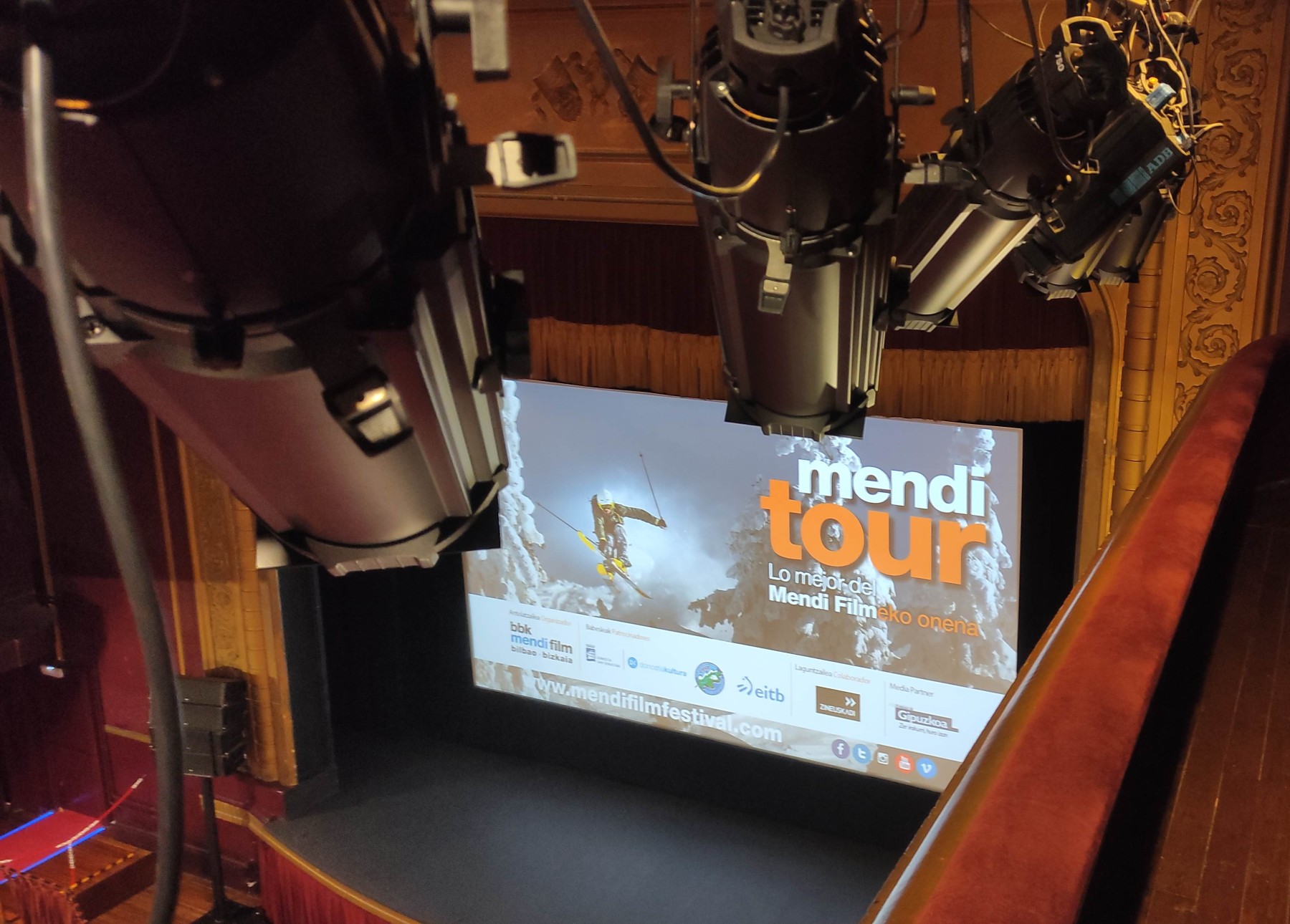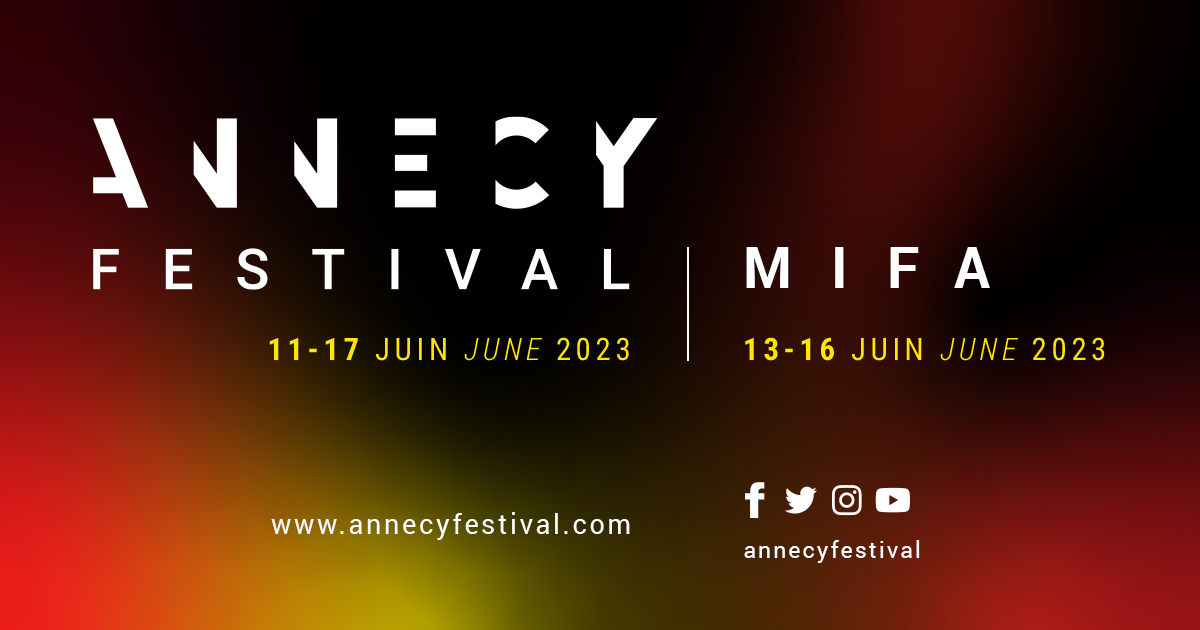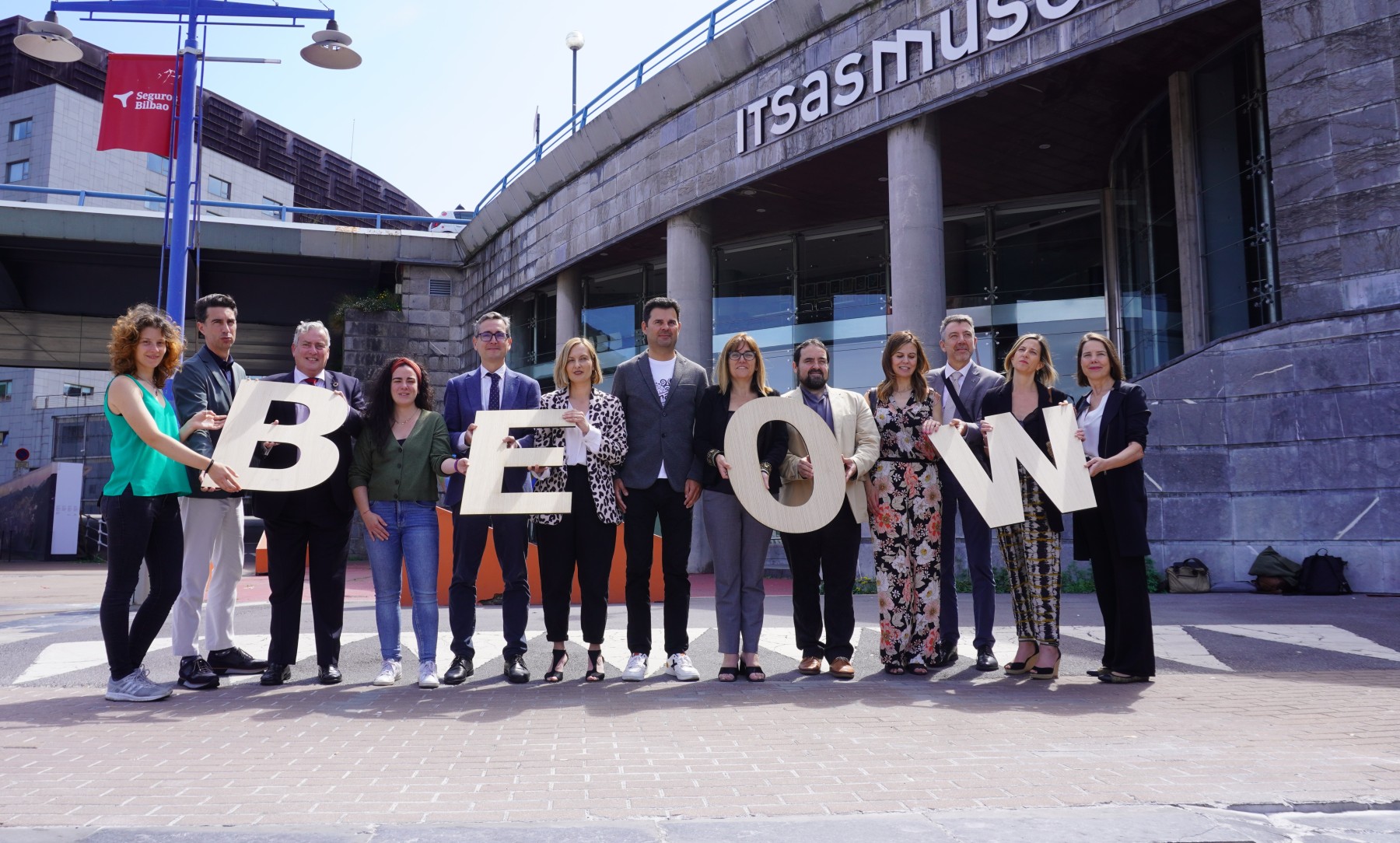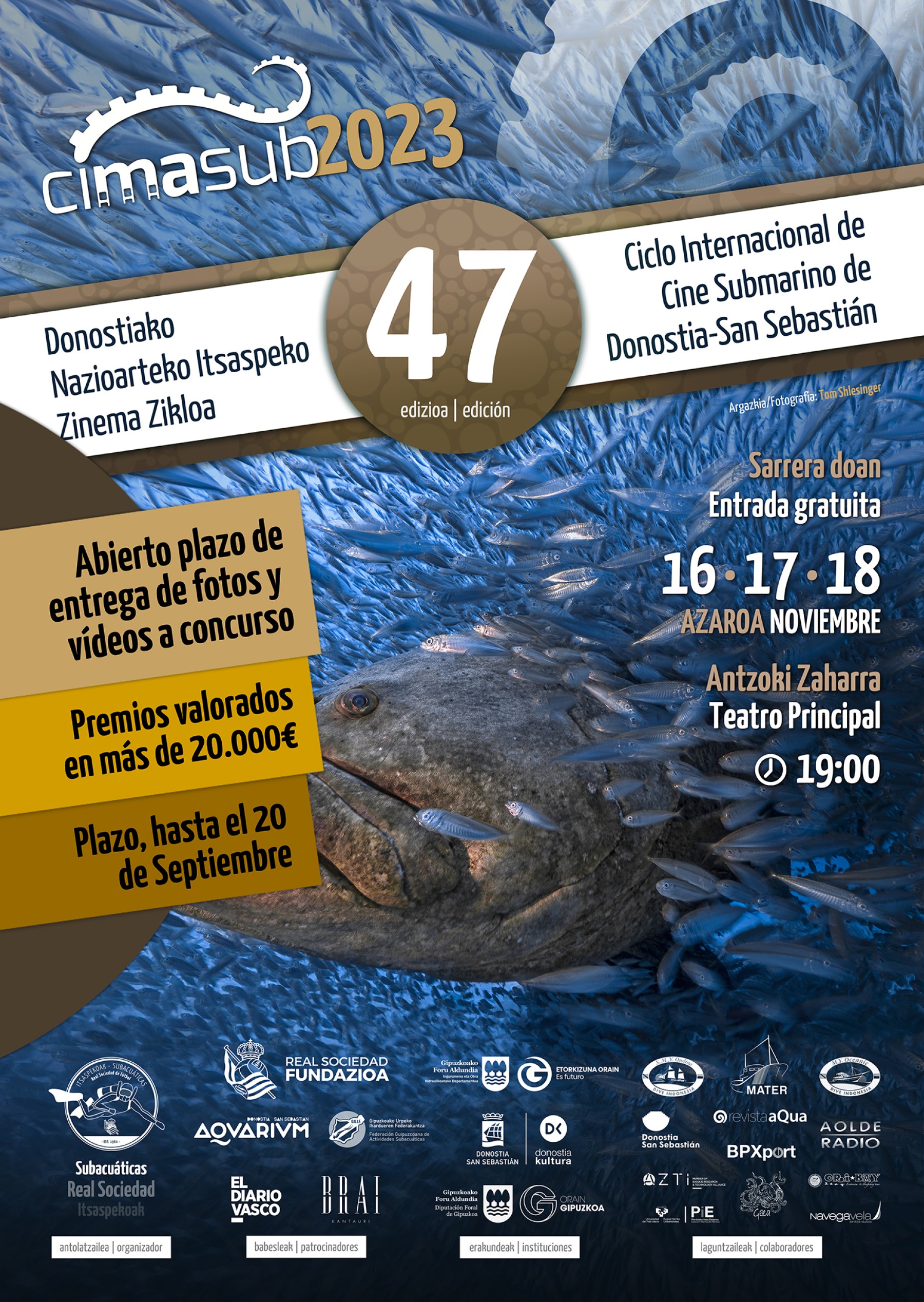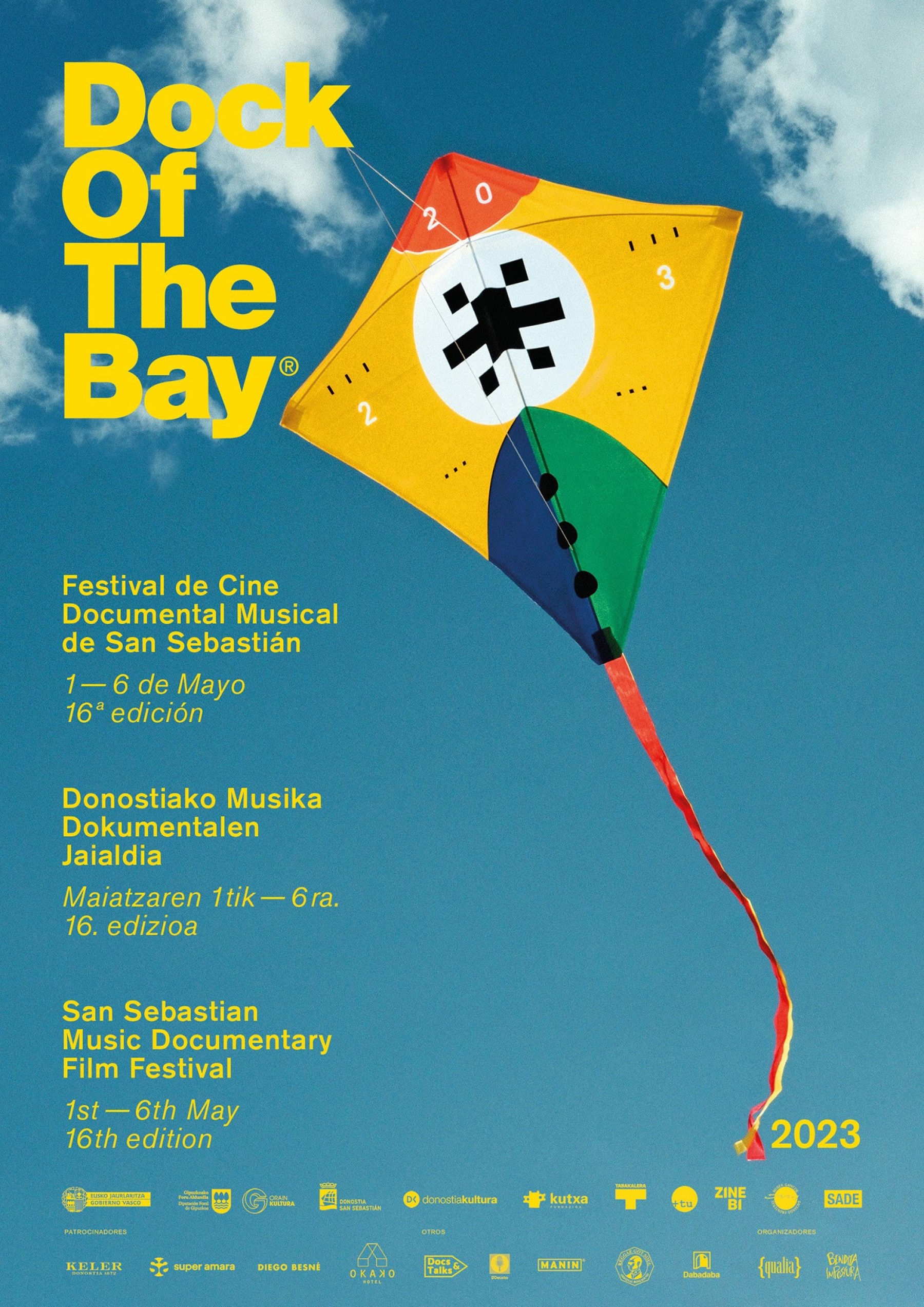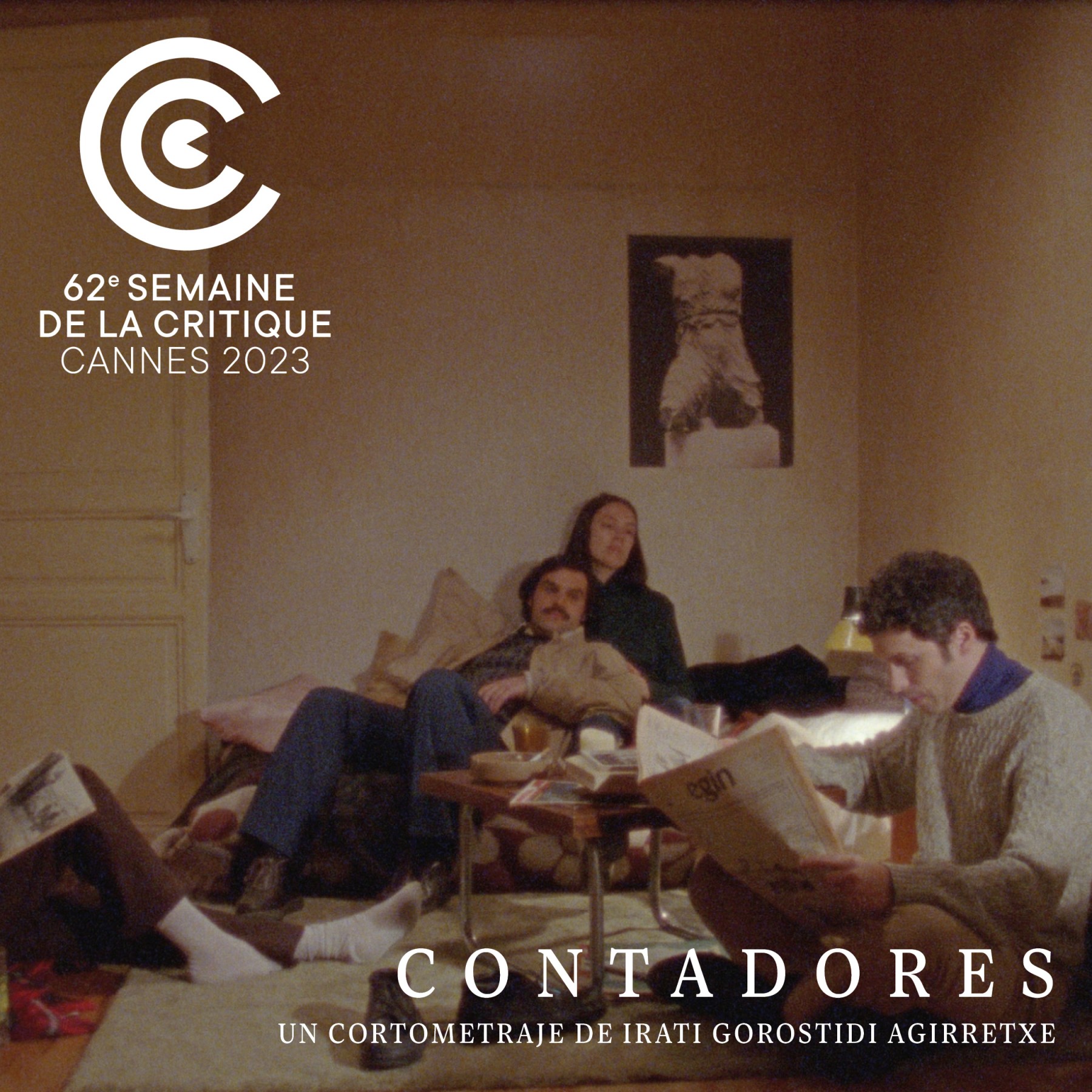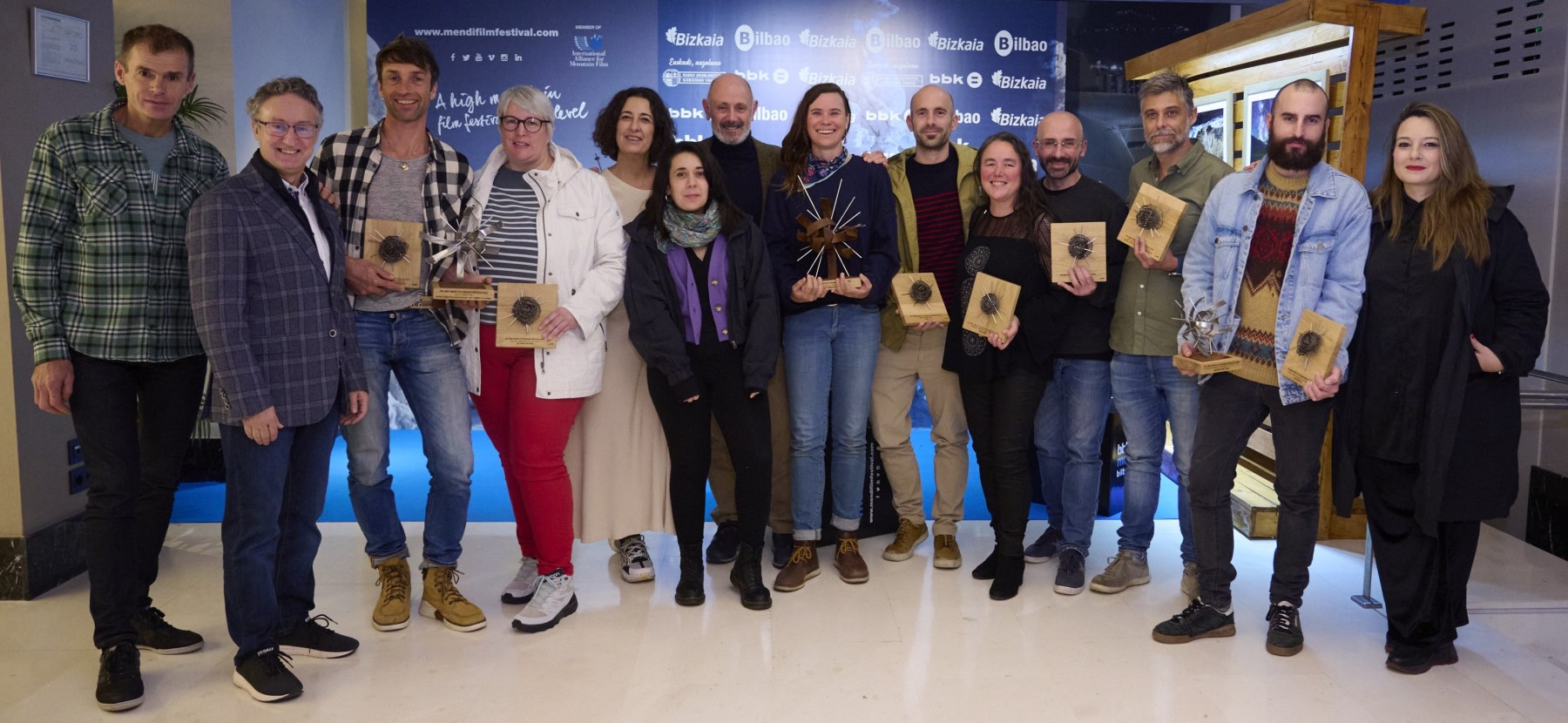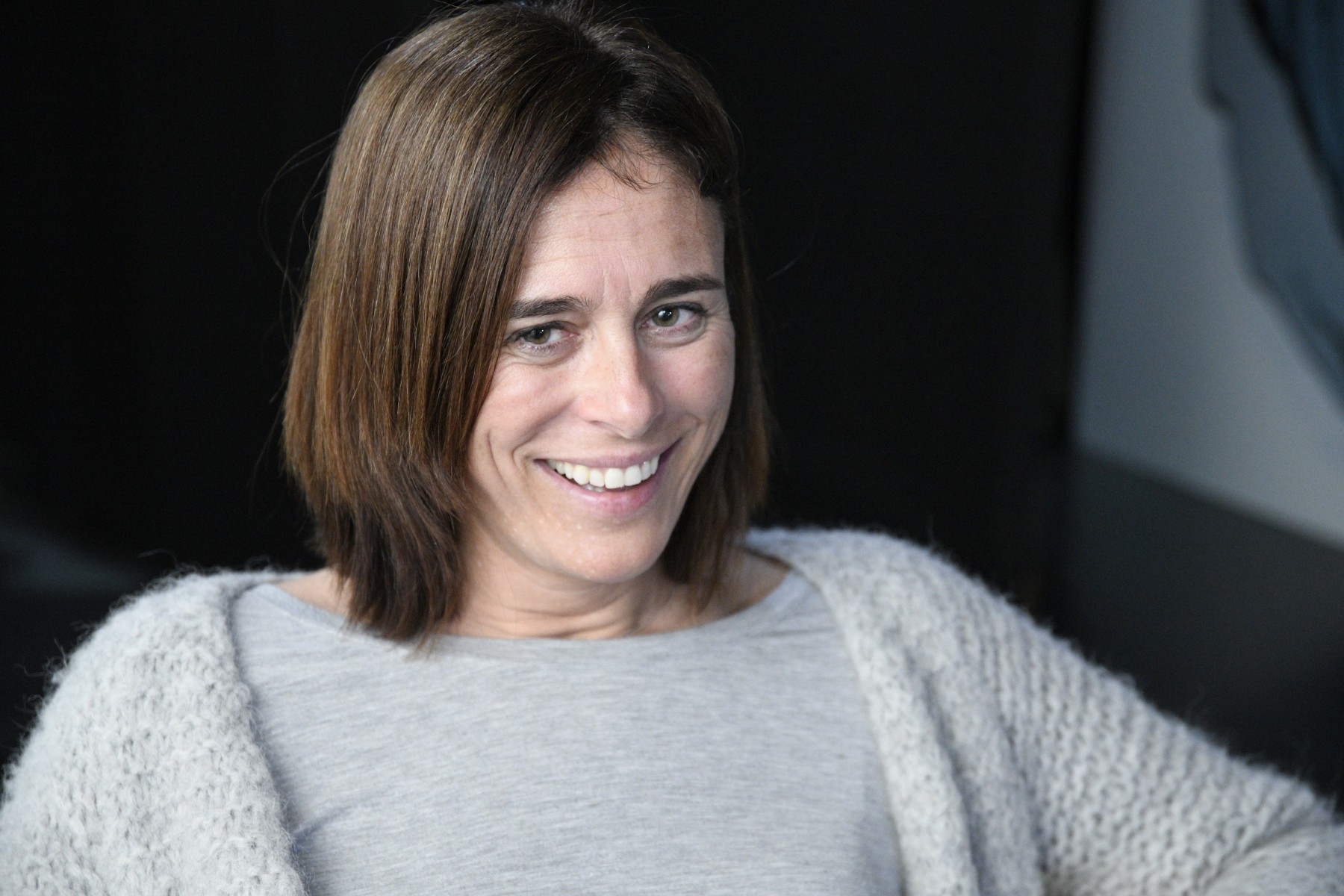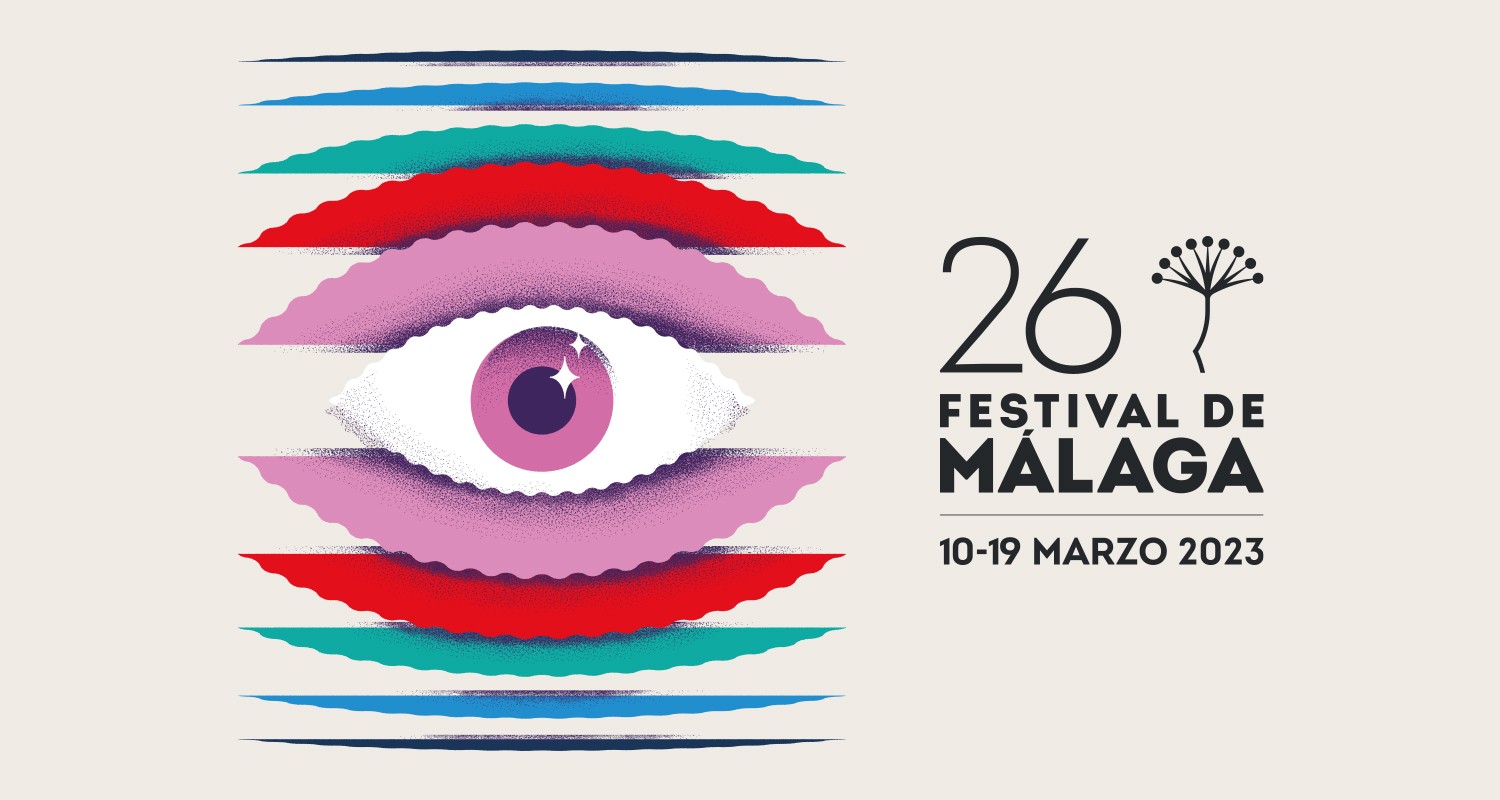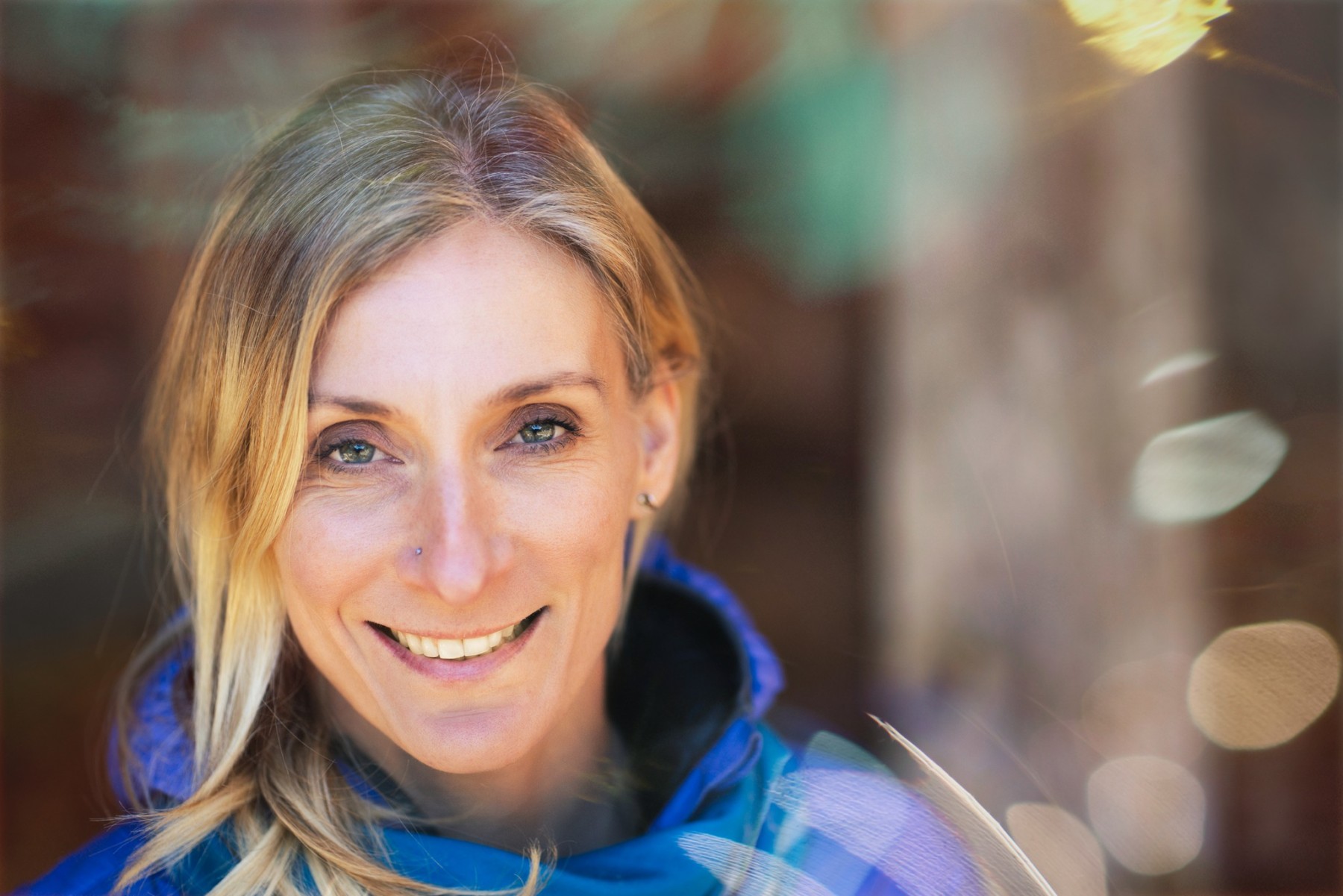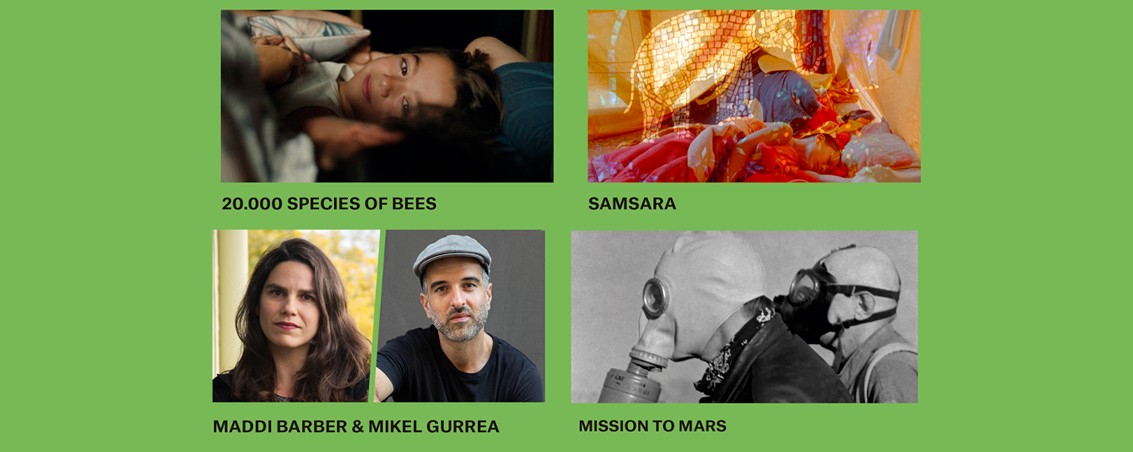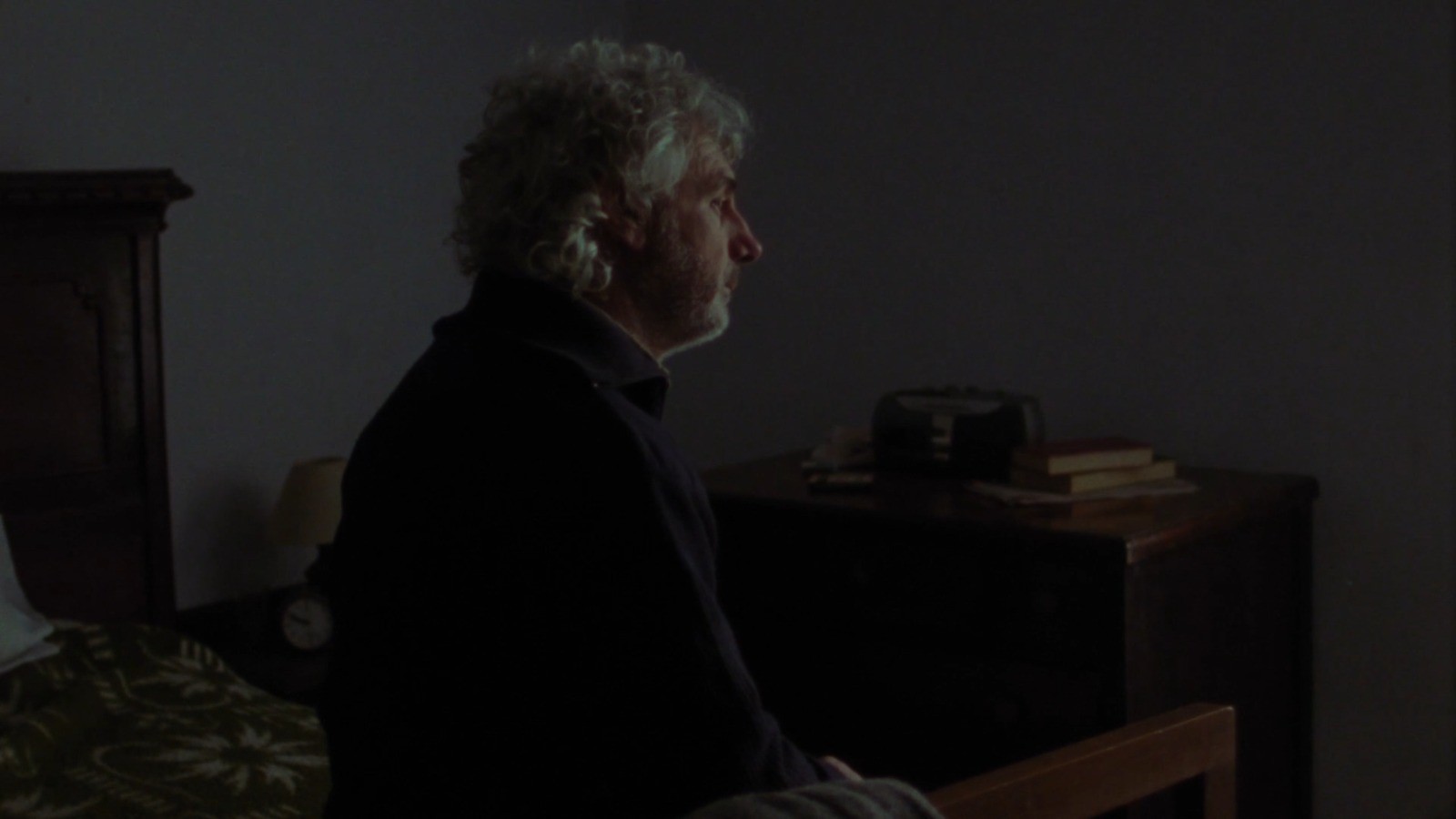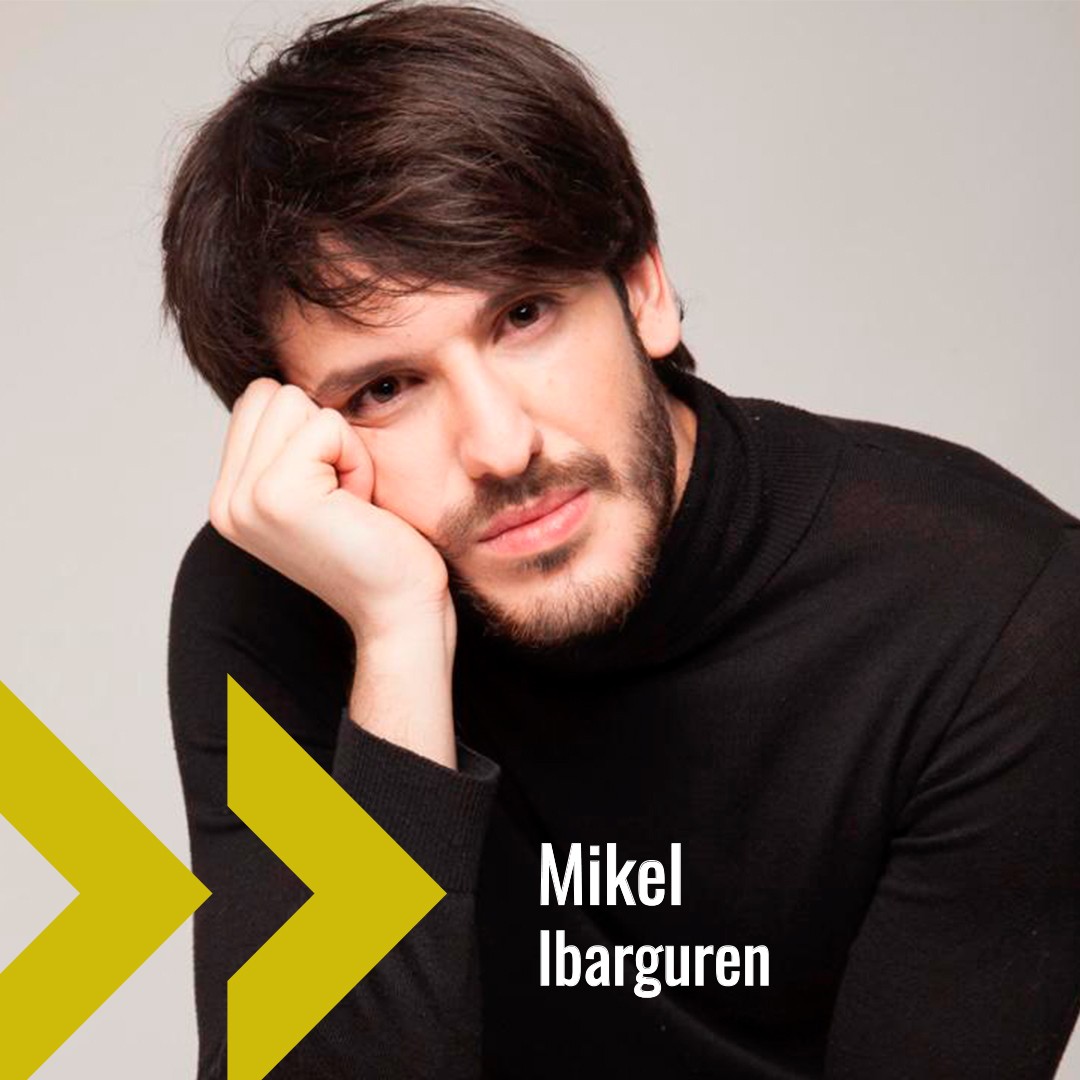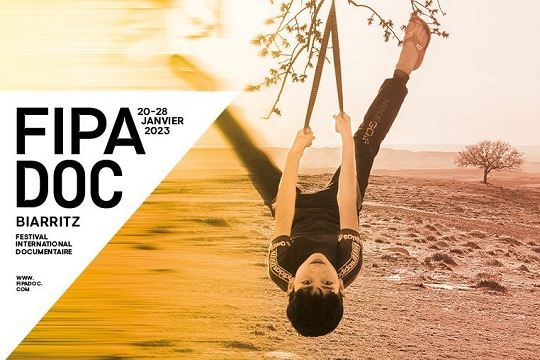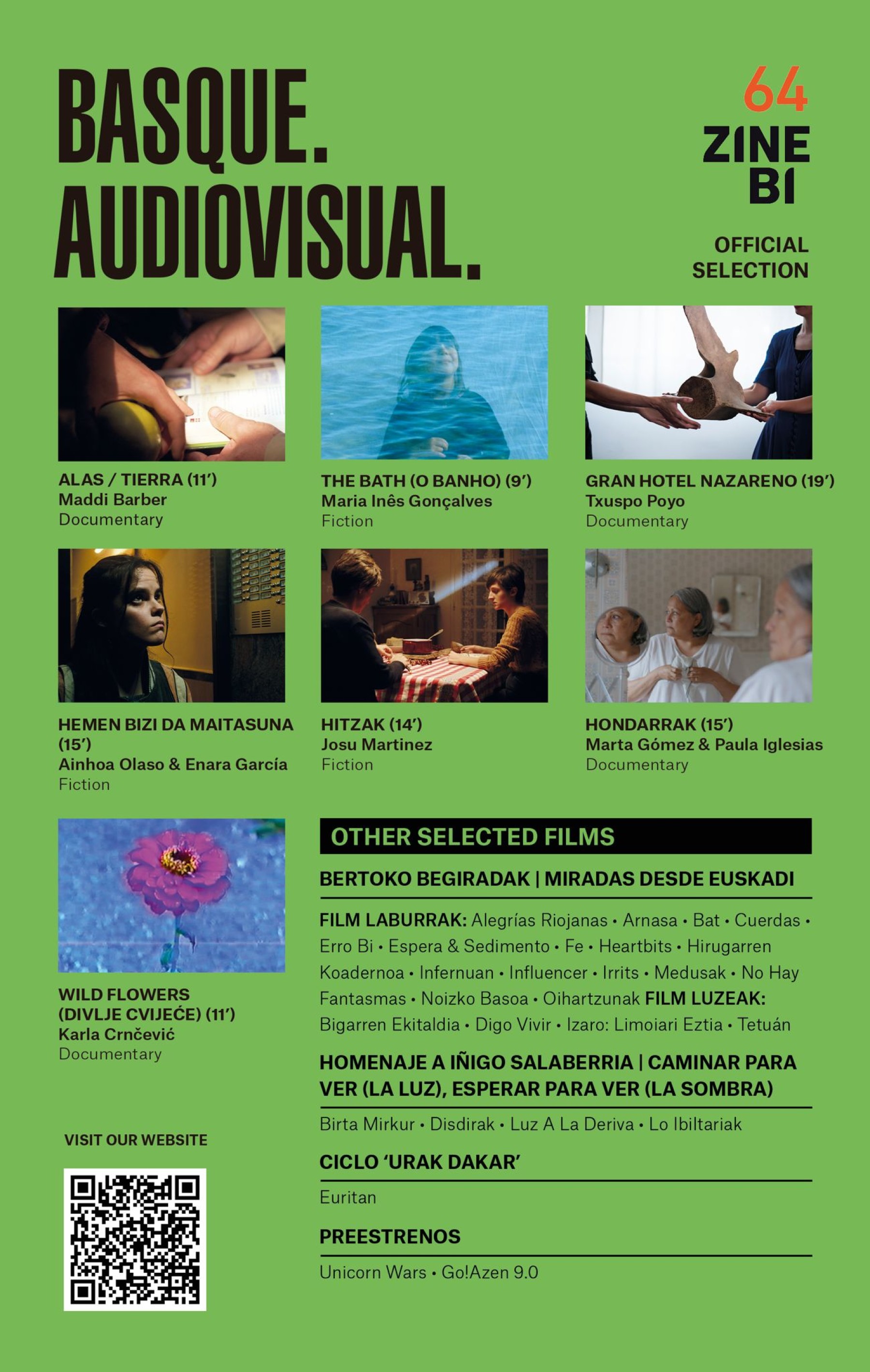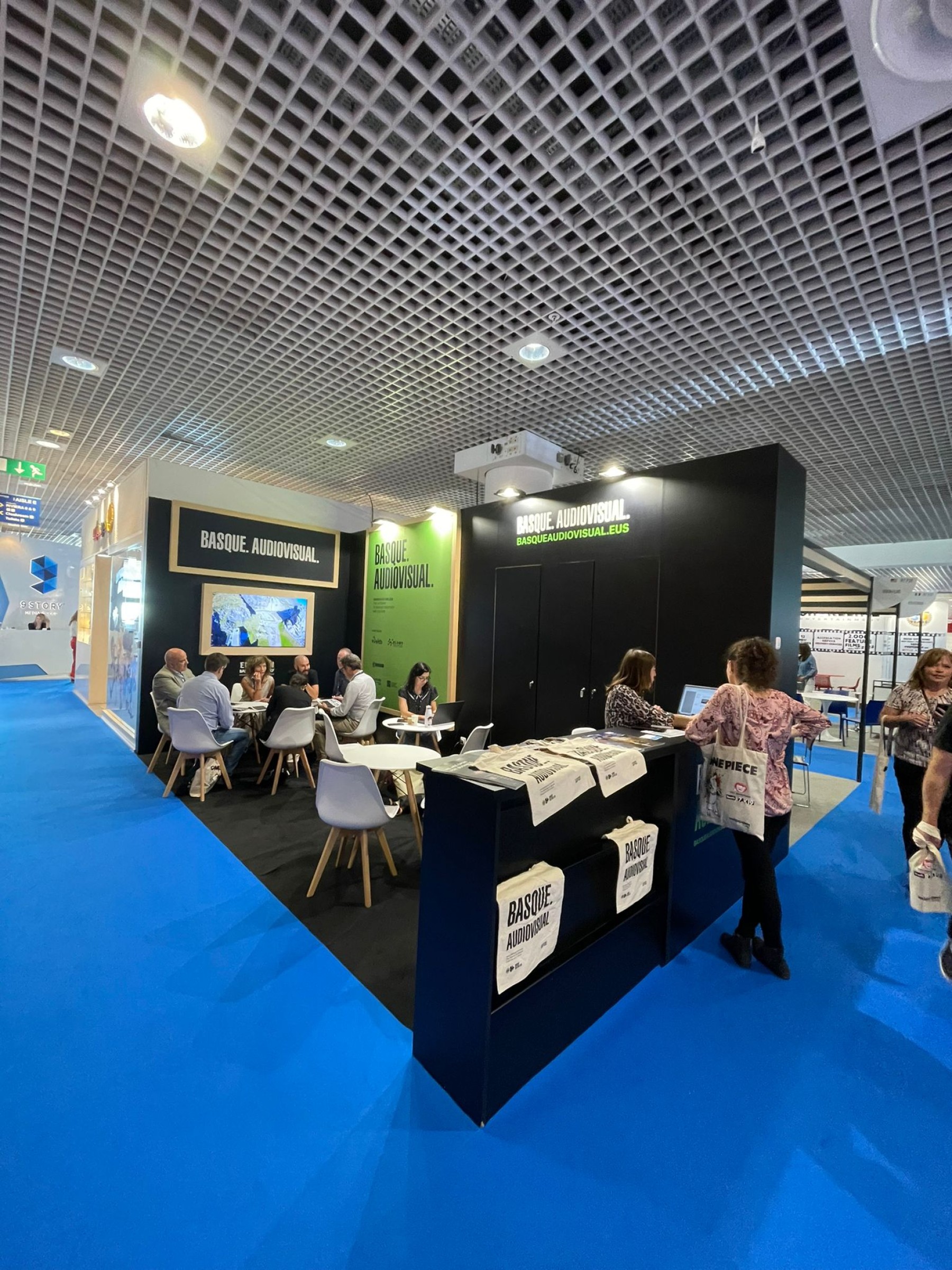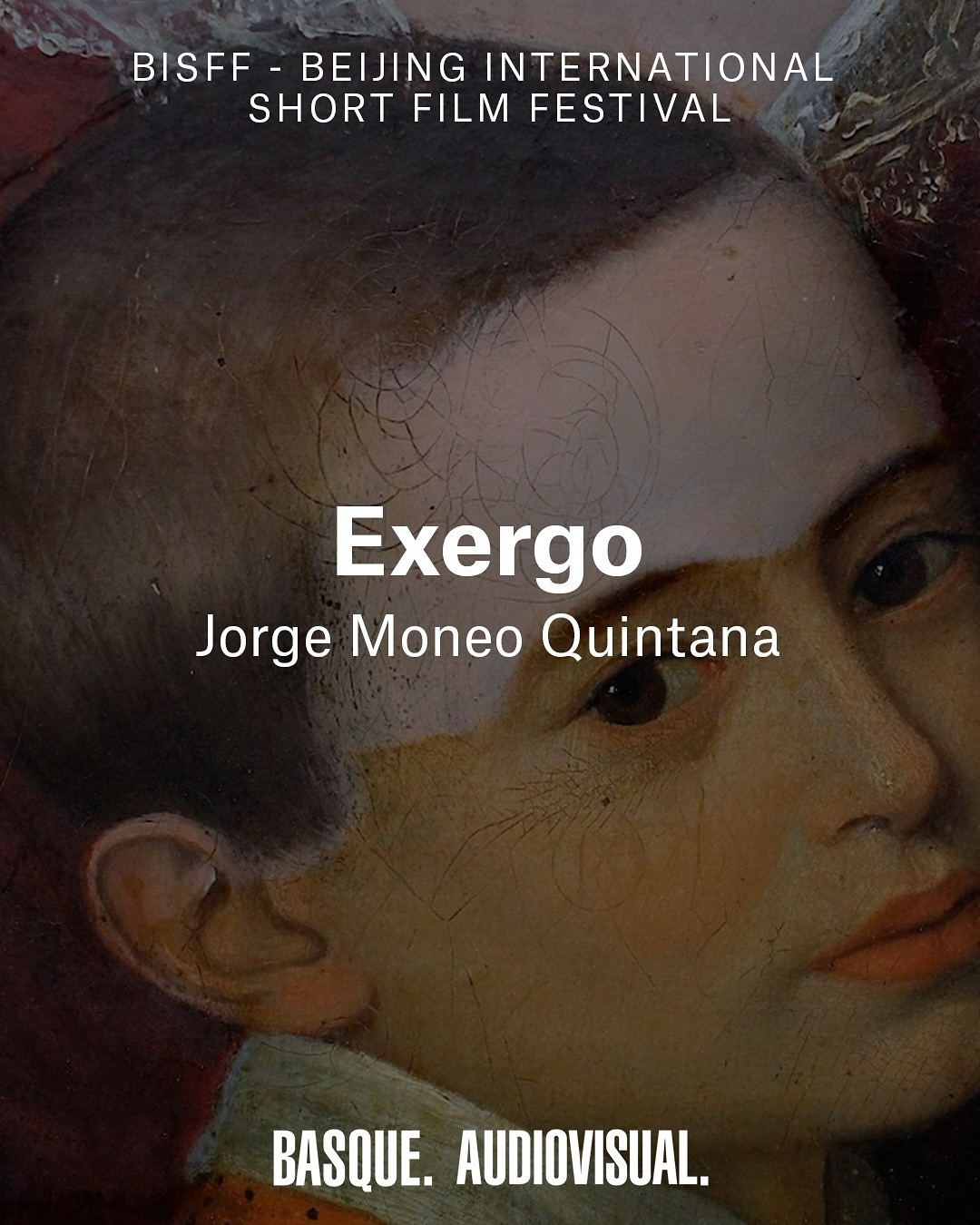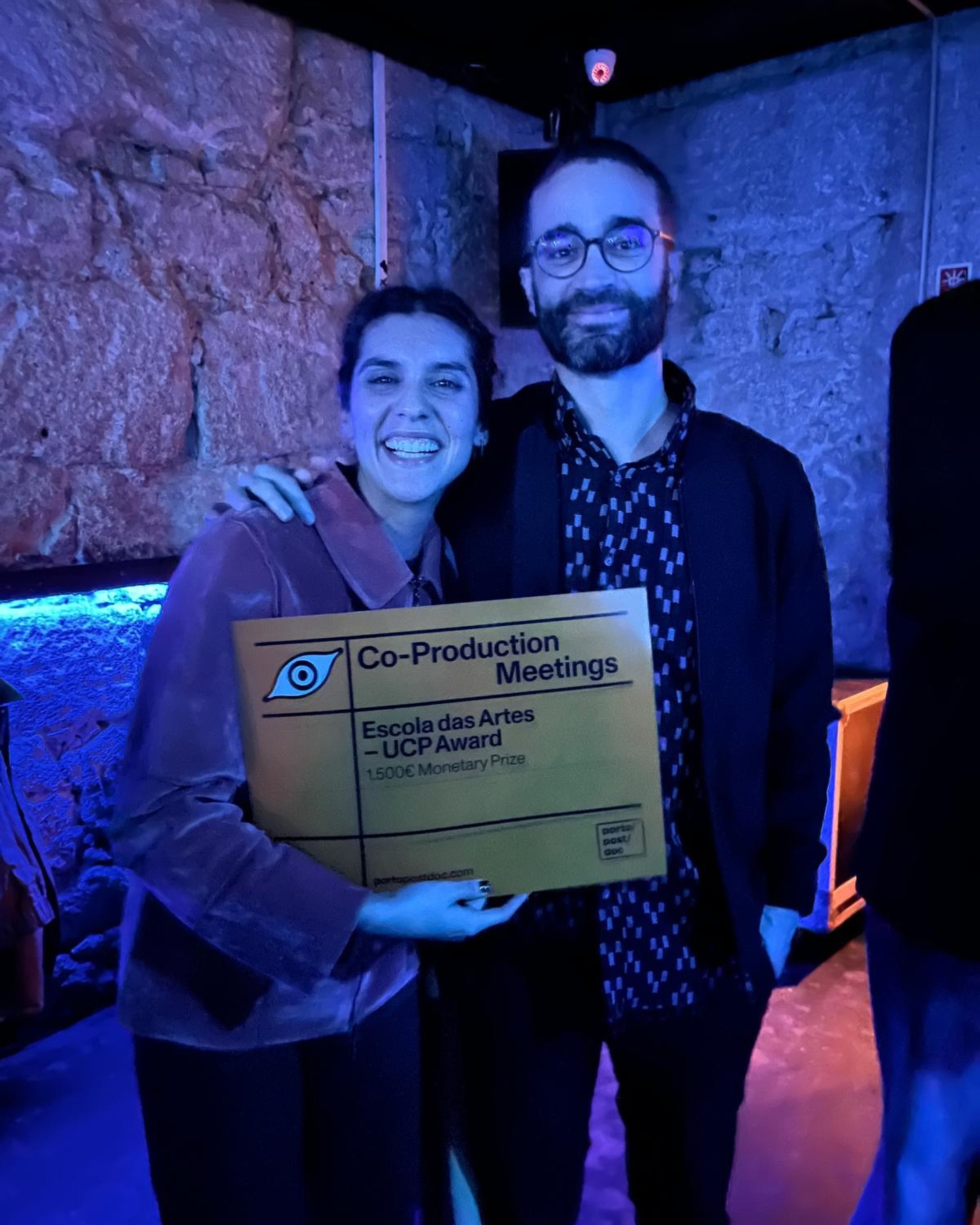2025-02-05
“Playing Ismael has been a deeply emotional challenge; I have felt firsthand the full weight of the moral responsibility he refused to bear”
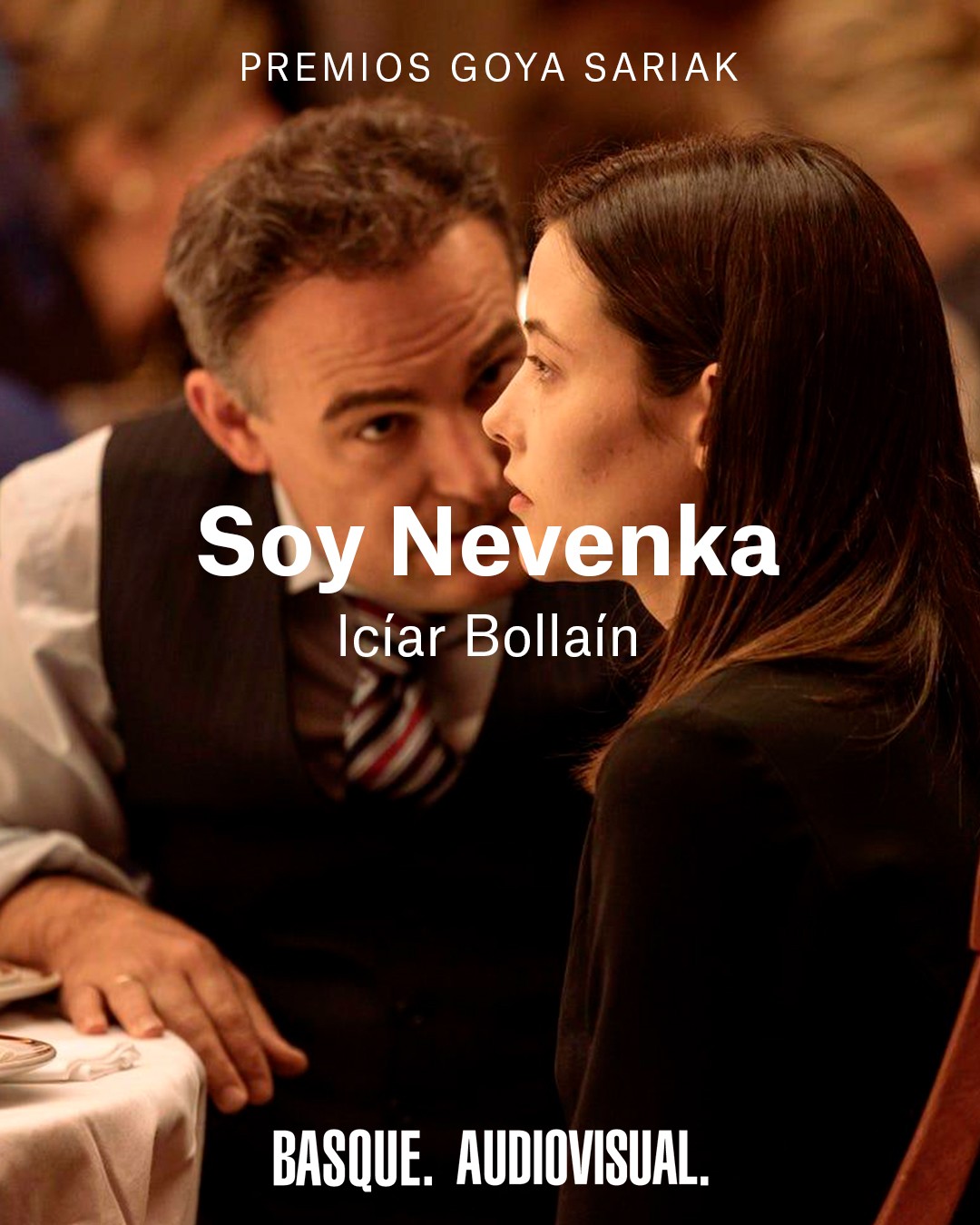
After winning the Goya Award for Best Supporting Actor in 2022 for his role in ‘Maixabel’, Urko Olazabal is once again among the nominees, this time for ‘I’m Nevenka’. His brilliant and powerful portrayal of Ismael Álvarez, the former mayor of Ponferrada convicted of sexual harassment, has earned him a nomination for the Goya Award for Best Leading Actor.
We spoke with the Bilbao-born actor about his nomination, the challenge of bringing such a complex character to life, and everything he has learned from this film.
First of all, congratulations on your nomination! How did you receive the news? Were you expecting it?
The truth is, when the media unanimously give positive reviews of your work and mention you as a potential nominee, you start to get your hopes up and expect it to happen. I was watching the announcement live with my wife, but until you actually hear your name, you can never be sure. Then, after the initial shock, you check it a hundred times between laughter and tears.
I suppose it must be gratifying to see that the Academy members appreciate your work…
With everything being produced in our country, a nomination is something truly exclusive, something every actor dreams of. Feeling that recognition from the industry is a deeply fulfilling experience.
This is your second nomination. How does it feel this time around?
I’m definitely much more relaxed than last time. Having a Goya at home makes a difference. Back in 2022, the awards season took us completely by surprise, and we had to quickly learn the ropes of red carpets, photocalls, and all sorts of events. Now, we feel much more at ease with it all, so much so that we’re heading to Granada a few days early to enjoy the city.
This is also your second nomination for a film by Icíar Bollaín. It seems like there’s a great connection between you two.
Without a doubt. We’ve worked on two films together, which has brought us closer both artistically and personally, leading to a friendship and mutual admiration. This trust allows for a very direct creative dialogue, where I can explore forms of expression that aren’t usually natural to me—always under her guidance—with effective results.
How did you approach such a complex role as Ismael?
We only know Ismael through his public persona—his interviews, videos… These gave me insight into his outward expression. We decided to incorporate that visible energy into the character, but rather than simply imitating him, we aimed to give him more recognisable, universal traits.
To build his private world, I studied psychology manuals on abuse, harassment, and mistreatment. I realised I had to strip away all empathy towards the victim. This process helped me understand the common behaviours of this psychological profile—so well captured in the script.
It soon became clear that this role would be an immense emotional challenge, forcing me to bear the moral responsibility this man had refused to take. But as an actor, you must never judge your character, so I tried not to take him home with me. Still, as the weeks went by, I found it impossible to switch off until filming ended. That’s when you realise you’ve lent your body and mind to the character—he has inhabited you. No matter how tough the process, this physical and emotional toll is ultimately a profoundly rewarding artistic experience.
Although the character is called Ismael, the truth is he portrays situations and actions that we can see reflected in many people.
That was our intention—by reflecting these situations in both characters, we aimed to raise awareness about harassment. We all know the term "harassment," but we don’t fully understand what happens behind the scenes. In the film, we experience, chronologically and in first person, what a woman who is being harassed goes through. And who is the harasser? It could be the person you least expect. Having certain behaviours like this character doesn’t automatically make you a harasser, which is more of a psychopathic pathology, but these are inherited sexist behaviours that most men find uncomfortable. That’s why the aim of this character is not only to tell a story, but also to serve a pedagogical purpose—encouraging us to self-reflect and take immediate action to end the inherent misogynistic violence in our society.
I understand that in roles like the one you play in ‘I’m Nevenka’, it's also important to build a sense of closeness and trust with your co-star, in this case, Mireia Oriol…
Anyone who watches the film feels a strong sense of discomfort towards what Ismael does to Nevenka, and I knew this from the moment I read the script. That’s why I decided to call Mireia months before shooting, so she could get to know my lifestyle, my family, and feel assured that my intentions were purely artistic and professional. This way, we created a working environment free of any insecurity; on the contrary, our emotional bond helped us during the more challenging moments. This closeness fostered a friendship that we still nurture and maintain today.
Has playing a character like this helped you personally in any way? I imagine every role leaves a small mark, a lesson for you…
Yes, this character has taught me to understand how a harasser thinks and why they do what they do, for various reasons. It’s shown me how a manipulative mind works. It’s also helped me understand how a victim feels, and my empathy has led me to defend them socially, speaking out whenever I observe, hear, or sense any misogynistic behaviour, abuse of power, or similar. I’ve never been able to tolerate injustice, and now I feel I have more understanding. The impact this character has had on me has been positive—straight after finishing the film, I went to my therapist to process the emotional impact and address any potential aftereffects.
Do you think the film can help people understand situations of harassment that, perhaps, are still normalised in our society?
Yes, absolutely. Isa Campo and Icíar were very aware of this, which is why the script addresses moments that many in society still don’t fully comprehend. Why doesn’t Nevenka just leave if she’s suffering so much? The pressure exerted by a manipulator and their subsequent harassment creates a "gaslighting" effect. This is something common in harassment victims, where they don’t understand why they keep stumbling into the same situation over and over again, because their abuser has disoriented them, making them question their own reality. It’s something as silent as it is invisible, almost like a trance. The abuser psychologically breaks them down by isolating them, robbing them of autonomy and the ability to react, to the point where they feel ashamed of themselves and so guilty that they can't even tell their story, let alone report their abuser, who may not even leave clear evidence of the mistreatment.
Another significant issue that’s normalised is consent. After repeatedly being rejected, Ismael decides to kiss Nevenka. She feels emotionally manipulated into owing him and, in an effort to please him, returns the kiss. From that point, her torment begins. She didn’t consent; she violated herself in an attempt to please Ismael. I believe women need to unlearn the notion of pleasing men, and men need to ensure there is clear consent. Abusers completely disregard these moral boundaries.
Many of us believe it was important to address and make visible a topic and case like this, to spark a debate...
I believe so too. We live in a country divided by an issue that seems to have more or less legitimacy depending on the political sensitivity of the person viewing it. It’s shameful that we are not all standing with the victims, united in the fight against misogynistic violence and the rape culture. Recent events, such as the behaviour of Judge Carretero in the Íñigo Errejón case, make it clear. It’s so horrifying that it leaves countless victims, already ashamed with this sense of guilt, without hope. How are they supposed to feel protected by justice? However, there are those who think the judge’s actions were acceptable, as he didn’t just make a statement but violently interrogated Elisa Mouliaá, causing significant re-victimisation. As a parallel to the film, what happened in reality mirrors what Nevenka Fernández suffered at the hands of Prosecutor Ancos back in 2002.
Although fortunately society has evolved and we no longer live in 2002, there is still a long way to go, isn’t there?
It’s incredible how quickly, in such a short time, social media accounts have multiplied where women can report publicly and socially, so they don’t feel alone. That’s where we’ve changed—some of us have become more aware and we believe the victim’s version, just as we did with the victim of "La Manada," with the motto “sister, I believe you,” or the massive support for Jenny Hermoso. Let’s remember that Nevenka Fernández faced it alone and had to leave the country due to the unanimous harassment from the media and society, even though she was the one bringing the accusation, the victim who reported Ismael Álvarez. Every case that is reported on those social media accounts is worse than the previous one, where friends and close family members are the most common and repeat offenders. There are more of them than we think; they don’t wear balaclavas or wait in the darkness of an alley. They assault in broad daylight, thinking they’re untouchable and undetectable because they’ve fine-tuned their modus operandi. Yes, we need to debate, but we also need to report them publicly to remove them from circulation and prevent them from creating more victims. There’s still more to be done, more of a journey than we think.
Looking to the future, what other projects are you working on? Can you give us a hint?
I can’t share too many details due to privacy conflicts, but I can say it will be a feature film in Basque that will be shot in the Basque Country. Additionally, I’m following a strict diet to lose weight.




